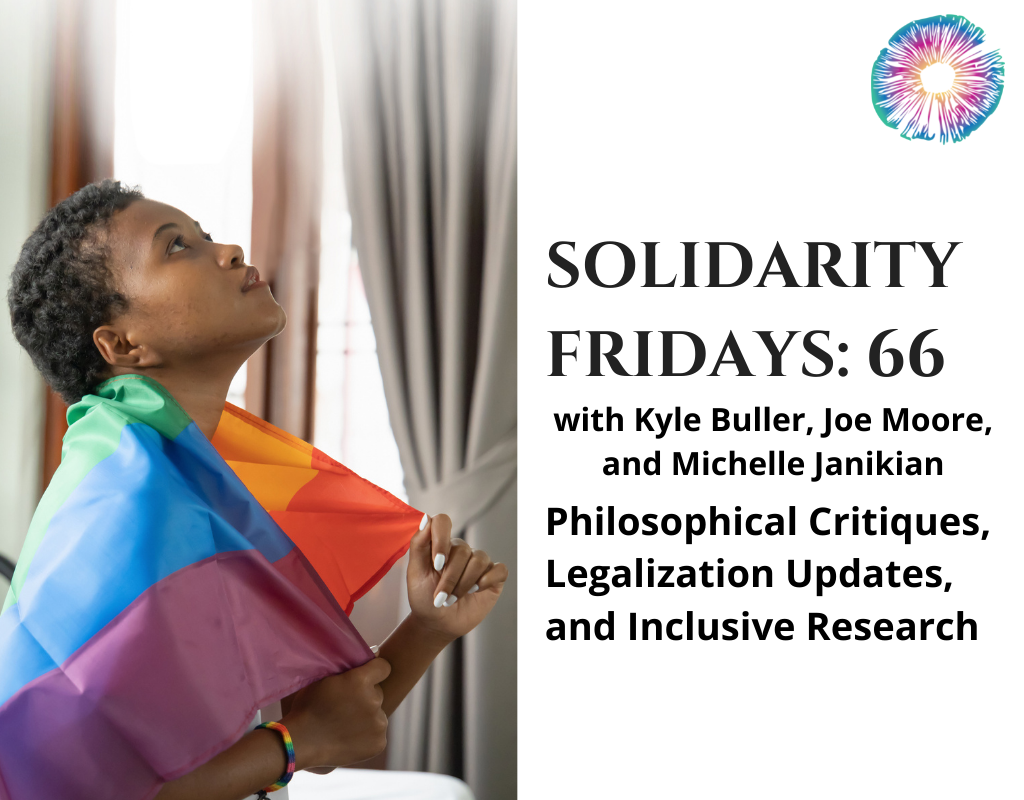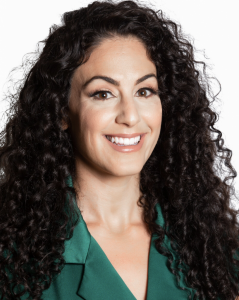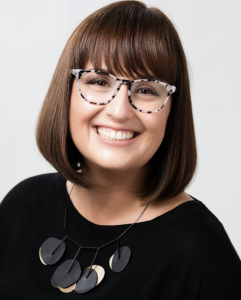Davidson explains how he entered politics at nineteen and how his professional path merged with psychedelic policy work during the 2021 Texas legislative session. Through that first bill, he saw how science, bipartisan cooperation, and strong local leadership could advance major reform.
In the middle portion of the episode, Davidson breaks down the strategy, challenges, and promise behind ibogaine research and state-based policy innovation.
Davidson also explains why removing the psychedelic experience from the molecule remains controversial and why many researchers believe the full experience matters.
He also encourages listeners to join or build local organizations, since nearly every major win comes from people who live in the state pushing from the ground up.
Ibogaine has cardiac risks that require medical screening and careful monitoring. Researchers stress that safety improves with proper protocols and more clinical data.
Many special operations veterans report major benefits for traumatic brain injury, PTSD, and addiction. Their stories have driven political momentum.
States like Texas are funding clinical trials, drug development, shaping policy, and exploring revenue and access models to support long-term public health benefits.
New federal interest, including major grants and bipartisan discussions, suggests that broader support may be coming in the next few years.
Transcript
Joe Moore: [00:00:00] All right, here we are everybody. Thanks for tuning back into psychedelics today. Today I’m joined by Logan Davidson from Texans for Greater Mental Health and a few other projects. Logan, how you doing today? I’m doing well, Joe. How are you doing man? Lovely, lovely. So, um, we just had the chance to meet in person at the recent, um, I BGA Summit, I’ll call it for short, in Aspen.
Joe Moore: Um, and that was lovely, but we had a chance to connect online a few times before, which is great. Um, big fan of your works and thanks. Thanks for joining us today.
Logan Davidson: Yeah, absolutely. It was, it was great to finally meet you in person. I’m a big fan of your work as well and, uh, you know, it’s, it’s been fun before and after the Aspen meeting, listening to all the different names that we’ve all given at the Aspen Summit.
Logan Davidson: Aspen. I began meeting 2.0, uh, what’s the title? I think technically it was Aspen. I began meeting 2.0. Aim 2.0 is, uh, is what I saw around a lot, but also maybe that’s a OL Instant Messenger 2.0 and we’re gonna reenter [00:01:00] the nineties. You know,
Joe Moore: uh, there’s ways in which that was more pleasant, but who knows? I dunno if I can go backwards.
Joe Moore: Yeah, I know. So, um, excited to have you here and before we really kind of dig into you as an individual, can you give us a high level of, of, um, the. Groups and projects you’re working on right now, and then we’ll kinda like dig into you as an individual.
Logan Davidson: Yeah, absolutely. So I’m the executive director of Texans for Greater Mental Health.
Logan Davidson: We’re obviously a, a Texas-based, Texas focused education and engagement and advocacy organization, which just means that we wake up every day and figure out how to advance psychedelic medicines in Texas with a science led research first approach, which aligns really well to the, the, the psychedelic political climate in the state of Texas.
Logan Davidson: I’m also the legislative director for Vets Veterans Exploring Treatment Solutions, Marcus and Amber Capone’s organization where I get to work in concert with my colleague Khe Kja, um, on all things policy and advocacy. I do a lot of state work, [00:02:00] um, and have been really fortunate to get to work in North Carolina with Gina Georgio in the North Carolina Psychedelic Policy Coalition, Hawaii, the Clarity Project with Ashley Lukins.
Logan Davidson: Um, uh, I’m through vets involved in launching Valor, the Veterans Alliance for Leadership Outreach and Recovery, which is a project founded by Vets, Navy Seal Foundation, green Beret Foundation, and Wounded Warrior Project focused on federal advocacy. And then I serve in, uh, you know, an amorphous, uh, someday to be determined advisory role with Americans for Ibogaine, bringing the wisdom and lessons that we learned in Texas forward for them to use in in other states and across the country.
Joe Moore: Right on. One of the, one of the fun things I kept hearing in Aspen was, how do we get our own Logan? I gotta think that’s funny. But I also, for you, but I, I also have to think like, oh my God, my heart’s gonna explode ’cause I’m, you know, not getting enough rest. ’cause I’m doing so much and it’s not just, you know, you working in Texas, you’re working all over the place.
Joe Moore: Right. So it’s, um, [00:03:00] yeah, it’s gotta be exhausting. So, to get into that point, how did you, how did you get here? How did I begin? Inter psychedelics come into your radar is something you wanted to work on.
Logan Davidson: Yeah. Um, uh, it’s funny you mentioned the Harken explode thing. I’m, I’m very ready for the holiday. Um, but it is, you know, if you love what you do, you never work a day in your life.
Logan Davidson: Um, and I, and I do love what I do, and I, and I don’t think it has felt like work, uh, yet. Although, you know, someone, something’s gonna happen in the next year to challenge that theory, I’m sure. Um, I got into this, I started my career in, in politics and especially legislative politics, uh, when I was 19 years old, um, in 2014 working.
Logan Davidson: Interning in local congressional offices and then working on my first campaign for a member of the Texas House, and then fell in love with that and just basically committed my entire life to, to politics and, uh, legislative service, both at the state and federal level while that was happening. You know, obviously, uh, like a ton of other people, I had my own mental health struggles, major depressive disorder and, [00:04:00] and suicidal agent was just a feature of my life for a really long time.
Logan Davidson: And then when I was in college, I came to learn a little bit more about psychedelics, um, the way that they can help with that, especially, uh, the way that they could help veterans with PTSD and other conditions. My brother deployed to Africa when he was in the Army, um, serving in a civil affairs team. And so that was very personal to me.
Logan Davidson: And so I had kind of these dual tracks and it really was, you know, my career. And then I, I was deeply interested in psychedelics and especially psychedelic medicine. Learned about the research happening at Hopkins, um, and never really thought that these two things were gonna cross into one kind of, you know, mission path.
Logan Davidson: But in 2021, I went to work for state representative Alex Dominguez, um, who it, you know. If you’ve ever seen Charlie Wilson’s war, there’s this phenomenon where this congressman who you know, is of no relative importance, I think is what they say in the movie trailer, but he happens to sit on every single important committee to get what he was doing done.
Logan Davidson: And that was Alex. He was on the appropriations committee. He was on one of the calendars committee. He was a vice chair, he was a leadership, he was [00:05:00] a former prosecutor, um, who himself had been really interested in this. He had two siblings, um, who served. And uh, he decided to file a bill to see if we could start a conversation on psychedelics.
Logan Davidson: And that was HB 1802, which went on to be the first psychedelic research legislation passed in the country. Um, almost first piece of psychedelic reform legislation passed in the country. But Connecticut beat us by, by just a little bit and huge credit to Jesse McLaughlin for getting that done. Um, but so we passed that bill and that was the most important thing I’d ever done in my life up to that point.
Logan Davidson: And I knew that, you know, even while we were doing it, we all knew this was the biggest thing we were potentially ever gonna work on. You could spend 80 years and never work on anything that’s gonna be as significant as. And then about a year and a half later, I was recruited to, to come work at Texan or Greater Mental Health by the founder Eric Cosar, uh, who also brought Alex onto the board.
Logan Davidson: Um, he brought Lynette Avril, the researcher from Baylor College of Medicine, um, who, who was leading the 1802 trial and was our subject matter expert onto the advisory board. And the theory was. If there was a team that got this done in [00:06:00] Texas, so let’s try to get as many people on that team back together and go keep on doing it.
Logan Davidson: And um, that was, uh, almost three years ago, uh, to the day pretty close that I had that first conversation with Eric. And it’s been a whirlwind ever since. Joined the vets team after that, got to work in a bunch of other states. Um, and yeah, it’s, it’s a really amazing thing to get, to be able to work on your passion, um, to feel like you’re doing good in the world and, and helping people, which is nice.
Logan Davidson: Not always something you get working in politics and especially in a state legislature. Um, and that I get to, you know, it’s an emerging space for the most part, especially from my side of the world and the, and the political legislative world. You don’t really get to do anything new. The, the boundaries already exist and you’re just playing within this, this field.
Logan Davidson: But with psychedelic medicine and psychedelics broadly, you’re essentially, you know, paving your own road. You’re, you’re planting the sod of your own green, green field. So it’s a really exciting place to work.
Joe Moore: Yeah. It’s not at all like, um. A lot of other traditional fields where there’s a hundred plus [00:07:00] years of history.
Joe Moore: Um, yeah, we’re dealing, well we have a lot of history here, but Right. Yeah. Yeah. We have a lot of like new ground in terms of legislation and ways in which we could see this play out and we can have a lot of impacts here, um, for good and bad. Yeah, absolutely. You know, I think one of the better things we all have going for us here is that we all care that this is done well and Right.
Joe Moore: And, um, while we might not agree on particular, sometimes we’re all working towards what we think is the right thing, which, you know, what could be better than that? That’s right.
Logan Davidson: Yeah, yeah, yeah, yeah. The common cause is great and uh, it is always one of the things I really enjoy about some of the conferences and summits we get to go to, um, Aspen didn’t account as much because everybody was so iboga focused, but you’ll get someone who’s ardently decrim and opposes medicalization and someone who’s ardently opposed to decrim and only wants medicalization.
Logan Davidson: And you’ll just see them off in the corner, you know, excitedly talking to each other about how they’re wrong and you’re wrong. And here’s my vision for it. And I [00:08:00] think, I think the right answer and where great things come is from, from the middle of that tension. You know, you gotta have the two opposing viewpoints.
Logan Davidson: You gotta have the whole spectrum. Get everybody together, have some conversations, and figure out what the best path forward is. And that’s also like our philosophy for state advocacy. Every state’s gonna do what’s right for that state, and then the federal government gets to look and pick and choose what they think worked best and, and ditch what they think didn’t work.
Joe Moore: Yeah, it’s fascinating. So, um. Was there a particular angle on the Ibogaine story that made it seem like a really compelling substance to be working on?
Logan Davidson: Um, yeah. I mean the, the relationship, the special operations community has to ibogaine. So, um, that Sila seven bill we passed in 2021. You know, Marcus Capone was one of our key witnesses.
Logan Davidson: Morgan Latrell was a key witness for us. They all were essentially telling the story of Ibogaine. You know, we never, if you, if you go listen to their testimony, none of them ever say it was psilocybin. It was [00:09:00] iboga, it was just, it was psychedelic assisted therapy. But even then, all those years ago, I knew this was headed towards iga, whether it’s four years or 40 years.
Logan Davidson: The psychedelic space is gonna get to Ibogaine, and it’s an incredibly powerful medicine, obviously. Um, the impact on the brain is incredible, especially traumatic brain injury, it’s ability to resolve opioid withdrawal syndrome. And so it’s, it’s powerful. The stories are incredibly compelling, but really I think the thing that made it most compelling to legislators and then, and then obviously made it the vehicle for which I would do a lot of work as the relationship the special operations community has to it.
Joe Moore: Yeah. Um, so. I guess let’s characterize the substance for a little bit. So it comes from Africa, generally speaking. Right? We’ve actually found Iboga in some South American plants. I’m sure you’ve kind of heard rumor of that here and there. Mm-hmm. Which is, which is interesting. Um, you know, Pangaea and all, but I think, yeah, exactly.[00:10:00]
Joe Moore: I think there’s some interesting conversations to be had around, like, where does it come from? How do we, how do we become fair, um, to the people that had this before? And what I loved about the Aspen meeting was that the, um, blessings of the forest crew was there. Um, and they’re kind of a group that’s really helping get some sort of reciprocity.
Joe Moore: And you and Brian really insisted that you’re gonna work really hard to make that happen. Can you speak about that a little bit?
Logan Davidson: Yeah, yeah, absolutely. It, um, you know, as, as we said in. Aspen. Um, no one has the right answer on that on that point yet. There’s a couple of layers to it, right. Just thinking about like the Texas project, um, setting aside Texas’s politics for a second, which definitely played a role in how that bill came into being, but it’s, it’s FDA approved clinical research, FD approved DEA license clinical research, which to date, broadly speaking, is synthetic only.
Logan Davidson: Right? There’s some exceptions. You have Dr. Sicily, um, who successfully sued the DEA. There’s like some limited exceptions, but the general rule, if you’re doing clinical research, it’s gotta be synthetic. So there is an [00:11:00] inherent incompatibility between the way these medicines work and the way that both like our community in the United States and the international psychedelic community kind of interact with these medicines in this world in the way that like our medical system can fit it.
Logan Davidson: So there’s an ongoing. Process, uh, you know, and I, I only just kind of dipped my toes in at the federal level, but from advocates who are trying to change the FDA’s attitude on that at least creates some sort of exception where you are allowed to do natural or semi naturally derived, um, nonsynthetic substances.
Logan Davidson: Uh, so that’s one track. I think the big key is not only reciprocity though, um, and making sure that we honor where it comes from and that, you know, uh, we try to try to not be exploitative the way that that folks have been for so many generations and centuries, but also to tap into the wisdom, right? Uh, Joseph Parlia, I think, speaks really, really well on this.
Logan Davidson: Um, but it’s, you know, you’ve got some western medical practitioners who are gonna come in and this is gonna be their very first experience with Iboga or a substance [00:12:00] like this. And they’re gonna try to identify the best practices and codify those and publish them. And Aetna will provide reimbursement for that and everything.
Logan Davidson: And then you have folks in Gabon. Who have been working with this medicine for centuries, generations who have a deep inherent wisdom, who understand how it works. They may not understand how it works in the terms of, you know, biological chemistry or anything like that, but they can explain it from a spiritual perspective.
Logan Davidson: And also I think from a practical perspective. So part of it is obviously the reciprocity, right? But also, you know, within that is not only financial reciprocity, but also hopefully for, for those of us in the west, uh, you know, sort of a wisdom reciprocity and a cultural reciprocity as well.
Joe Moore: Yeah, it’s gonna be really fascinating and interesting to see how we can do some sort of like, um, cultural exchange there and actually learn from them.
Joe Moore: I’ve got, you know, I’ve got a lot to say on it, but let’s not do that here. Yeah. So, um, let’s see. So famously Texas put in a lot of [00:13:00] money. To this kind of, um, project to develop Ibogaine as an FDA approved drug. Can you give us a little bit of that story? Like what, what happened there?
Logan Davidson: Uh, yeah. Well, um, the, the story of Texas putting in the money, there’s a thing that happened a long time ago and then we fast forward.
Logan Davidson: So, uh, over a hundred years ago, they struck oil at Spindletop and Texas’s Wealth as a state skyrocketed. Relative to everything else. And that’s a really important factor because we were able to get what we got done in Texas because Texas was sitting on a really significant budget surplus. Um, it wasn’t opioid settlement funds, it wasn’t out of this dedicated research fund.
Logan Davidson: Texas had just, we’ve collected more money than we thought we were going to over the past few years. We had tens of billions of dollars in surplus funds. So coming and asking for the appropriation was really interesting. ’cause at no point in the process did anybody say, we can’t afford this. There were plenty of people who said, you can’t have lots of money to research your, your African psychedelic, you know, what are you talking about?
Logan Davidson: But no one [00:14:00] said, oh, we can’t afford this. And that’s a stark contrast to some other states that are supportive of psychedelics that don’t have the same budgetary position that we do. So that’s an important kind of fact and a factor in what played out. Um, the, the story of the Texas IGA initiative is actually quite an efficient story.
Logan Davidson: Um, it all started last summer. Um, governor Perry and a few other people engaged Brian in a conversation said, you’ve been working on, I began in a bunch of other states, we think there’s an opportunity in Texas to do something big. We think this, this should be the big thing that we do. Do you want to come do this?
Logan Davidson: Um, that’s when Brian and I connected late summer in the early fall. There was one big in-person team meeting in October, uh, and then it was off to the races and you had this big. Coalition that ebbed and flowed and grew over time. Um, uh, you know, you had the Rogan podcast, we got the bill filed. Like all of these things kind of come together.
Logan Davidson: And then another important thing is Texas is in legislative session every, every odd number of year for 140 days. So, you know, the [00:15:00] conversation started last summer, 12 months basically from when that conversation started. We were gonna be at a time. Working on this. And so it was a really rapid, you know, bringing together of folks.
Logan Davidson: You know, Lynette Avril was back involved, uh, who helped pass HB 1802, the V-M-H-L-C was at the table. Um, Brian obviously was leading, uh, pretty significantly. He and Rick Perry did the famous Joe Rogan podcast. Um, vets came to the table at the very beginning of this year, um, and really supercharged the effort and took, um, advocacy lead.
Logan Davidson: And, and I will say I am biased. I work with them, but even before I, I worked for vets, I was a strong believer that when, when vets is at the tip of the spear, um, you generally see advocacy success. You’ve seen it twice in California and then, and then obviously twice in Texas. Um, and so we decided to do it and then it became about finding the right author and representative Cody Harris, who filed HB 37 17, uh, was the right author.
Logan Davidson: Not only was he a powerful member of the house, great relationships across the conservative movement, credibility with [00:16:00] the minority party. Um, he also. Knew about Iboga before that Joe Rogan episode. He had heard about it on Sean Ryan. Um, he has some family members with neurodegenerative conditions and that was where his real personal interest came from.
Logan Davidson: He was aware of the veteran stories and found them to be incredibly compelling and that we should make this treatment available for those folks that shouldn’t have to leave the country. He learned more about its ability to treat addiction, but he also brought his own personal passion for this. Um, and we then got Senator Tan Parker, um, who actually I mentioned that first political job back in 2014.
Logan Davidson: I was working for then Representative Tan Parker. Um, and he’s a prominent conservative in the Senate now, the chairman of the House Republican Caucus. So you had the, the right guys to get this done. Um, and that’s, we started from there. And then ran the most aggressive, most efficient, time constrained, stressful legislative campaign I’ve ever been a part of.
Logan Davidson: Um, I think Brian and I got very close for how many times we had to get on the phone to try to unravel and solve some Rubik’s cube, um, that [00:17:00] had just been thrown up at us. The number of times he called me and said, I’ve got a hot potato and I’m passing it to you. Uh, you know, I have no skin left on my hands from, from juggling hot potatoes.
Logan Davidson: Um, and then all of a sudden in May. We found out we were gonna get the $50 million. I, I knew from the beginning, oh, we’re gonna pass this thing, the legislature’s ready, folks are gonna support this, but how much money is it gonna be? Um, and, and someday, if you haven’t yet, I hope you have Brian on the podcast.
Logan Davidson: And he can tell you that I was encouraging him in January. You know, we should be willing to take 1 million, we should be willing to take 1000 and come back and get more money later, but let’s get this established. And he said, no, 50 million. And then he went into a negotiation with our state leaders and he said, no, 50 million.
Logan Davidson: Uh, uh, I think, I think you maybe have heard part of the story this infamous like hour and 30 minute meeting that he went into that was supposed to last half an hour and then all of a sudden we had the 50. Um, and that was, you know, such a huge moment. I actually think that day felt like the bigger achievement than when the bill was actually signed [00:18:00] into law, because that was the thing that seemed.
Logan Davidson: Inconceivable, even though Texas had the funds, um, to go from 2.1, 2.2 million for psilocybin in 20 21, 25 x that to 50 for I bga the substance people hadn’t heard of. That’s so far back in the drug development process. Um, but that’s where, where it really came from. And I think there’s a few key things.
Logan Davidson: I’ll finish this long answer, but just a few key things that the legislature really. Latched in on one was a treatment for opioid use disorder. That was huge. Two was the stories from special operations veterans of how it helped him, whether it be Marcus Latrell, Marcus Capone, Chris Thompson, but also especially Chase Rowens, who was able to connect the story of the special operations community to the addiction community.
Logan Davidson: He was injured in a training jump. The VA prescribed him Percocets and sent him on a decade plus, you know, Odyssey with addiction that he was finally delivered from a couple of years ago by Ibogaine. And those stories were so powerful and so compelling. The data from the Stanford study was great, but it was really the stories.
Logan Davidson: And [00:19:00] then the, the final piece of the story was the spouses, Amber Capone, Becca Thompson, Kristen Grier came and told the story of what it was like to be right on the edge of losing their husband if their kids losing their fathers, and then them going away essentially for a weekend coming back and all of a sudden dad’s home again.
Logan Davidson: And what that means to the family and what it means to the community. Um, so that’s how it came together, and a little bit of how we were able to pass that bill.
Joe Moore: Yeah. I love that so much energy in action. It must have been like edgier seat often. Um,
Logan Davidson: the, the whole way through. The whole way through.
Joe Moore: Let’s take one.
Joe Moore: Yeah. That, uh, Brian telling the story on stage was really something. Um, yeah. And I, I have to say, I really appreciate the, um, kind of dynamic duo feel you two have. Mm-hmm. Like, it feels, you know, you show up with a lot and he shows up with a lot and it’s very different. You know, um, yes. Yeah. Mm-hmm.
Logan Davidson: Yeah. Uh, I appreciate that.
Logan Davidson: Yeah. I do [00:20:00] think we’re a dynamic duo. Um, the, the evidence supports it as well. But yeah, we are very different people. He’s, you know, this towering figure with that Maine of red hair and that deep Appalachian accent, and I’m, you know, a kid out of the suburbs of Dallas-Fort Worth, um, who still looks a little bit like I’m in college at times.
Logan Davidson: Um, and, uh, Brian is such an incredible storyteller and order, um, and just a real, it is hard not to be inspired and fired up every day when you’re working with Brian. Uh, ’cause every time he talks it’s the, you know, it’s, it’s the, the halftime pep talk that you’re getting in the state championship, um, and then getting sit back out onto the field.
Logan Davidson: Um, it’s a really great, really great partnership.
Joe Moore: I haven’t had him on yet to talk about this, I really want to, but there, there was this, um, moment, he was on stage with Sue Sicily at South by Southwest. Mm-hmm. And, um, Brian was kind of like laying out a lot of his history in Kentucky. Mm-hmm. And a lot of problems that were in Kentucky.
Joe Moore: [00:21:00] Mm-hmm. Um, do, do you know if he’s still developing those ideas or working on that story at all? About like, what he encountered there? Or is he just kind of head down on this other stuff? Uh,
Logan Davidson: yeah, that’s an interesting question. Um, I think he’s pretty much head down this other stuff there. Kentucky’s on the Americans for IGA list.
Logan Davidson: They’ve got, you know, supporters in the legislature. They’ve obviously got really strong community support. Um, a lot of desks got kicked up around it, back when it was the Kentucky IGA initiative. So he’s certainly still working in Kentucky. Um, still wants to bring it home. Um, I do think he’s quite busy looking at other states and, and coming outta Aspen.
Logan Davidson: There’s even more states on the agenda now. Um, but I do think he still has some, some time and attention for Kentucky.
Joe Moore: Cool. Yeah, I love hearing that. Yeah. I’ll, I’ll get with him on the more controversial aspects of that. ’cause it’s so exciting and interesting and I, I really, I really wanna see him get loud with that.
Joe Moore: Um, it’s like
Logan Davidson: one of the first [00:22:00] psychedelic advocacy political stories that has kind of real political intrigue in it, right?
Logan Davidson: Mm-hmm.
Logan Davidson: There’s act, you know, there were op-ed, there were hit pieces, put in newspapers and, you know, shadow fighting between state leaders, all with the back backdrop of a, you know, gubernatorial election.
Logan Davidson: It’s, um, it’s sort of, it’s sort of a made for TV story in a lot of ways. Oh
Joe Moore: yeah. Maybe I’ll try to buy the rights.
Logan Davidson: Yeah. Oh, there you go. That’s a good idea.
Joe Moore: Yeah. Um, that’s funny. So. All right. Um, one of the, one of the things that, you know, gets interesting when we start talking about Ibogaine is, you know, we have so much hope for it to help with addiction, um, in, in particular interrupting opioid addiction in a, in a really unique way.
Joe Moore: And then, um, you know, other addictions too. But then, um, you know, other things like this head injury story outta Stanford that, you know, vets and I forget, maybe it was Ambio was involved there. Mm-hmm. Yep. Ambio then, um, there was then, um, [00:23:00] yeah, brain injury, A-P-T-S-D. There’s, there’s a lot of potential conditions that could be treated.
Joe Moore: Mm-hmm. The one thing that comes up often to say, oh, I don’t, this is never gonna happen, or like, this is gonna take a long time, is the cardiac risk and have you like, you know, medically it seems like we can handle it really well. I would say that not all of the retreats are handling it medically, super skillfully.
Joe Moore: We’re still on occasion seeing deaths. Mm-hmm. Um, you know what, like are politicians or are, are people in the development like overly concerned about the cardiac risk? Or do they feel like it’s manageable from your perspective?
Logan Davidson: Yeah, that’s a great question. Um, I would not say folks are overly concerned.
Logan Davidson: I think they’re appropriately concerned. There’s a couple of dynamics here. One, there is this kind of overarching faith in the ability of our medical system to handle this. Whether it’s creating a solution like an iboga analog like Gilgamesh has [00:24:00] worked on that removes that cardiotoxic risk. Whether it’s having, you know, the acute care and necessary to respond in the event of an an adverse event or just learning more about a delivery protocol to, to mitigate and hopefully eventually reduce to zero the risk of a cardiotoxic event.
Logan Davidson: Um, but I do think they are, you know, so there is that. I do think another piece of it is. The risk inherent in any sort of significant medical event. So from the perspective of like a mental health treatment, the idea that it’s potentially fatal is sort of alien to us. Like, oh, you’re gonna go into EMDR and something can go wrong, and all of a sudden you die.
Logan Davidson: Like that doesn’t really happen. Right? But if you think about it in the terms of, it’s similar to like a surgery, it’s actually a lower risk or a very comparable risk to that you can, you can die of a surgical complication from getting your tonsils out. Um, you know, and you have to weigh the pros and cons and make a decision, you know, in consultation with your doctor and your family, um, on what is best for you.
Logan Davidson: And I think there’s an, an attitude that I began and, and other psychedelic assisted therapies, but especially ibogaine, [00:25:00] kind of falls into the same category, that it’s not such a significant risk that it is, that it is really any more risky than a lot of the other medical treatments that are relatively common.
Logan Davidson: And then the kind of final component that I would offer is the risk of not. Doing it. So I think this was a, a big part of the conversation we had around MDMA. I think we’ve seen it around other substances. We know for sure this many people are dying of deaths, of despair, su you know, suicide, alcoholism, drug overdose.
Logan Davidson: We know this is, we know we’re here and available treatments have us right here and there’s a treatment that maybe brings us down here. But then, you know, maybe as a result of that treatment, you see suddenly an uptick of deaths in another category. What’s the, not to be really cold about it, but kind of what’s the cost benefit analysis?
Logan Davidson: And at a certain point, isn’t the current level of death unacceptable. We have to try something new. Even if there is some risk with that new treatment, is it, are more people going to die from [00:26:00] suicide as a result of not getting treatment for PTSD or traumatic brain injury or die of a drug overdose than may die as a result of this treatment?
Logan Davidson: And I, I think we haven’t, we don’t, we don’t necessarily have the data on that, but I do think just from a, a, you know, back of the napkin kind of math, you would see the overall deaths come way down if these substances were approved as a treatment. And that, I think is something that comes into play a lot for policymakers because 17 to 44 veterans die by suicide every day.
Logan Davidson: That’s a statistic that we all know used to be 17 to 22, you know, revised estimate, 17 to 44. The danger of being, uh, a decision maker, whether it’s an estate, legislature or certainly the federal legislature is you get hit with numbers like that all the time. And you can become very comfortable with that.
Logan Davidson: One in four children, you know, are food insecure. One in five children living in poverty, 17 to 44 veterans dying by suicide every day. That the idea of taking a risk to solve it becomes like somehow more stress inducing because you are [00:27:00] comfortable with this number. But for those who are not comfortable with that number, it’s basically a no-brainer that we have to do something.
Logan Davidson: This is unacceptable and, you know, uh, we must do right. And risk the consequences. And that, I think, is an attitude that they bring to the table.
Joe Moore: Yeah, it’s, um, it’s definitely important to have this conversation and, and talk about this cost benefit analysis and, and there is an aspect where it feels cold.
Joe Moore: Mm-hmm. There’s also an aspect where the existing treatments are garbage. And this is kind of where I exist in the psychedelic ecosystem often. It’s like, guys, yeah, there’s risk here. There’s a little bit of expense here, but that like if we’re doing cost benefit analysis, total cost analysis, and then like downstream benefits, it’s staggering.
Joe Moore: Oh yeah. Getting people back to their families, the, the integrated family life that’s possible after, you know mm-hmm. And the benefits from that versus deep addiction and harm. Yeah,
Logan Davidson: absolutely. Um, you know, Elliot Marse, I think is doing great research on that out at, out [00:28:00] at Berkeley. And, and his research has been hugely helpful in the advocacy space of kind of laying out the cost of not doing this, the cost efficiency of doing it.
Logan Davidson: And, um, you know, if you wanna, you wanna have a, a, a particularly American conversation. How about people just being able to show up to work at their full capacity? Again, the economic benefit of someone not being in the depth of depression or addiction is quantifiable and significant. And that’s one of the other like kind of exciting things you get to talk about, like when you’re thinking of the advocacy space.
Logan Davidson: We have 150 members of the Texas House, 31 members of the Texas Senate. Basically all of them are gonna make their decision a little bit differently, but they might get lumped into groups. And there are some who, it’s the data on how effective the treatment is. Some it’s the spirituality aspects, some it’s just the anecdote.
Logan Davidson: Some, it’s that the guy next to them is voting for it. And so being able to frame it in the conversation of the, the long-term impact of this is not just saving this life, but saving all the lives around them. ’cause we also don’t conceive of it really the other way. We don’t, you know, oh, [00:29:00] someone. Dies by suicide.
Logan Davidson: That’s tragic. They’re gone. How sad. But you don’t think about the fact that essentially every life immediately connected to them has been impacted. And some of them can be ruined by that reality. And so again, that comes back to the what is the risk here and what is, what is the greater risk and what is the greater cost to, to make an effective a treatment available, even with some physical risk, even with some risk that it won’t work.
Logan Davidson: You know, that’s also another piece. It’s not gonna work for everybody, but it’s gonna work for a lot more people than current treatments are. Right? I mean, these, essentially, the current treatment for opioid addiction is traditional, uh, rehab and then abstinence, which, if you’ve ever heard Brian talk about it, that’s got like an eight to 12% success rate.
Logan Davidson: You flip the script over to Iboga and you’re talking about eight to 12% is now the population that will not be successful versus the successful population. So there’s just, there’s a, there’s a lot there and a lot of really interesting angles and dynamics to that conversation.
Joe Moore: Yeah. So. The, yeah, the, [00:30:00] I wonder what the FDA thinks and how they would want to manage that.
Joe Moore: I hope there’s room for them to understand and characterize the cardiac risk better. I mm-hmm. Personally think, um, it’s under characterized the cardiac risk and as a result under like not as well understood as we should, you know, have it so that we can actually be speaking skillfully about it. I think, um.
Joe Moore: You know, there’s, there’s clearly best practices out there for, you know, how do we keep people safest. Mm-hmm. Um, you know, Baria and, and, um, Eastman have a lot to say on this, and I think, um, you know, plenty of other doctors too. Mm-hmm. Um, you know, there’s ways to do this really well. It’s tragic when we see people get hurt.
Joe Moore: But, you know, also there is this element of, and I’m, I’m not trying to do victim blaming here, but people when they often die, um, in these scenarios, they’re really, really weak from addiction. Right. You know, their heart’s really damaged, [00:31:00] and as a result, can they handle this stress? It’s not always the case.
Logan Davidson: Yeah. Yeah. And it’s why the medical screening is so important, but also why the research is so important. Part of why we don’t understand it is we have not been able to, uh, essentially have not been able to research it since the passage of the Controlled Substance Act, which puts us in this perpetuating cycle of, you know, we think we, we think it’s effective.
Logan Davidson: We don’t fully understand the risks and the burden to do the research to understand those risks is so high that we’re really limited in how much we can do. And until we see FDA approval for at least one psychedelic compound, maybe that then changes the conversation on scheduling for all of them or just each one individually.
Logan Davidson: We won’t see the depth and breadth of research that we really need to fully understand how to, how to treat people whose conditions can be effectively treated with these substances.
Joe Moore: Mm-hmm. Yeah. Makes, yeah. Amazing. So, um, do you think that there’s impact on, um, how this. [00:32:00] Development’s gonna be seen in the United States, um, if certain business people aren’t operating as safely as they could be safely and as high performance, you know, wise as they could be.
Logan Davidson: Yeah, I mean, the stakes are really high, right? Um, we talk, uh, somewhat often in the space, and I, I don’t think this is unique to Ibogaine, but um, very often in the broader psychedelic advocacy space, if something goes wrong in one of these clinical trials and even an international retreat, if it’s a particularly prominent person, if, if the treatment isn’t effective enough, anything like that can take all of the momentum that we have and send it back the opposite direction.
Logan Davidson: Right. So that’s certainly a, a concern. And so making sure that it’s done safely and effectively is so important. I think, you know, you mentioned business, which is a, I think, an apt thing to mention because a lot of times, and it’s, it’s not a criticism, it’s an observation. Business will cut corners. They wanna move as quickly as they can.
Logan Davidson: They wanna reduce costs, they wanna make it, you know, they, they’re, they’re serving their bottom line [00:33:00] shareholders, a particular end goal that isn’t necessarily the treatment and betterment of their patient. That’s not all businesses, right? That’s some of them. And so making sure that how this goes out, especially in the early years of this ibogaine drug development movement, the IBO verse as Brian dubbed it, uh, is absolutely critical because the potential consequences of something going wrong in any, any capacity in this, um, are, are, uh.
Logan Davidson: Cannot be understated. We cannot be overstated. The risk cannot be overstated.
Joe Moore: Yeah, absolutely. Um, you know, I, the late Great Nolan Williams had some really great lines about the promise of this molecule because it, it, he described it really well as a sort of very strange molecule. Mm-hmm. Very alien from what we are used to in terms of pharmacology in humans.
Joe Moore: And he, he kind of put it as kind of a, a gen two, gen three kind of psychedelic. And I think it goes beyond that. Um, [00:34:00] in a lot of ways. I, you know, I think there’s so much potential here are beyond addiction mm-hmm. And beyond, you know, p ts d Are you, are you hearing, uh, about any kind of like promising futures, um, with people kind of modifying the molecule?
Joe Moore: I know let’s, you know, not get too into Gilgamesh ’cause they’re, you know, made it shorter, made it maybe a little safer, but you know Right. That’s beyond that, beyond that kind of frontier.
Logan Davidson: Yeah. Yeah. Um, yeah, definitely. I mean, I think, you know, innovation is, is at the core of like, so much of what we do in the medical field, especially in the United States, but everywhere.
Logan Davidson: Um, it also, I think, would be naive not to note that innovation offers businesses like unique edges over one another. If you have a proprietary molecule, you can patent that molecule, take it to market, have maybe like a better profit, um, space than, than one who doesn’t have a proprietary molecule. The things that I’ve heard about, and I think you’ve heard of this too, and we’re talking about it with LSD and with psilocybin and with Igan and all of ’em, is removing the [00:35:00] trip.
Logan Davidson: We’ve had a lot of people talk about, you know, can you replicate the benefits without the psychedelic experience? Um, I think that’s a, that’s a totally understandable and, and correct. Conversation to have. I’m not a, a scientific expert, medical expert, mental health expert. I’m an expert in essentially nothing except the state legislative committee process.
Logan Davidson: Um, but certainly it seems a lot of the researchers, the folks who are smarter than me think you can’t really separate the trip that there is, that these two things have to work together, the physiological and the spiritual. But that I think, is a debate that we’re gonna continue to see play out for years and maybe forever, because I also think, you know, a little bit, let the market decide.
Logan Davidson: Let patients decide what they need, let people decide, but make it all available in a safe, therapeutic regulated way that you know what’s in it and you know what you’re getting. One of the other things that I’ve heard. Yeah, shortening it obviously is key to a lot of people, but then and neurodegenerative conditions come to mind as people think about Alzheimer’s and Parkinson’s related to Ibogaine or think about the opioid use disorder [00:36:00] related to Iboga is either, if we better understand the molecule, can you tinker with it to create a version of ibo.
Logan Davidson: That is actually more effective for those neurodegenerative conditions versus an addiction issue and vice versa. Um, and really all conditions and that you can take this one thing that works pretty well for everything and then modify it a little bit and make it work really well for these specific things.
Logan Davidson: But part of it is we don’t understand it. I don’t wanna say at all. That would be, I think, a disservice to Nolan and Goul and, um, Dolly and everyone involved in IGA research. But there’s so much of it that we don’t understand, and you get into conditions that we are aware people are going to international treatments, that international retreats to, to receive treatment on Parkinson’s is a good example, but you don’t have the Stanford Parkinson’s trial.
Logan Davidson: You have the Stanford IGAN trial dealing with special operations veterans. So until we get that research and better understand how it works, we won’t really know the, the scope of our ability to tinker with the molecule and develop different compounds to treat different [00:37:00] conditions. But those are the things I’m hearing.
Logan Davidson: And the last one is what I think is really exciting, the idea that you can kind of optimize the molecule for a specific condition.
Joe Moore: Yeah, absolutely. Do you know, um, who some of the leaders thinking about Ibogaine and Parkinson’s are on the research side? Offhand?
Logan Davidson: Uh, no, not offhand. Um, mm-hmm. I’ll be honest, I, I’ve been so focused on the, the T-B-I-P-T-S-D piece mm-hmm. For years. Um, you know, OUD just got in, um, someone who I know who I have heard speak, you know, very intelligently and effectively on it, who I think just given the depth and breadth of her existing research would be a natural person to, to lead in that space is Goul Dolan.
Logan Davidson: Yeah. Um, you know, I’ve, I’ve been at two different summit conference type things where I’ve heard her speak on it, and both times there’s been a question on the neurodegenerative piece. Um, but other than that, no. I’m not sure who, who’s leading.
Joe Moore: Right on. Yeah, I’ll check in with Cool on that. It’s, um, always an interesting topic to me ’cause I so many people are suffering, [00:38:00] um, yeah.
Joe Moore: From so many different conditions, but neurodegenerative stuff, just so, uh, gutting.
Logan Davidson: So gutting and I think like terrifying to a lot of people. ’cause once it starts it’s, you know, there’s no stopping it. Mm-hmm. I will say, just as like a little anecdote, we did, uh, this ibogaine kind of educational event in San Antonio a couple of weeks ago as we’re kind of spreading the news across Texas that, you know, we’re, we’re leading on this issue.
Logan Davidson: And there’s a gentleman who came, he had come to an event with us in Austin and he came to San Antonio and spoke who was a Parkinson’s patient. And Iboga essentially gave him the ability to walk again. Just an incredibly powerful story. He had a slightly different treatment model than what we’re seeing, uh, like ambio for the veteran population for example.
Logan Davidson: But, um, it was great to have someone come and tell that story and I think offer that new ray of hope in this whole space.
Joe Moore: One person, uh. Stood up in Aspen and, and made a really interesting point. And I thought it was really, really useful given kind of the hype cycle that can exist around this stuff.[00:39:00]
Joe Moore: Mm-hmm. And, you know, um, this stuff still requires a lot of support, you know? Yeah. It’s not, it’s not a one shot, you know, two day treatment. Right. It, it, it could for opioid use disorder or other addictions be part of a couple weeks or month mm-hmm. Process. Right. You know, which makes it look a little bit more like a traditional rehab with an expensive drug intervention.
Joe Moore: Mm-hmm. But Brian talks a lot about how the, um, traditional, uh, rehab is, is a, you know, we’re kind of chasing good money after bad in a lot of ways because the performance just seems really low there. But this would actually, you know, based on our speculations, perform really well. Can you talk about like, you know, this, this kind of like, uh, hype cycle that might want to remove this need for.
Joe Moore: Additional psychological support services around this treatment. Yeah, yeah,
Logan Davidson: yeah. I mean, and we, yeah, let’s focus in on iboga, but also it exists like with all of these [00:40:00] molecules, right? Mm-hmm. Um, I think one. Part of it is this, I, I, I think it is human. I think it is also, especially American. And I, and I say that as a very, you know, very proud American and proud Texan, but this like, one and done, here’s the fix.
Logan Davidson: You have a headache, here’s an Advil, you’re done, you know, you have this condition, here’s the treatment. You’re done. Um, we, you know, e even, you know, you think about, I don’t know about you. I played rugby in college. How many of my friends got surgery and then skipped, skipped the physical therapy component so they could get back on the field and play again.
Logan Davidson: And I think that is like a perfect, at least close to perfect analogy for the way this works is IGA is like having surgery on your knee or your shoulder. And if you don’t go do the physical therapy after, and if you also don’t do the prep before the surgery, you’re just gonna get hurt again and maybe have a, have a catastrophic injury compared to what you’re.
Logan Davidson: Prior injury was. Um, but I think, I think there is this desire for it to be really simple and you go do this over the weekend and you’re all, you’re all better. Um, I also think [00:41:00] there’s a cost thought to it. How do you make it more accessible? Well, let’s just window it down to the smallest, you know, the most minimal possible delivery of care we can.
Logan Davidson: And then that’s the, the floor. And if you want anything above that, it’s extra instead of standardizing the necessary treatment that goes around it, which also I think is maybe like a very American proclivity. Um, uh, and then there’s also, you know, I think there are some people who, who in this space so much is driven by personal experience and anecdote right now.
Logan Davidson: And you have a ton of people who I think very honestly and accurately describe that IGA was a new beginning, but then the work really began and it’s mindfulness, it’s exercise, it’s diet, it’s gave them the, gave them the ability to kind of retake control of their life. I think there are also people who say.
Logan Davidson: I did, I began over the weekend and I’m good. I’m all better. I’m fine. I don’t need to go do all of those things. And so I do think there’s something incumbent as we explore the research side of this to try to make sure that we’re researching, [00:42:00] researching the difference in outcomes from people who do the integration, who do the, the therapy after, who do the prep, even who stay in touch with their cohort and, and have a peer support element to it versus those who don’t and track those outcomes.
Logan Davidson: I know Dr. Greg Fonzo at UT Austin’s McGill Center at the Dell Medical School, uh, is, is definitely very interested. And is it just the psychedelic or is it the psychedelic assisted therapy or is it somewhere in between or somewhere outside of that? Um, that binary. So, um,
Joe Moore: yeah. It’s just one of my favorite ones here, Logan, is, I think it was USANA ran a trial a while ago with people.
Joe Moore: Under the influence of anesthesia and psilocybin to see if there were benefits and there were benefits, which is fascinating and really challenging to a lot of people in the psychedelic space who think it needs to be both or, you know, I,
Logan Davidson: yeah, yeah, yeah, yeah. It’s, and I like. And again, I’m not an expert or anything, but I think we should all maintain curiosity as we move forward and never be too certain.
Logan Davidson: It’s very dangerous to be certain about anything, um, because [00:43:00] if you’re even like 5% wrong on what you’re certain about, it can kind of lead to your house of carts crumbling, even if there actually was a really good foundation. So I think we don’t yet, we, we definitely don’t know how these work. I think we don’t yet know the best way to deliver care, um, with psychedelics.
Logan Davidson: Um, I think that’s something we’re gonna learn about over the next few years. And I’ll even go like a little further. I think we’re gonna get these drugs approved, get them into the world, and then still have at least another few years of refining the way that we deliver care. ’cause I think that’s just the reality of how basically every treatment and medication goes.
Logan Davidson: You get it out there and then you find out more of what it can be used for. Think about Wellbutrin, right? Uh, a treatment for depression and a number of other conditions, and also an off label, very effective treatment for A DHD. And until it got into the world, we didn’t know that. And so there’s just so much more we’re gonna learn.
Joe Moore: Yeah. Amen to that. Um, a story I like to tell just to like further this point is, um, I, I was in chronic pain from probably age like 22 to like [00:44:00] 33, 35, something like that. Um, really intense. MDMA and psilocybin use actually helped it go away. Mm-hmm. No clinician really made a meaningful difference in it over time.
Joe Moore: Um, but it was me, me, but, you know, there was a lot of context around that. It wasn’t just the, um, just the drug. Yeah. There was, you know, social, the different activities going on and stuff like that. So it was really, you know, fascinating and yeah. You know, worth not.
Logan Davidson: Yeah, for sure. Something that I think, and I’ve, I’ve, I think we may have talked about this offline at some point.
Logan Davidson: I’ve kind of waxed poetic on it for the last few months is, and, and, and I’m one of the people I think who has kind of helped make this happen, but we’re so focused on the medicalized version of psychedelics, and then there’s kind of the, the ritualized and theo church spiritual side of it. But some of the most incredible stories that you’ll hear.
Logan Davidson: Or people who did kind of heal alone or heal in a, in a context of friends and community. And we wanna make sure that people are accessing care safely. And you know, maybe the compounds they’re accessing in the [00:45:00] underground or from illicit, um, sources are not there. So I’m not in any way endorsing this, but you hear about people who go to a music festival with their best friends, right?
Logan Davidson: And they have this experience and it’s a set and setting, and they’re with people who they’re able to process things. And whether it’s a physical condition or a mental condition, there’s a whole element to the way that psychedelics work, even from the, the treatment perspective that we’re not really able to engage in because of the sort of strict limitations of advocacy and research.
Logan Davidson: But to your point, um, you know, there are all these people who have these stories about, I got it, I used it in my, my own setting, my own kind of container, and here are the benefits that I saw. But you can’t get that published in a journal. Um, at least not yet,
Joe Moore: you know, so we’re, we’re kind of working on case series like that.
Joe Moore: Um, there’s all sorts of really interesting end of once. That are finally getting put into literature. Um, I work at the, uh, psychedelics and pain association. We’re seeing a lot of that kind of stuff, you know, serious, like snowmobile accidents or ski accidents. One of my friends, actually, Logan, [00:46:00] he um, he had a really bad, uh, skiing or snowboarding accident in South America.
Joe Moore: Total paralysis, never gonna walk again. You know, months and months at the rehab hospital. Was doing mushrooms at a music festival months later. His toes actually started moving and now he’s walking, you know? Yeah, yeah. Psychedelics, it’s,
Logan Davidson: there’s, there’s a guy here who had a stroke who, you know, told his doctor he was gonna do it.
Logan Davidson: There was a conversation, but he’s similar to use psilocybin and had a, had a dramatically accelerated recovery timeline compared to other people. And those are things that I think are so interesting and, and one of the big reasons it would be great to see the federal government start putting significant funding towards psychedelic research and even other states, is there being a pot of money to better understand how that works and if it is a safe and effective treatment, make it available to everybody, not just the folks who know where to access, you know, these medicines and, and how to use ’em.
Joe Moore: Yeah. My, um. Final, final thing on this thing is the, uh, the recent trial with IV DMT for people in strokes [00:47:00] that looked really, really good. And I would be really curious to see what kind of like a low dose infusion of Ibogaine would do for a similar population, um, given what we know about TBI now. Um, so fascinating frontiers, everybody.
Logan Davidson: Yeah. Yeah. Really exciting stuff. And you know, even once we answer some of those questions, Joe, it will produce infinite new questions as we continue to go on this, on this journey.
Joe Moore: I wouldn’t have it any other way. So I wanna talk about national security concerns and psychedelics and, um, we, I love this kind of conversation.
Joe Moore: So, um, do you ever see the series Homeland? Oh yeah, absolutely. So. You know, I think this is a really cool like, kind of case right? Of um, a person in a pretty, you know, sensitive position in the government needing psychiatric care and not necessarily getting, you know, it’s a little more complicated than it not getting what they need.
Joe Moore: Mm-hmm. And, um, I think we see that [00:48:00] regularly. People with top clearances really, you know, serious info and, um, sometimes they can’t get the help they need inside the existing healthcare apparatus of the armed services or whatever it is. Mm-hmm. You know, sometimes they’re going doing cash pay with a clinician that is wildly, you know, not on the books, you know, and Right.
Joe Moore: Getting that care. And then we have, um. You know, service members receiving drugs overseas, you know, through different means. And you know, that’s kind of wild. Sometimes they’re exposing themselves to legal risk by buying locally, um, which could induce some sort of compromise, compromise situation. And then if we, if we look at scenarios like, um, psychedelic psychotherapies or, you know, interventions like Iboga, um, received illicitly.
Logan Davidson: Mm-hmm.
Joe Moore: You, you, you then kind of have an individual that has compromise over somebody with really, [00:49:00] you know, serious intelligence. And, you know, I’m not saying anybody in particular is a bad actor necessarily here. Like, I’m not naming names, uh, put it that way. And then, uh, you know, what does that, what does that mean for us as a nation?
Joe Moore: And, and this is kind of, this comes from us shooting ourselves in the foot with, um. The, uh, controlled substances act, right? Yeah. Generally, like we did this to ourselves, put ourselves in a compromised position, and should we, and you know what, what’s cool here is that it looks like there’s a path towards some sort of availability, you know, but we’re still exposed right now, and it’s a, it’s a real living threat.
Logan Davidson: Yeah, absolutely. I mean, I, I, I think we have socially put ourselves in these positions, various different positions over many, many decades. You think about there was a time in, especially within, in the United States, and not just the United States, where even, you know, being an a homosexual with [00:50:00] something that could be used against you and could end your professional career and or, you know, essentially destroy your personal life.
Logan Davidson: Fortunately, we are, we are past that, most of the way past that. But you look back and it’s okay, we created this framework by which we could be exploited, by which we were vulnerable, and it was an entirely, uh, a human made social construct. I think the Controlled Substances Act is a really good example of that as well.
Logan Davidson: Kind of like you noted. There’s lots of consequences of the CSA, um, more than we could get into and, and even a three hour podcast probably. But yeah, one of the biggest ones is all of a sudden. We made accessing this care something that, that put an individual at risk and then by extension puts an entire community or an entire country at risk.
Logan Davidson: And no, I don’t think we should, I think we should be careful right about the way folks can access this. And I’m, I’m very optimistic that in the next few years we start to see an acceleration of reform and reconsideration at the federal level. That will include, I imagine, national security concerns. But it’s something we see, you know, the military is not necessarily, uh, and the, and the national security apparatus [00:51:00] too, at the forefront of change, right?
Logan Davidson: They usually kind of lag behind it a little bit. And so I think you’ll see. Differences for folks who are in the veteran community, maybe who have a security clearance than you will active duty service members. One silver lining here is that it is something people are thinking about. You look at the Douglas Mike Day Act, which was passed as the Crenshaw Latrell Amendment, um, uh, led by Dan Crenshaw, Morgan Latrell to Congressman from Texas, shameless plug for the Lone Star State.
Logan Davidson: Um, and also both, uh, former Navy seals. And that legislation allows active duty service members to participate in this clinical research. And that was historic and essentially a first of its kind. Um, and that I think is the first small step in the right direction towards folks being able to access, uh, this care, not compromise themselves, not lose their livelihood.
Logan Davidson: That’s another piece of it. Say you have a top security clearance, you don’t wanna be compromised, but this is what you’ve done your entire life. Um, you have folks in that side of the world who entered their career at 18 or 19. That’s all they’ve done [00:52:00] forever. Um, so there is no real choice of do I keep this or do I give it up?
Logan Davidson: They, they have to do it. And if they wanna survive, in a lot of cases they have to sometimes engage in a treatment that can compromise that security clearance. So it’s a very fascinating space to play in. It’s a relatively small population, so it doesn’t get a ton of attention. Um, but it is one that I think at least major policy makers are thinking about.
Logan Davidson: Um, both in, I think if, if we’re honest, both about making sure that people in that population can access care, but also making sure humans are gonna do what humans are gonna do. So making sure that we’re, we’re not gonna be compromised for vulnerable as a result of that.
Joe Moore: Yeah, I think it’s super important and, um.
Joe Moore: Yeah, I think there’s so many, so many ways in which this is a, a, a a thing people could be looking at. Did you see the recent, um, grant from ARPA h kinda like a DARPA affiliate? Uh, I did. Yeah. I, yeah, I did. Um, very exciting stuff.
Logan Davidson: Yeah, I think that’s right.
Joe Moore: That sounds right. It was just yesterday, everybody, so we didn’t, [00:53:00] this hasn’t been assimilated yet into everything we do, but fascinating amount of money, um, coming from the feds, which is a huge move.
Logan Davidson: Yeah. Um, sorry, I just went and pulled up, pulled up the email that I got about it and it is a hundred, a hundred million dollars for the effort confirmed.
Joe Moore: Yeah. Amazing. You know, it’s fascinating to me that like the military apparatus has to actually, you know, step in, um, when, you know realistically, uh, federal science funding.
Joe Moore: Could really kind of do Right. Do a big part here. And that’s, I’m a, I’m a board member at the Psychedelic Medicine Coalition with Melissa Sani, and I’m really hopeful for her, her efforts at the federal level to, to hopefully unlock a lot of money. And there’s, there’s this kind of like exponential waterfall effect I think that would impact.
Joe Moore: Mm-hmm. Projects like yours with IGA and, and any other psychedelic project, just because there’s far more papers that everybody could be working with than just scaffolding the science and medicine.
Logan Davidson: Oh, totally. I mean, that is, I think it’s hard to pinpoint what [00:54:00] like the, you know, uh, uh, high water moment is going to be.
Logan Davidson: But I think unlocking significant federal dollars, like from my perspective, has to be it, the largest funder of medical research on the planet is the, is the federal government of the United States. Mm-hmm. And we’re essentially on the sidelines in this space. Um, uh, and, you know, credit to the philanthropists that have driven this so far, credit to the states that have put money into research, credit to the, the small amount of money that the federal government has put in.
Logan Davidson: But we all know we’re, we’re dealing with a, a small puddle of water compared to the ocean that exists, um, in broader federal medical research. And so someday we just gotta get our puddle of water into that ocean.
Joe Moore: So speaking of oceanic pools of cash, the big pharma groups, like what, what are you all kind of speculating on about big pharma generally in terms of when might they come to the table?
Joe Moore: ’cause they have plenty of money too, and they can do things pretty quickly.
Logan Davidson: Yeah, yeah. I think, [00:55:00] um, well the issue of, of big pharma generally is, you know, probably one of the, the. Most difficult touch points in this space. Um, I, you know, I’ll, I’ll offer my speculation. I won’t speak for anybody else. I think over the next three to five years, you’re gonna see major pharmaceutical companies start to engage in a much bigger way.
Logan Davidson: I think the first time one of these molecules gets approved, whether it’s psilocybin from Compass or sna or Lycos, you know, gets their, their additional phase three done and gets it in front of the FDA. Um, once that happens, I think that will be the major moment. This, the, the proof of concept has happened.
Logan Davidson: Um, you have a bunch of these small kind of startup pharma companies. I am certainly not a, not a, not a business expert, but I feel like if I were a multinational conglomerate, like you see from like Johnson and Johnson or Pfizer, the thought of like, oh, well let’s just acquire this new business unit and we don’t need to start over.
Logan Davidson: We can just do it, I think is a really realistic expectation for what’s gonna happen or mm-hmm. That they immediately begin working on [00:56:00] their own. Generic or, or, or, or comparable version of it. Um, there are many things that can be said about pharma. Many, most of them critical. But one of the, the, I think silver linings is they’re not gonna miss out on a profit opportunity or a market opportunity.
Logan Davidson: And so I think they’re absolutely going to take it and they’re just waiting for the next thing. You know, we, we don’t need to go in depth, but AbbVie’s deal with Gilgamesh, I think is a really, really instructive model for what you may see happen. Um, I also am reminded a little bit of the way that things work in the oil patch in Texas, during good times, you have a lot of expansion during, during bus times, right?
Logan Davidson: You have contraction. But a lot of that expansion looks like the major oil and gas companies acquiring smaller exploration companies, right? And so you have all the smarter startups, they do the work, they get it above, you know, this level, and then the big behemoth come and comes and acquires them. And that is my speculation for what I think is gonna happen.
Logan Davidson: And like psychedelic pharma development,
Joe Moore: that’s, that’s generally how I, um. I use a software [00:57:00] analogy ’cause that’s my background, but like, I think Okay. Yeah, there’s a lot there. Like you, you develop all this ip uh, this other group can make way more money off of it than you can they buy it and Yeah. Uh, yeah.
Joe Moore: And why wouldn’t they? Um, so yeah, I’m, I’m expecting to see a lot of m and a activity in the next year. Um, yeah, I think, I think you’re spot on that once we see FDA approval on one, we’re gonna see an acceleration. Um, yeah. I would hope it comes before that though. ’cause the, the results are so promising. We just keep getting breakthrough designation status on these molecules.
Joe Moore: Mm-hmm. You know, that to me is the signal. Um, yeah. You know, and, uh, I’m hopeful. Um, so Logan, what else, what else did we maybe miss that’s really important that, that people are curious about here?
Logan Davidson: Um, wow. Uh, that, that might be the hardest question you’ve asked me this whole time because there’s too much Um, because there’s too much.
Logan Davidson: Yeah, there’s too much. Yeah. Um, if there’s one thing that, that I have not gotten the chance to cover in a lot of podcasts or, or talks that we’ve [00:58:00] done ’cause everything’s so focused on what happened or what, or what happened in Texas or how did you get $50 million? Um, which I would encourage all of you to keep buying gas ’cause that gives Texas more money and then we will spend it on psychedelic research.
Logan Davidson: Um, uh, but is the kind of the role of a bunch of different advocacy organizations, a model that I’m really passionate about, which is the state model. I think a lot of people see all of this happening and they wonder, how can I get involved? And their first thought is, I should go work at maps. I should go work with Brian Hubbard at Americans For, I began, I should go join one of these national, you know, mission-driven organizations.
Logan Davidson: But what we’ve seen, um. Across the country is the really effective, really significant kind of surprise. Victories have been driven by people and organizations that are local to and dedicated to that state. You think about like the New Mexico psilocybin win that we got, and this, this legislative session that was of New Mexico by New Mexico foreign, New Mexico National partners didn’t come in until that was already cruising Texas.[00:59:00]
Logan Davidson: We had T 4G MH. Hawaii has the Clarity project and so I just, you know, if I can take a moment to get on a soapbox and plug that if you’re in a state and you wanna see change, the most efficient and effective thing you can do is start to engage your state. Find out who’s on the ground and working in your state capital.
Logan Davidson: If it’s nobody, that generally means it’s you. When you look around and wonder who’s doing this and there’s no one else and you have a, a passion and a commitment to it, then I think that that kind of falls to you. And if there’s already a state-based organization, join up with them and see how you can help everything from.
Logan Davidson: Volunteering at events, writing letters to members of the legislature calling if you’re comfortable showing up and going to meetings and kind of telling your story because these wins have, all the big wins have all been driven by folks who are, who are from those states, who care about those states, who have a personal connection to them.
Logan Davidson: Um, and so I think that’s something that kind of gets missed a lot as people talk about. And I, and I, you know, I talk about vets, for example, right? And it’s, but so often vets is collaborating with other organizations to get the win, and a lot of times it’s local state orgs led by [01:00:00] local leaders.
Joe Moore: Hmm. Yeah.
Joe Moore: And I, one thing I’d Aspen I was really inspired by was just how. Excited lawmakers were mm-hmm. Um, you know, people, elected officials in the room saying, you know, snarky stuff to me off the record. Well, I didn’t ask to go on the record with them, but, you know, saying, I just didn’t even know who I was.
Joe Moore: We’re talking about Suboxone and like kind of the racket around Suboxone. Mm-hmm. I’m pro suboxone, everybody, but there’s limits. There’s limits and there’s a lot of issues around it. And um, you know, just hearing lawmakers have that kind of sophisticated. Knowledge. Mm-hmm. And talking points. I don’t, you know, I don’t expect a lot from politicians.
Joe Moore: It was really great to get Nor should you. Yeah, yeah. It was really great. Like hear that and like, oh, okay, you guys understand that we need a new, holistically appropriate system and that people are just conning us as taxpayers. Regularly. [01:01:00] Oh yeah, yeah. And we could do so much better. I think that’s kind of, I think at the end of the day, that’s kind of the thing.
Joe Moore: Yeah. Maybe, maybe no utopia, but we could do so much better.
Logan Davidson: We can do better. Yeah. We can absolutely do better. We’re doing better now than we were a few decades ago, and we’ll be doing a lot better a few decades from now than we will, than than, than we are now. Um, and yeah, those politicians who, who get it, who see the change, and there were a lot of them in Aspen, I think there were even more who couldn’t quite make the trip.
Logan Davidson: Um, not to, to shamelessly push this again, but they’re looking for someone from their state to come walk arm in arm with them who can push from outside the legislature while they push from inside it. And so, um, I know you’ve got a lot of listeners and, and yeah, it’s a question I get a lot is how do I get involved and I think in a big way, like, stop looking for a seat at the table and just grab your chair and pull it on up.
Joe Moore: Yeah, I told a friend the same thing. I was like, Hey, I could probably get you on that board. Do you want it? Like, wait, really? I was like, yeah, it’s not hard. Yeah. Like people [01:02:00] need help. Like not enough people are stepping up. It’s not all that competitive. Yeah. And you know, well-intentioned people with some energy to spare.
Joe Moore: Please, please do it. Um, we need, this is an all hands on deck moment, kind of always has been. Mm-hmm. But, um, we can do a lot here in the next couple years to do a lot of good. Um, yeah. I’m trying to check my notes here. Do we do, um, final thing? Final thing, and hopefully this is relatively clean, but the, um, idea of, um.
Joe Moore: What does this deal look like for states? So we’ve got, you know, Texas and a few other states jumping in. Hopefully a big pharma group will jump in, a Texas university will be attached. And um, like what, what kind of benefits do states get and is there, um, yeah, like, I guess what is the hopeful long-term benefit look like to states in this kind of a participatory model?[01:03:00]
Logan Davidson: Yeah, absolutely. Well, outside of the benefit of getting Brian Hubbard to come to your state and getting to, to hear from him live, right? Um, uh, yeah, so the way the legislation is drafted is, it kind of puts the onus currently on the developer and the applicants to say, give us the best deal that you see realistic for the states.
Logan Davidson: I think there’s a couple of things that could come into play in each state. We will see how it goes. There may eventually become a standard model, um, where it’s just copy paste across every state, but likely the thing is, is it’ll be a little bit different for every single state things that I know have been proposed or, um, you know, discounted lower no cost access to the treatment, excuse me, for patients in that state.
Logan Davidson: Right. So that’s one of the things that’s come up, certainly in conversations about Texas. Texas put the money in to maybe develop this, this pharmaceutical. So at the end of the road, Texas patients will have access to it cheaper. There’s also conversations around revenue sharing, seeing a return on their investment, either just up to the amount they invested or maybe even more [01:04:00] royalty payments, that kind of thing.
Logan Davidson: And I think if you really see, if you see the full vision of what is possible here, which is, you know, I don’t think you’d ever get to 50, but a really significant geographically ideologically diverse set of states that come together to do this. Say you’ve got a, you know, west coast, California, Oregon, Washington, joining up with the Mountain West and Colorado and Nevada, and all the way across into the deep South and up into the northeast.
Logan Davidson: Mm-hmm. Then you start to have a really substantial conversation about changing the way drugs are researched and developed and doing it in a way that houses a lot of that authority and benefit in the states. We’re not there yet, but that I think is going back to something we said a little bit earlier about the entire space.
Logan Davidson: So much of this is being written right now. There’s so much innovation that’s gonna happen. I made an analogy last year in a conversation with a bunch of people at a conference that like, we’re staring at a blank page and it’s an incredible burden and an incredible opportunity and we’re gonna put some things on the page that don’t work and we’ll cross those out and we’ll keep trying new things.
Logan Davidson: But those are the [01:05:00] kind of the key benefits to the states that I understand from the way the I Begin initiative can go is some revenue and then also reducing the cost. And then the final point is that revenue can then go to support all kinds of public services. A portion of any revenue Texas gets is dedicated to veteran services in the state.
Logan Davidson: You could see the same thing happen in states that maybe were hit a little bit harder or, or had more acute experiences with the opioid crisis supporting traditional wraparound treatments there, or emergency intervention, or even start to see, you know, a lot of times there’s a casino in your state, the tax revenue from that goes to public safety.
Logan Davidson: So what does it mean when that revenue generator for your state is a, you know, is a pharmaceutical that’s helping heal people. You know, Dr. Dream, no small dreams, right? Be as flexible and innovative as you want, go to your legislature and say, I think this is a good idea. Um, they don’t have many good ideas in legislatures, so bring your good one.
Logan Davidson: And I’m sure, uh, folks will engage with it in a really positive way.
Joe Moore: Yeah. And um, I think finally on that, to extend that point, you made a great point and it’s been about [01:06:00] just the energy of the local community being engaged. Mm-hmm. And having local champions is hard to overstate. You know, you can fly in people from outta state, but so what, what about that guy that’s in every single meeting?
Logan Davidson: Oh, yeah. Oh, I mean, I mean, I can’t tell you the number of times I, as a staffer in the Texas House would have a meeting with someone who wasn’t from Texas and. I can admit I absolutely took that meeting in a different context than I would have if they were from here. There’s a big attitude. If you’re not, you’re not from around here.
Logan Davidson: What are you doing in our legislature? Uh, what, you know, if, if, if you’re from Texas and you’re in Nebraska, you’re gonna get the question, what are you doing in Nebraska? But if you are from that state and passionate and, uh, and especially a community leader, and that doesn’t necessarily mean you hold some elected position or appointed position, maybe you’re just a good neighbor and a good friend and you should, you know, you coach your little league team.
Logan Davidson: And so when someone sees you leading on this initiative, it creates a permission structure for them to get involved, but also exposes them to this from a [01:07:00] totally trusted, credible messenger. That otherwise wouldn’t exist. And we’ve got local leaders all over the country. I’ve mentioned a couple of them, but from the Ivy game perspective, you’ve got Sally Roberts in North Carolina, Nate Morgans in Oklahoma, um, you know, Ricky in Tennessee, chase in Texas, who have really taken up the mantle of this cause and said, we’re gonna go, we’re willing to put our reputation on the line.
Logan Davidson: We’re willing to, you know, do the interviews, show up on, on podcasts, and post more on our social media accounts. And those are the things that really drive change. It all comes together. Identifying any one thing is a bit of a fallacy because it requires everything. Every single player on the basketball court is necessary to get a win.
Logan Davidson: Um, or a football field. If you’re a fan of Texas Tech football, every player on the field is gonna get us a win. Um, but that’s a really impactful one. That’s someone who maybe walks away with the game ball, is that local leader who leverages that credibility and those local relationships.
Joe Moore: Yeah. I love that.
Joe Moore: All right, Logan. Um, where can people find you online?
Logan Davidson: Uh, yeah, you can find me, uh, uh, at Logan Davidson, [01:08:00] tx. That’s my, my handle on Instagram and Twitter. But really, if you want to keep track of me and the work that I’m doing, uh, at t the number 4G MH, it’s text igra and mental health, and then at Vet Solutions is vets, and you can see all the incredible work being done on the advocacy space with those organizations.
Joe Moore: Amazing. Logan, thanks so much for your efforts. Thanks for joining us today, and hope we get to do it again.
Logan Davidson: Absolutely, Joe, this was great. Looking forward to the next time. Thanks.


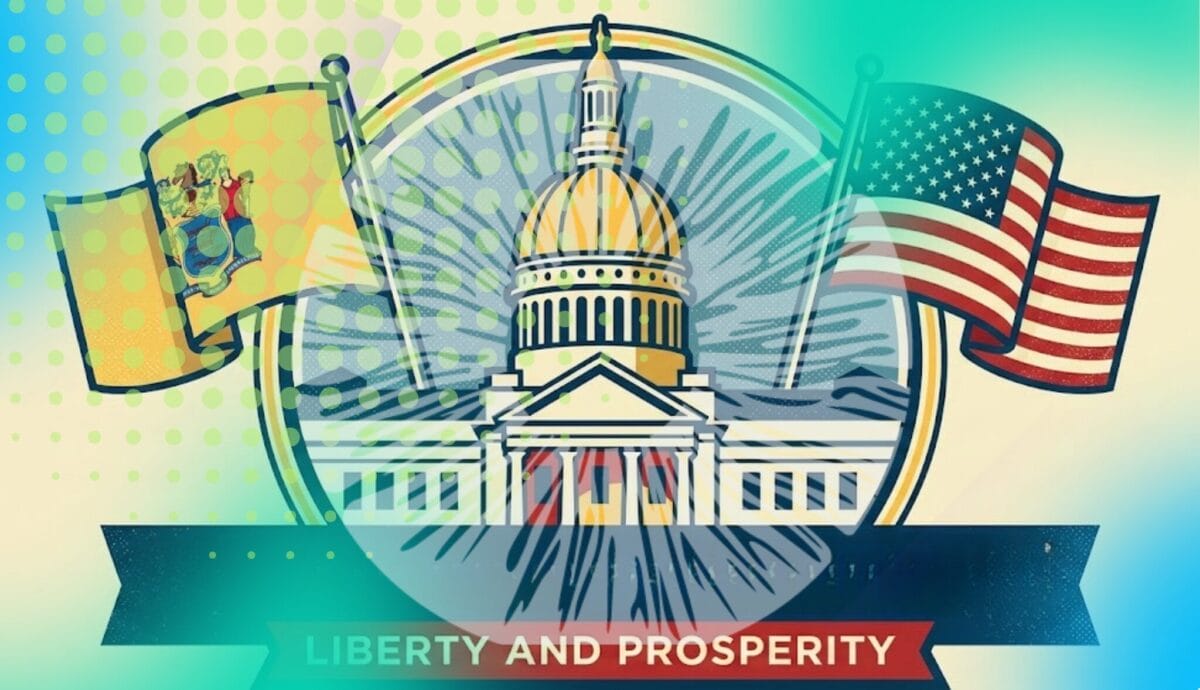

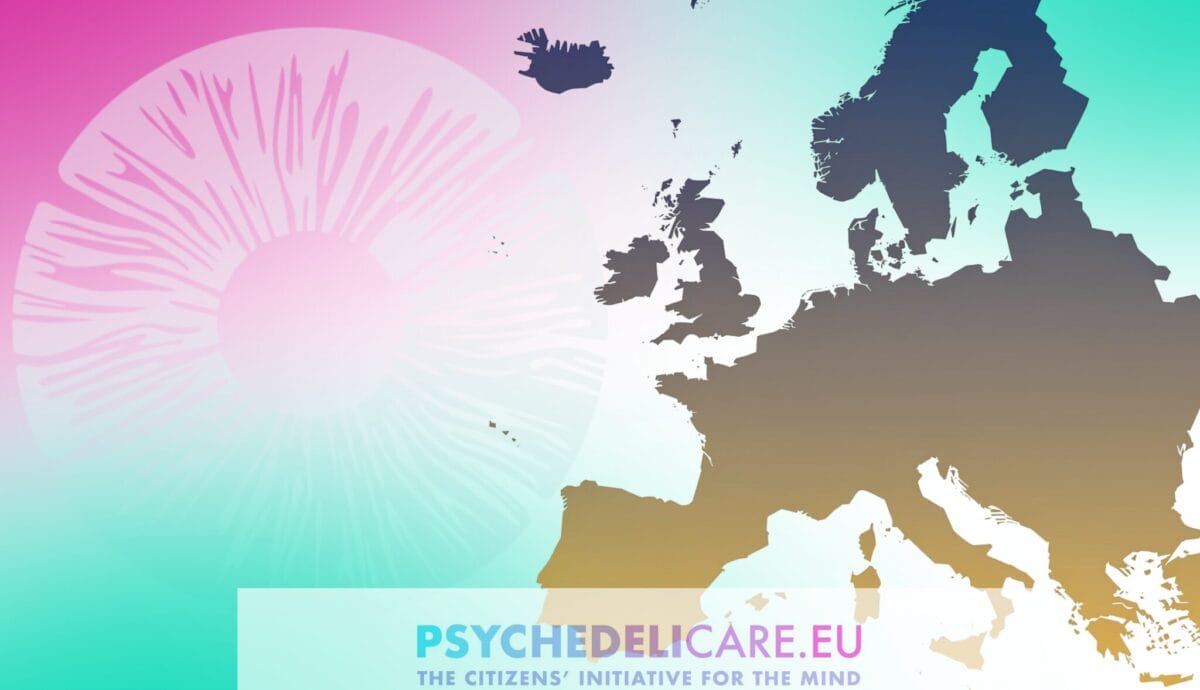


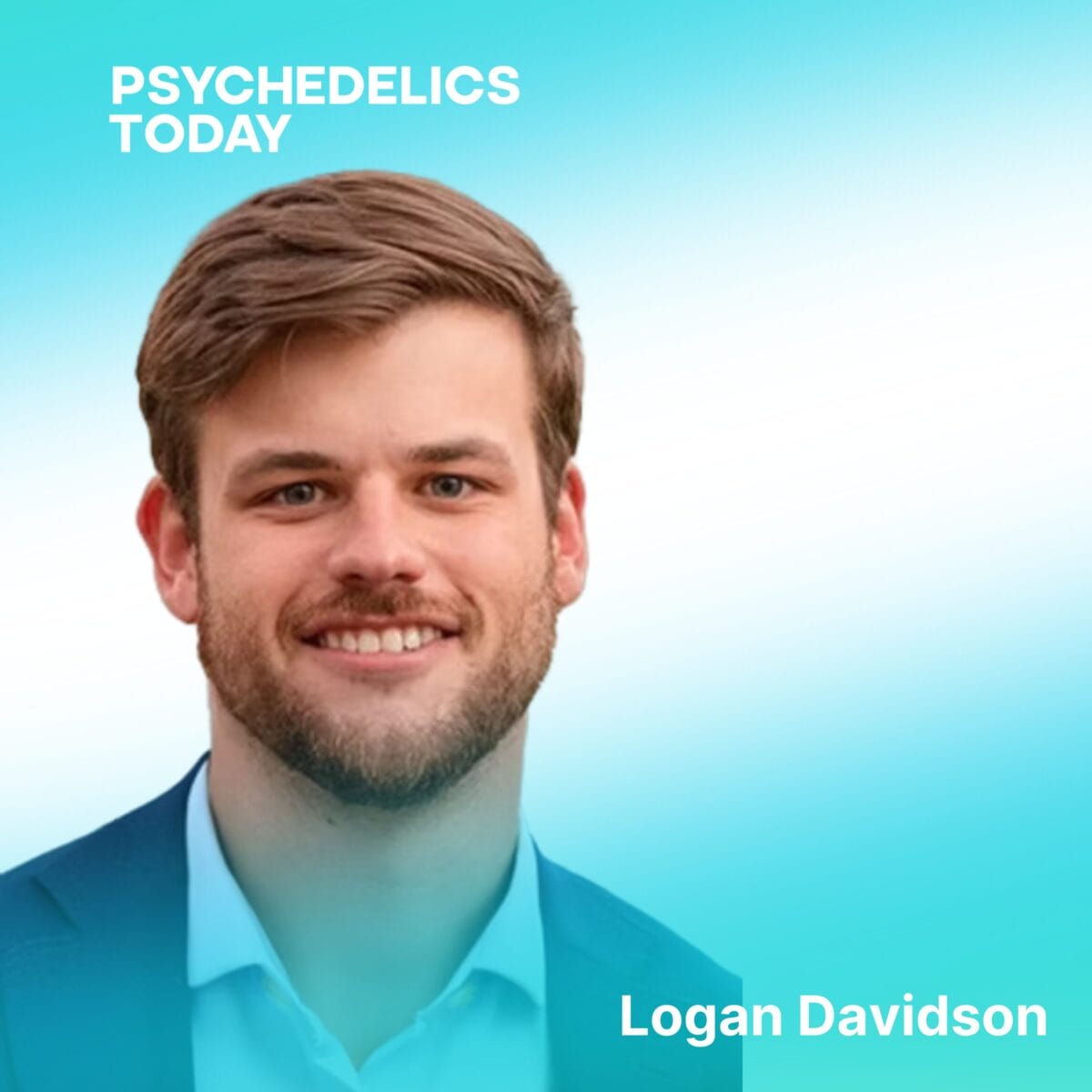

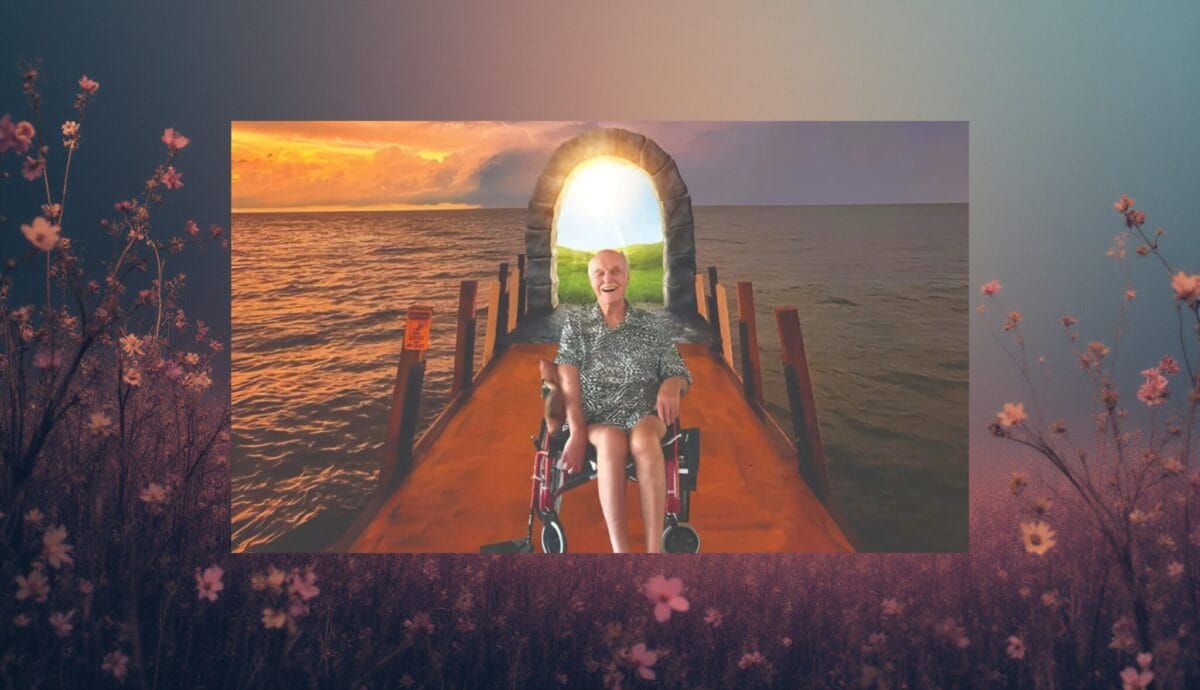
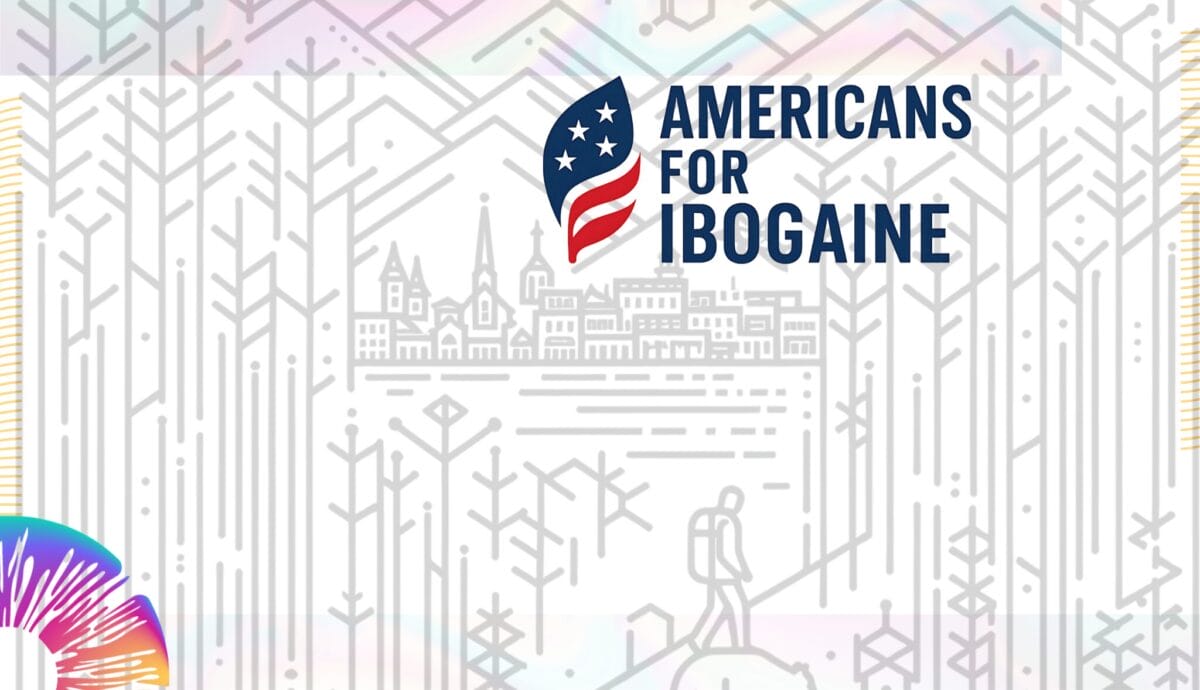
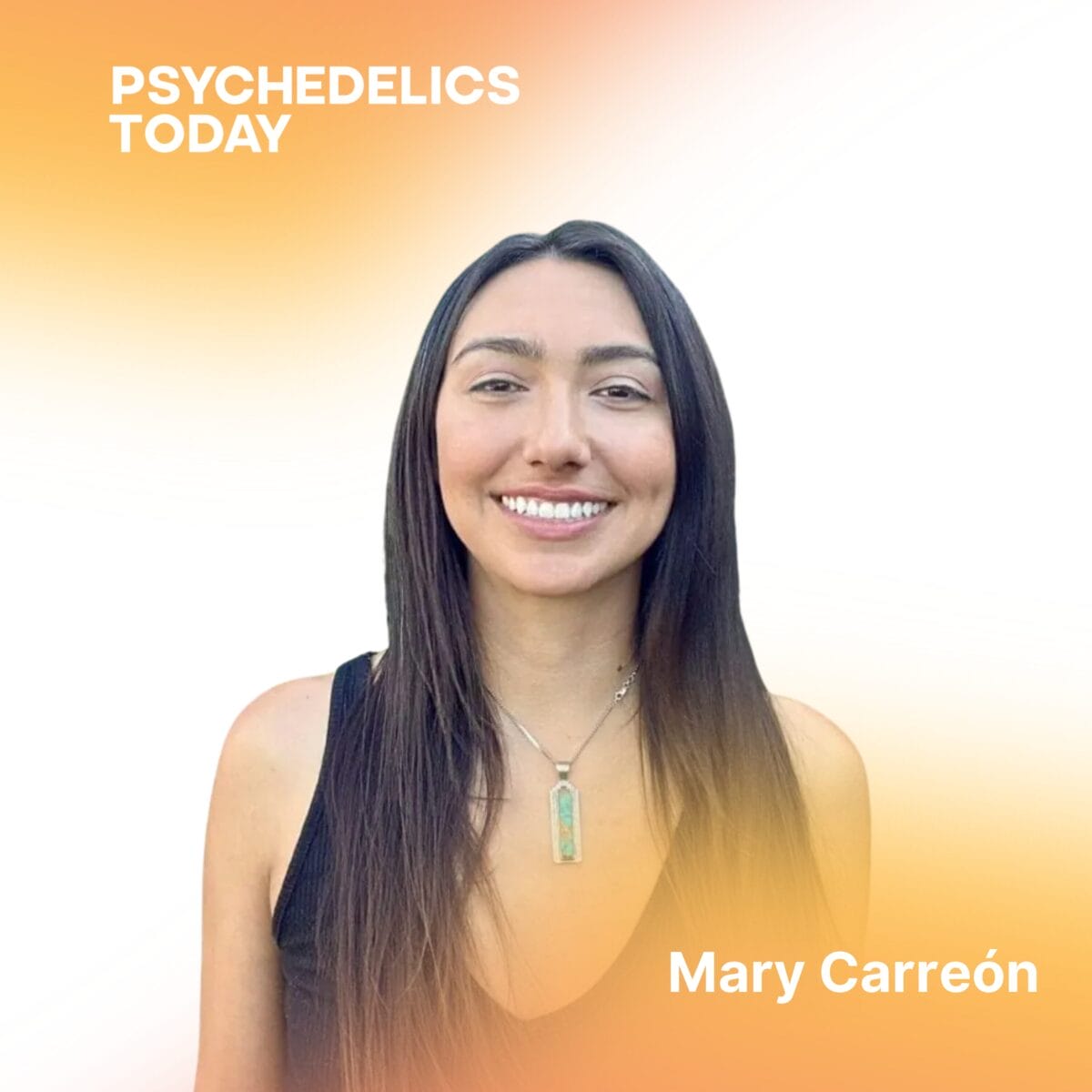

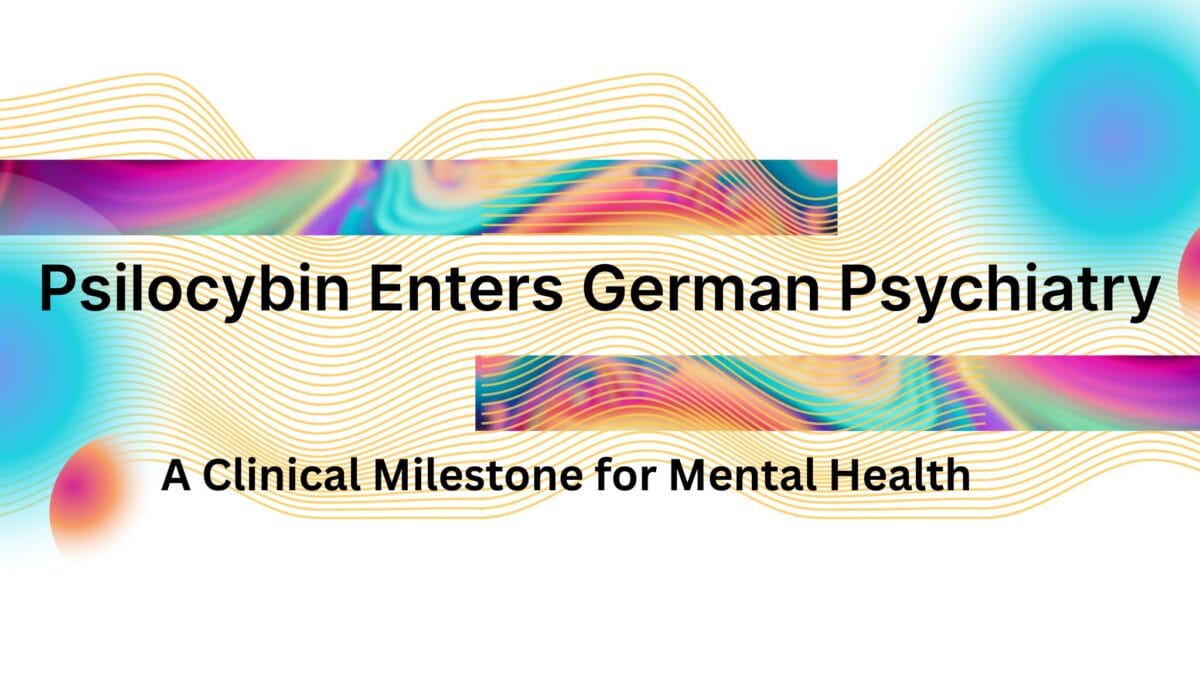

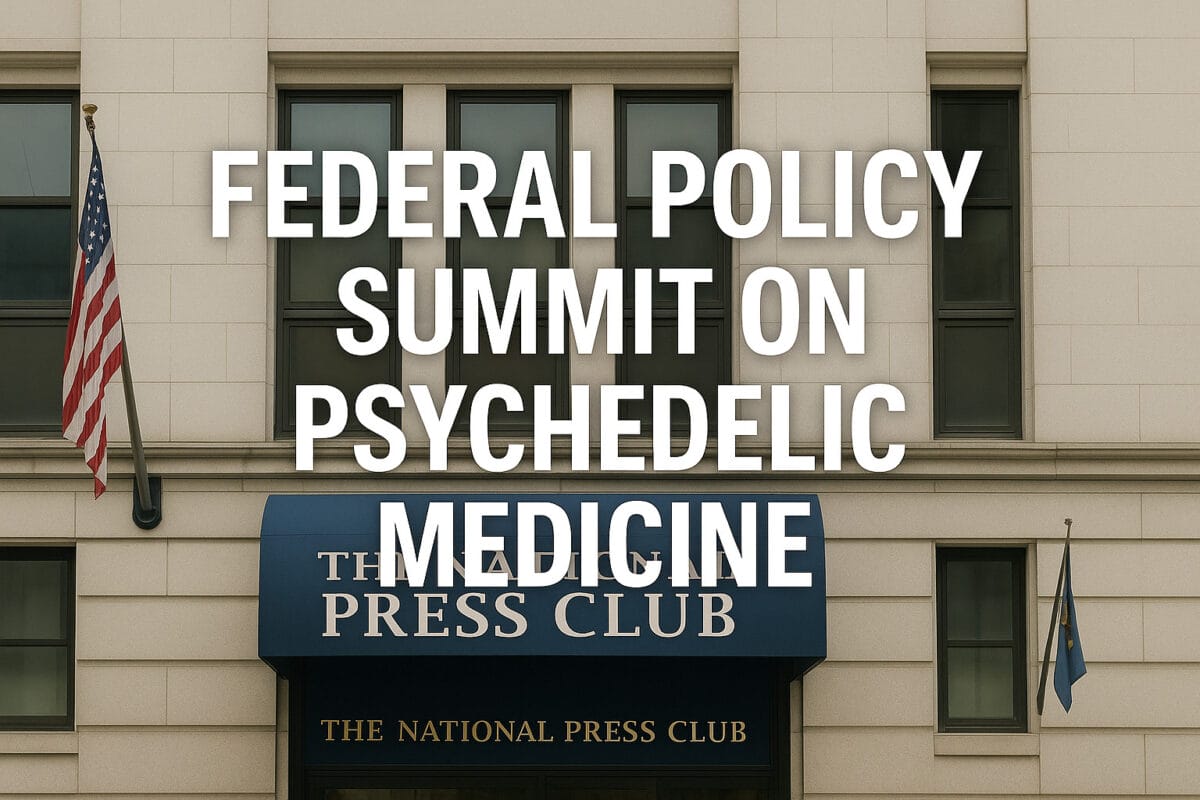

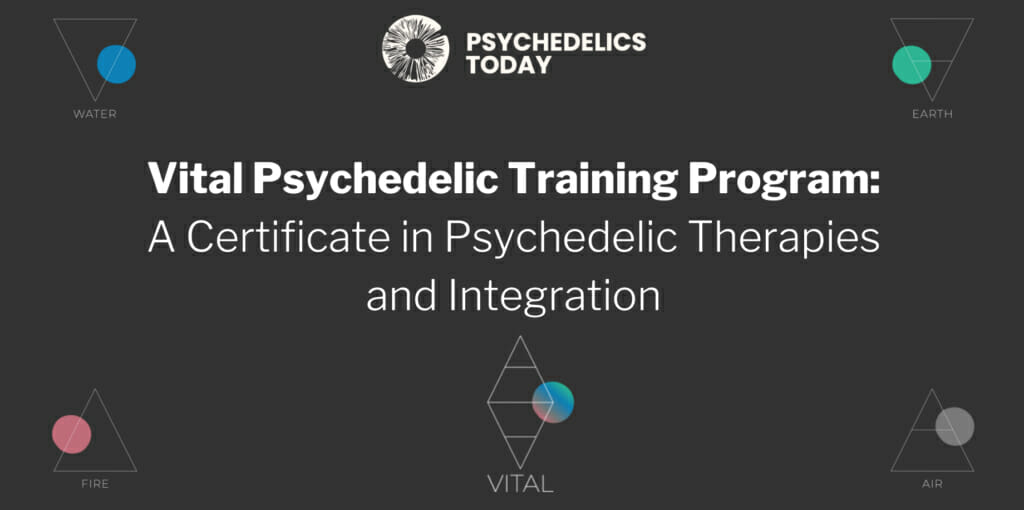

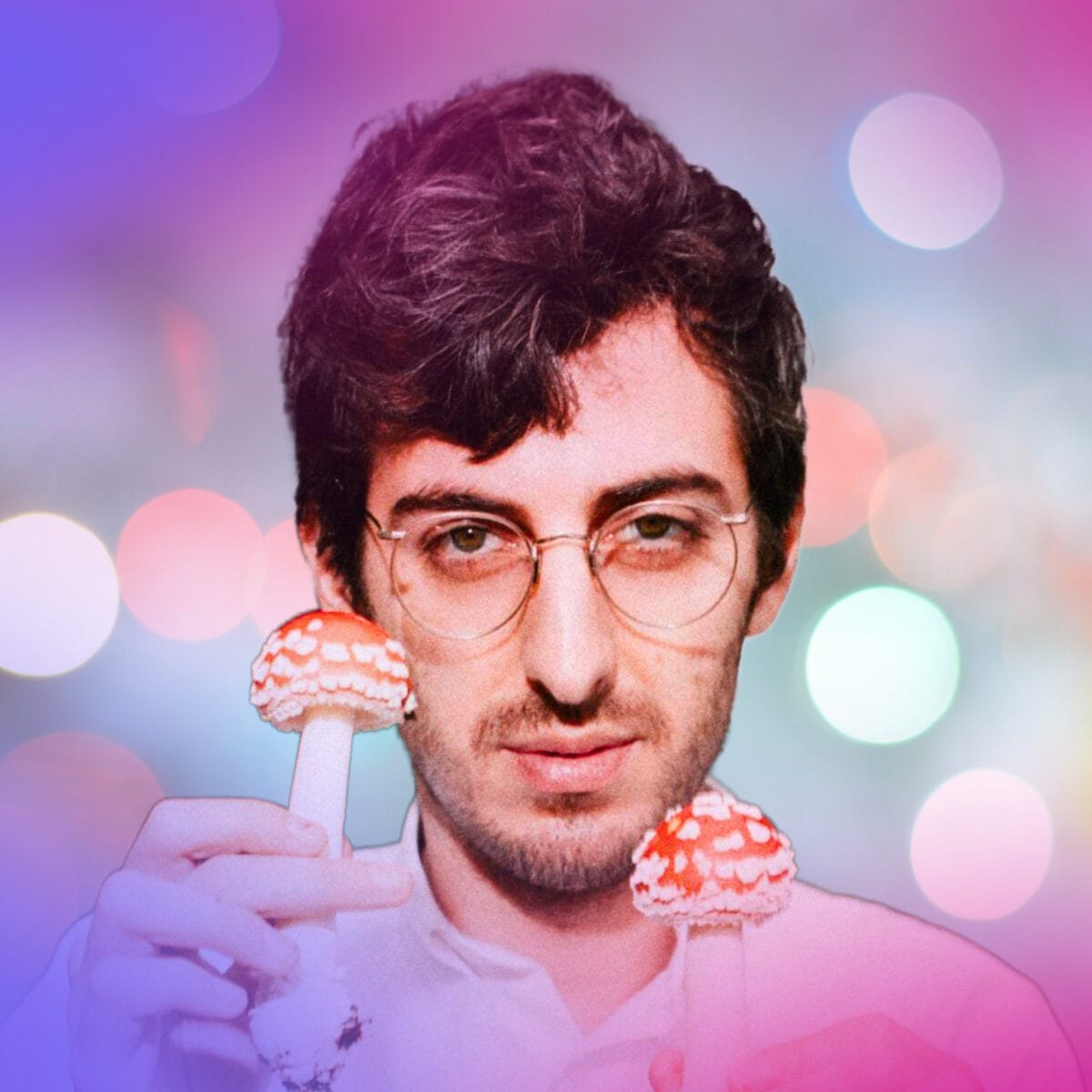
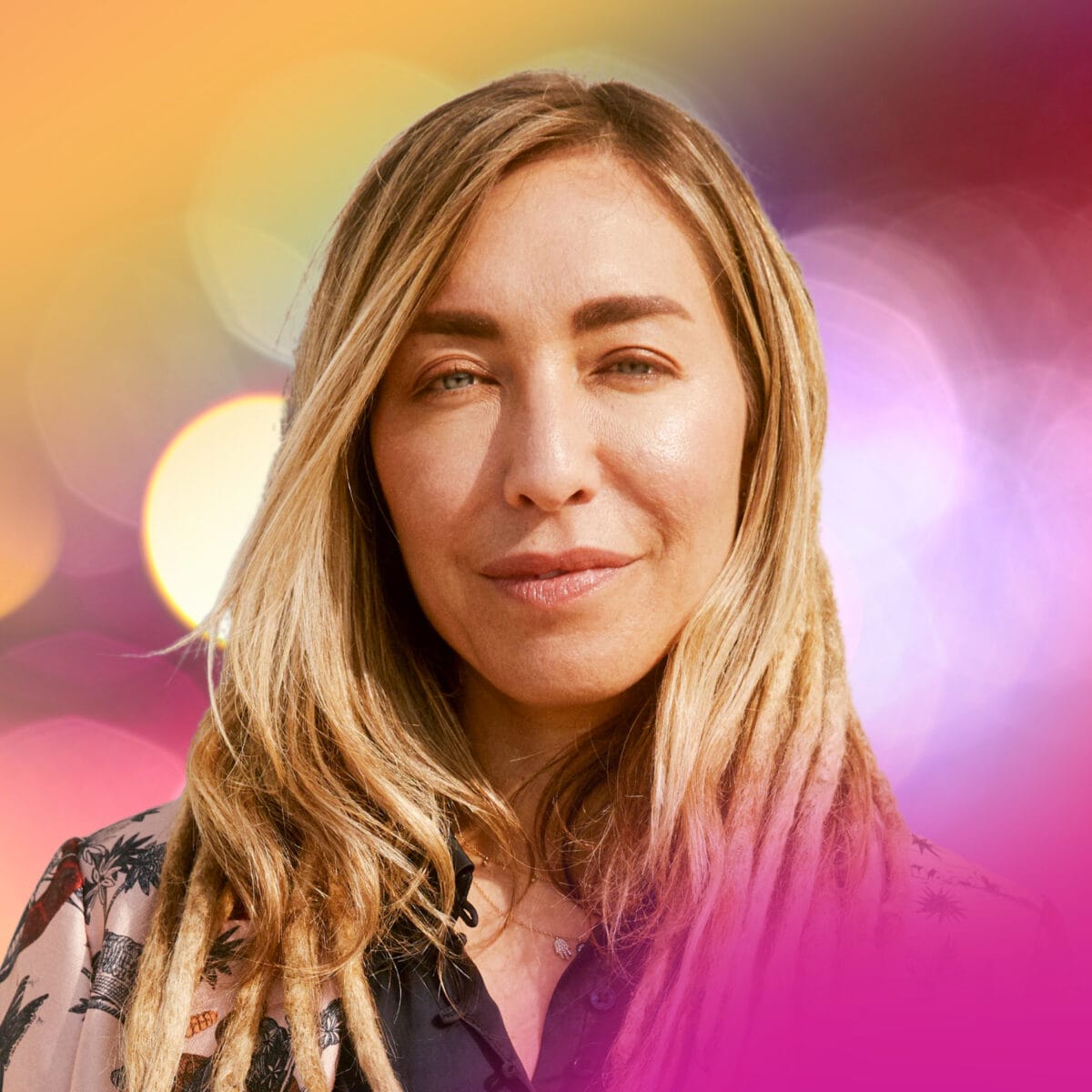
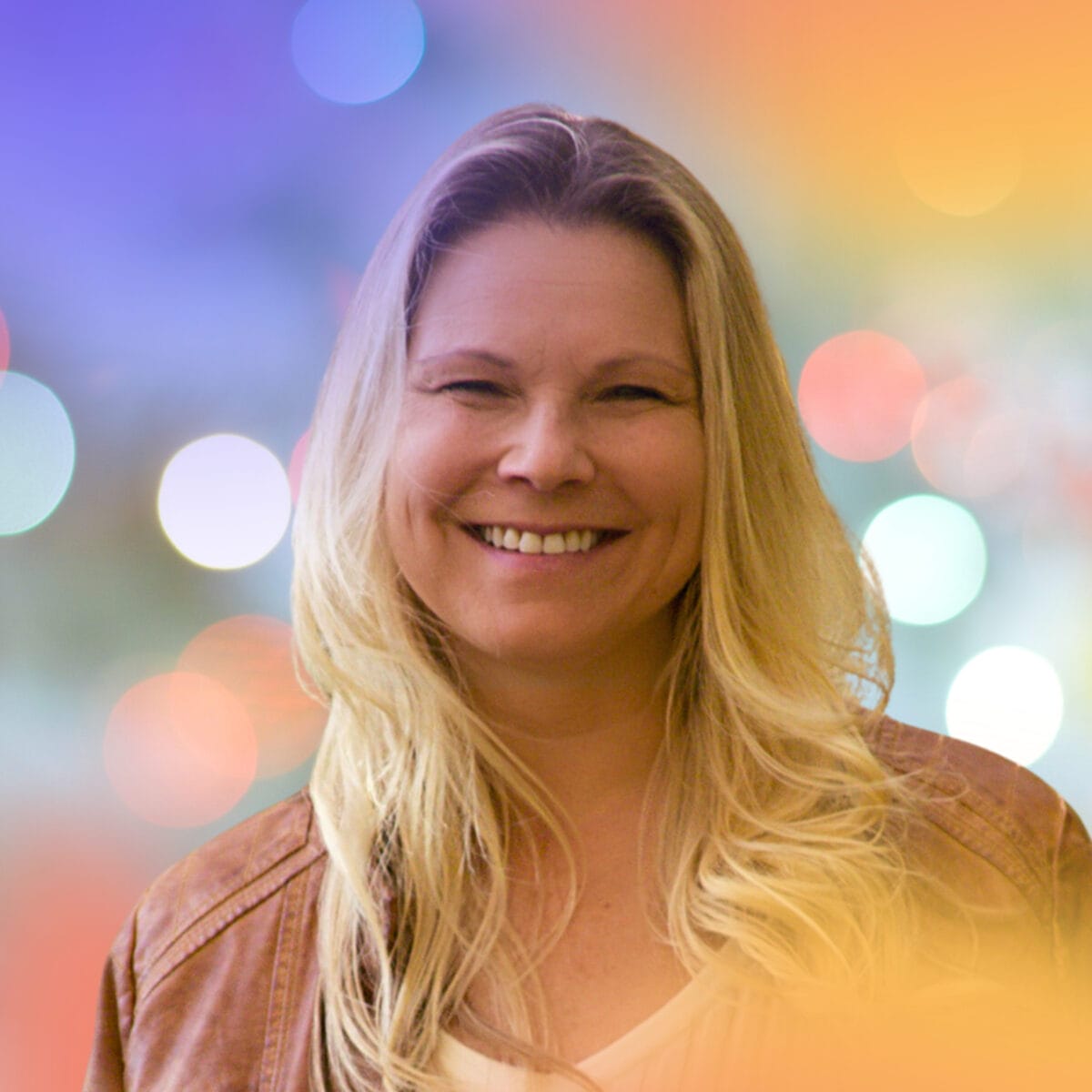
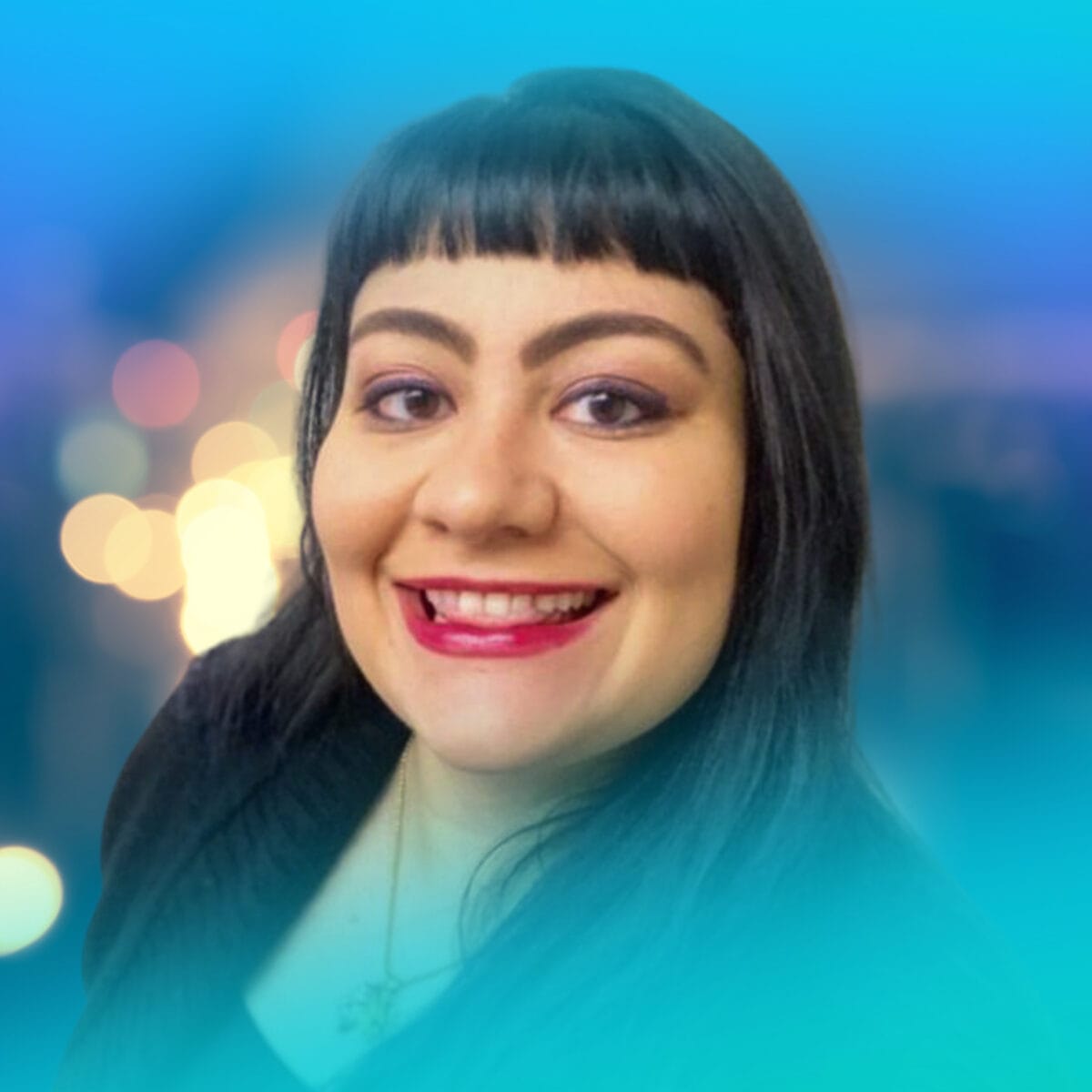
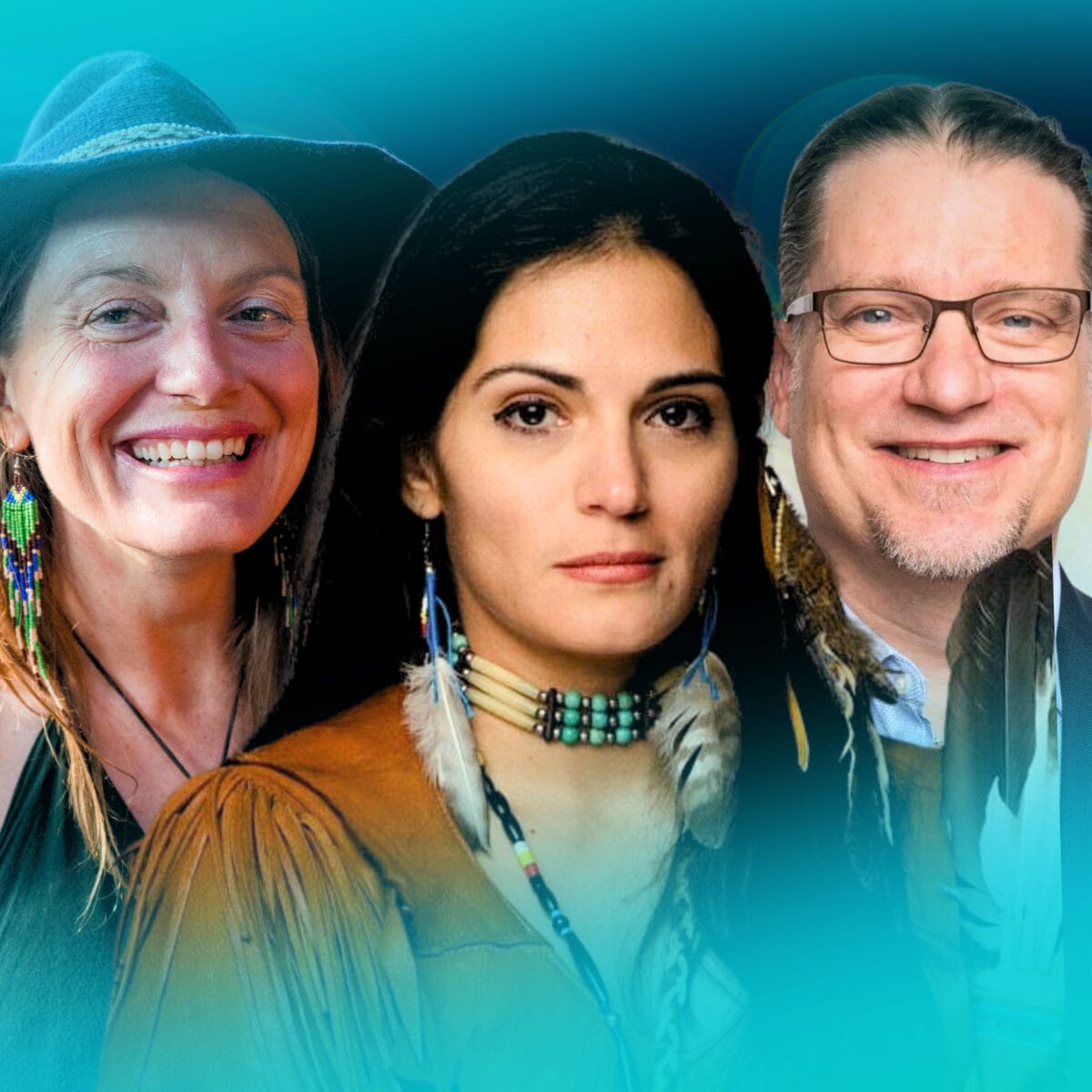

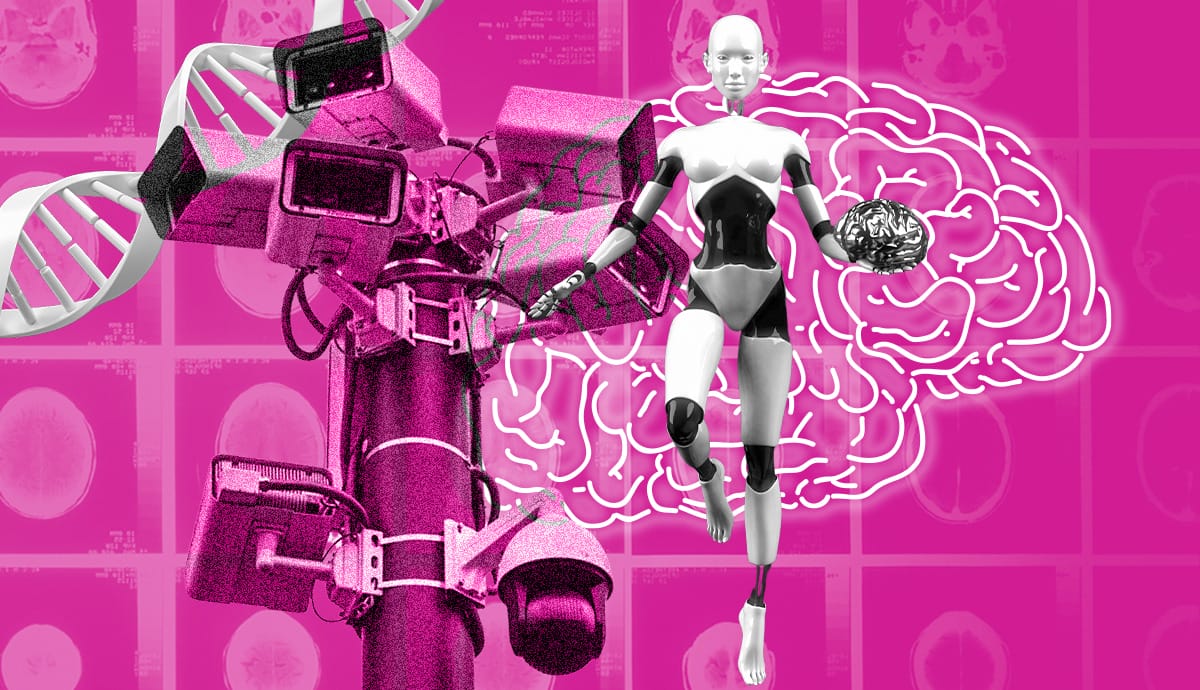
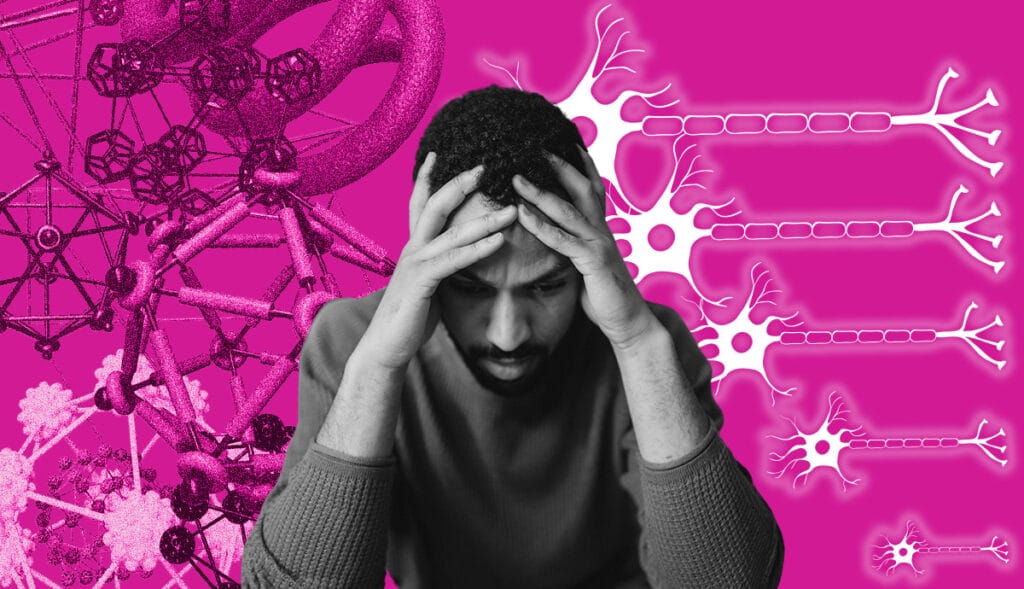
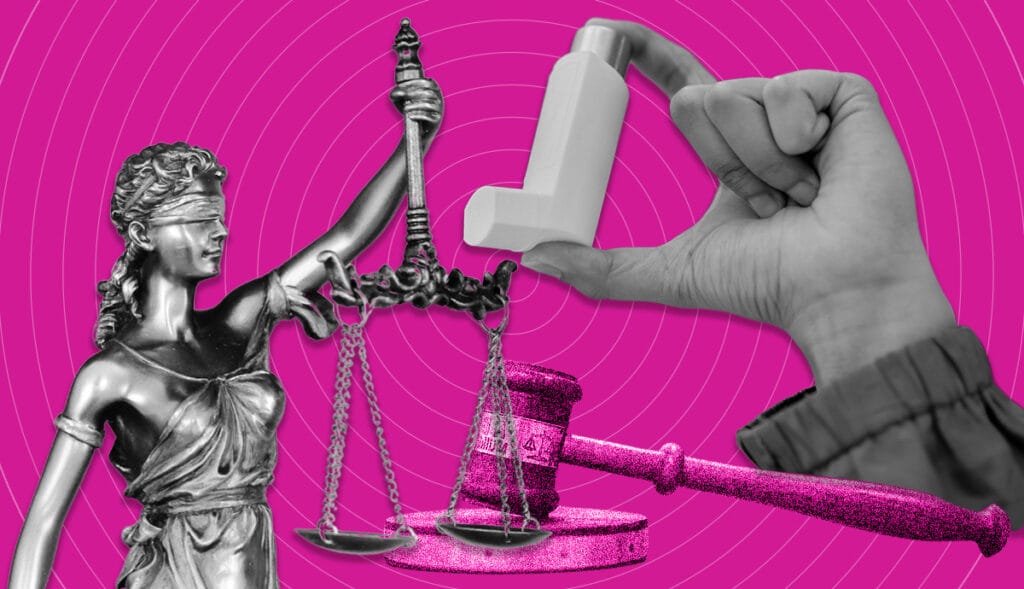
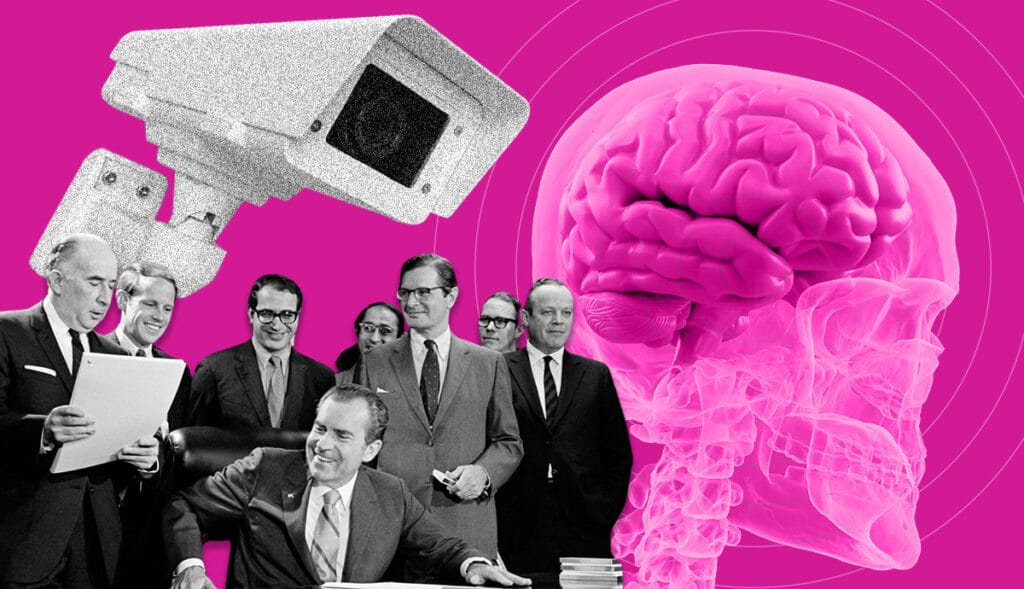
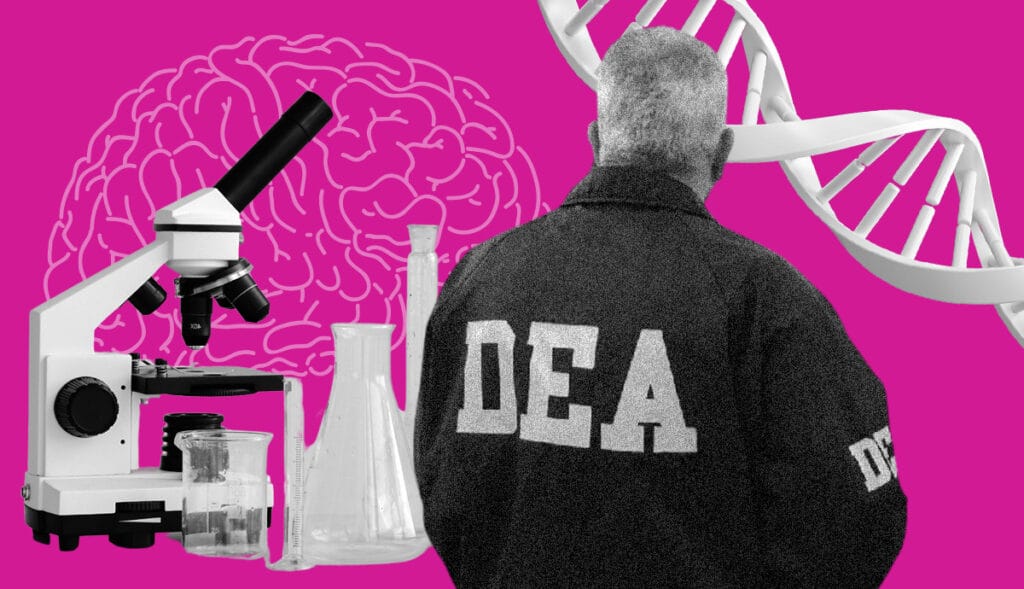
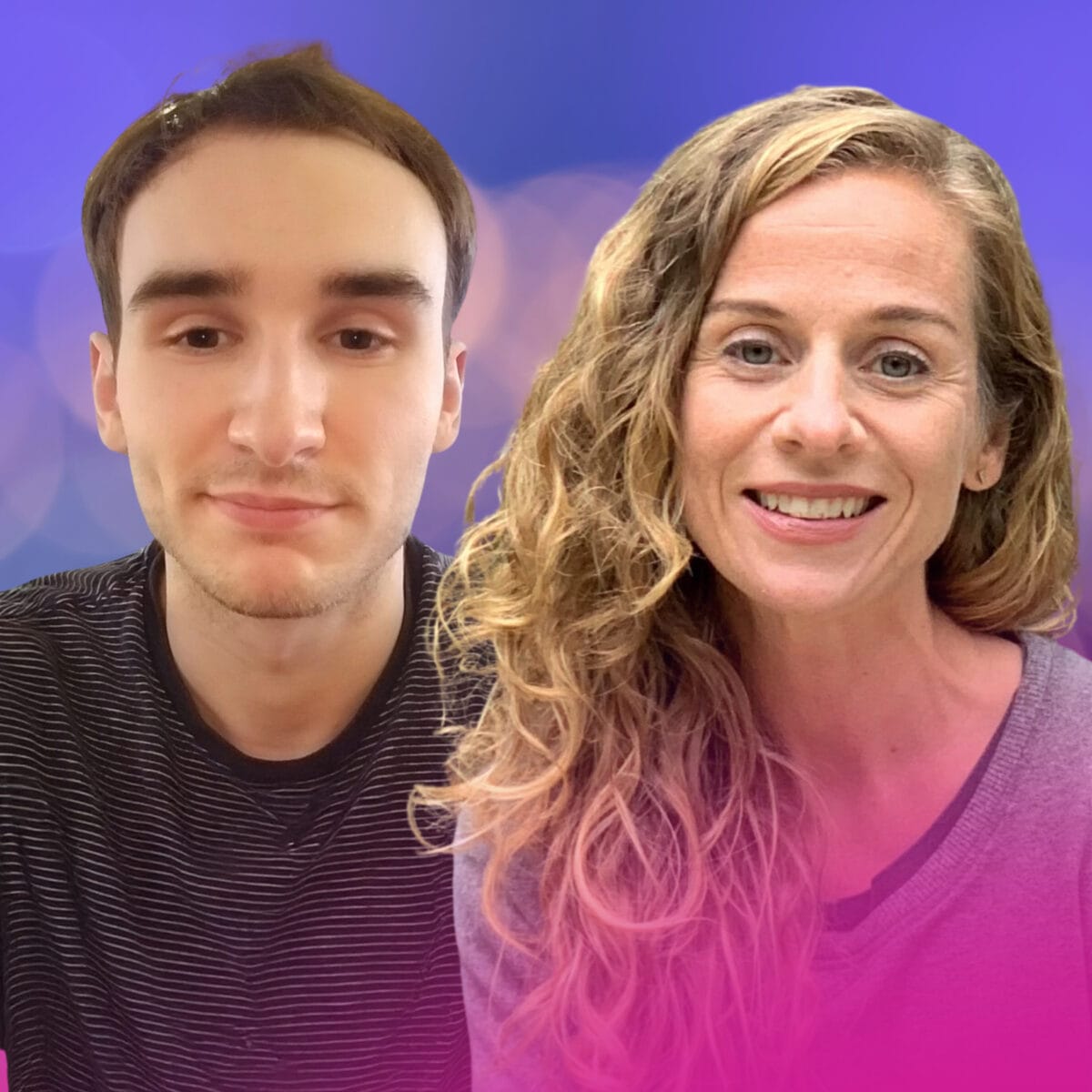
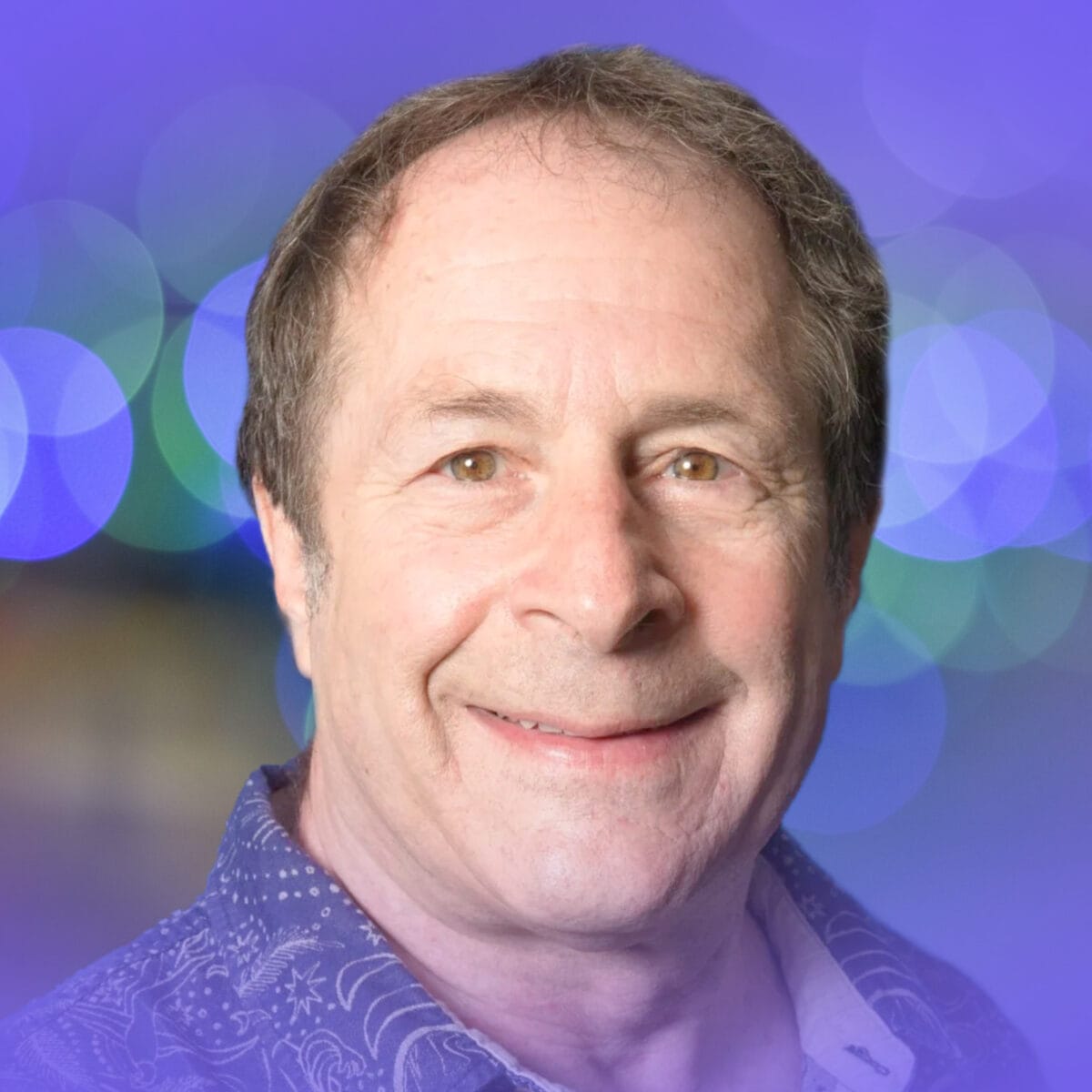

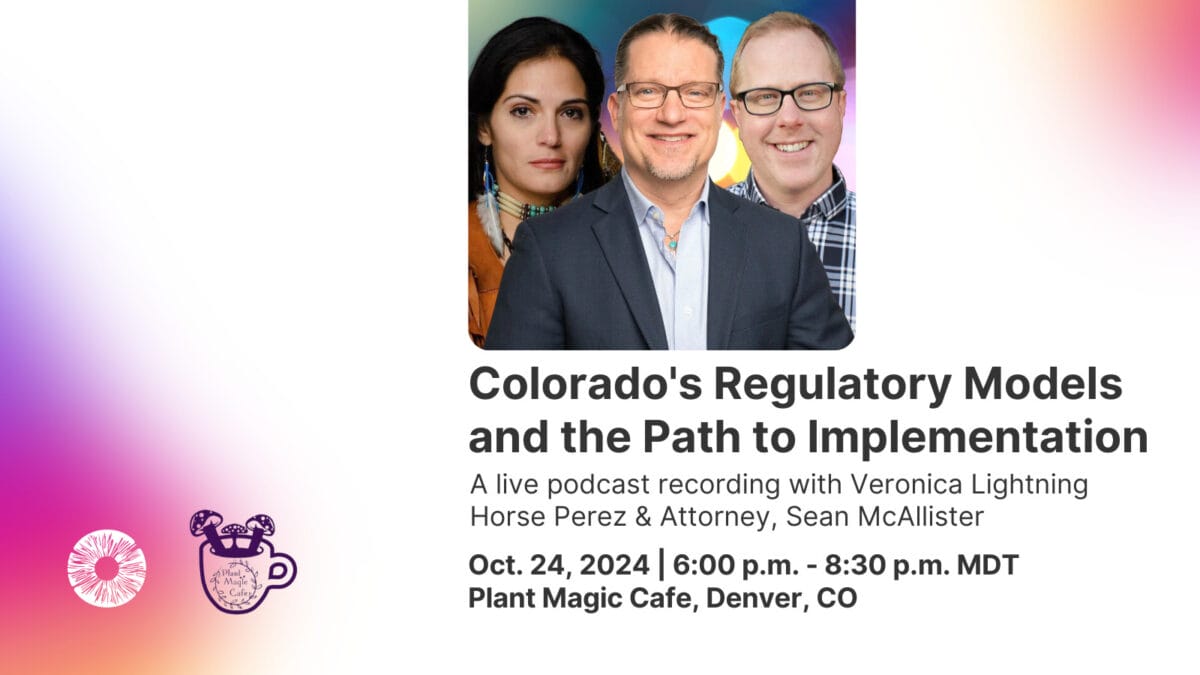
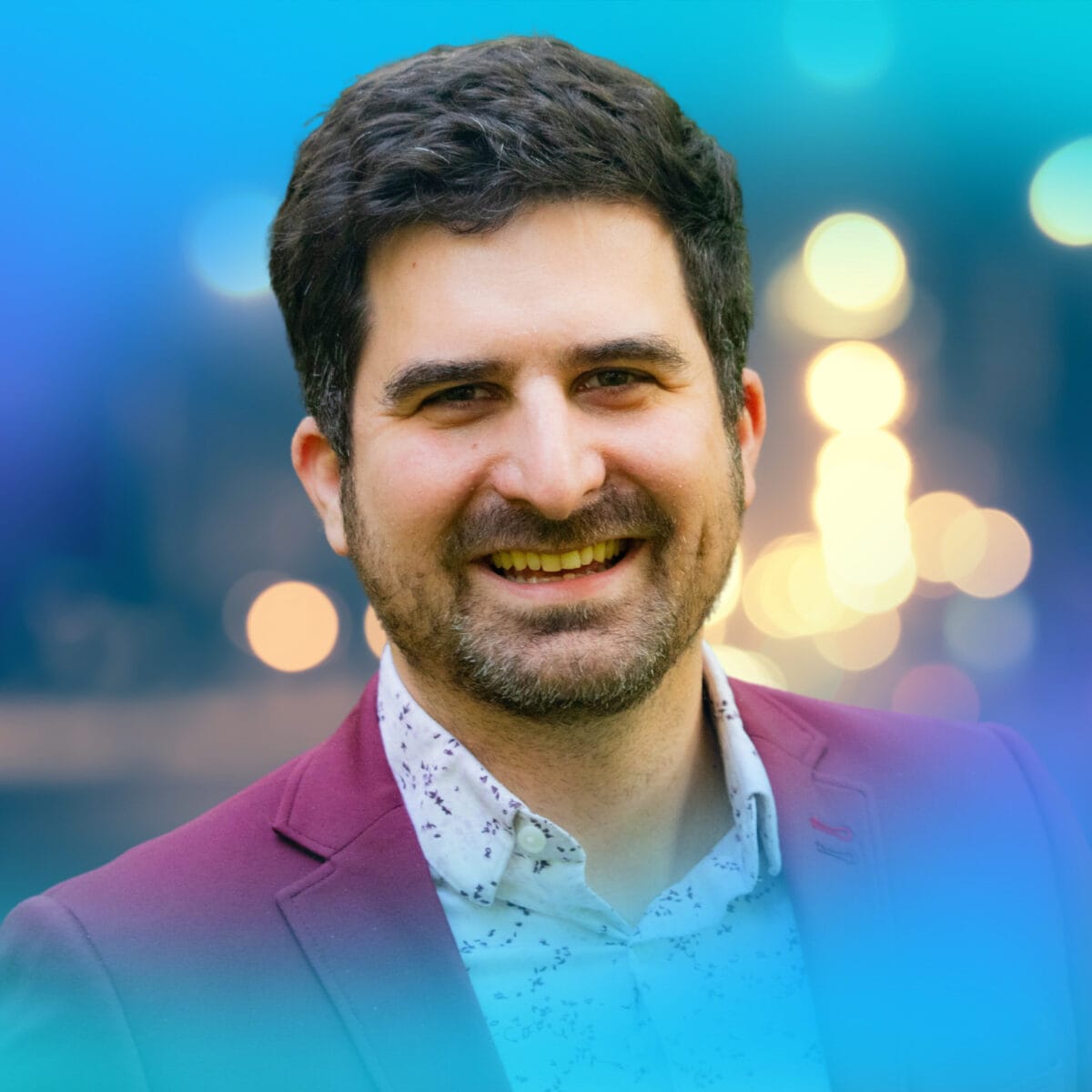
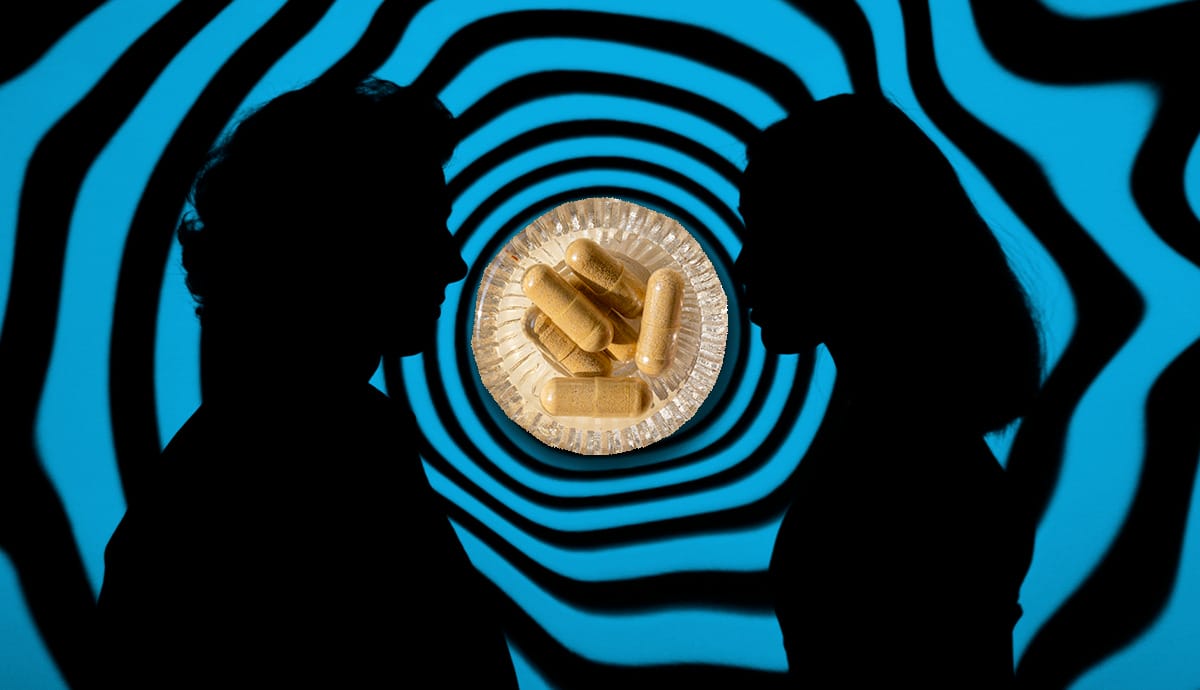
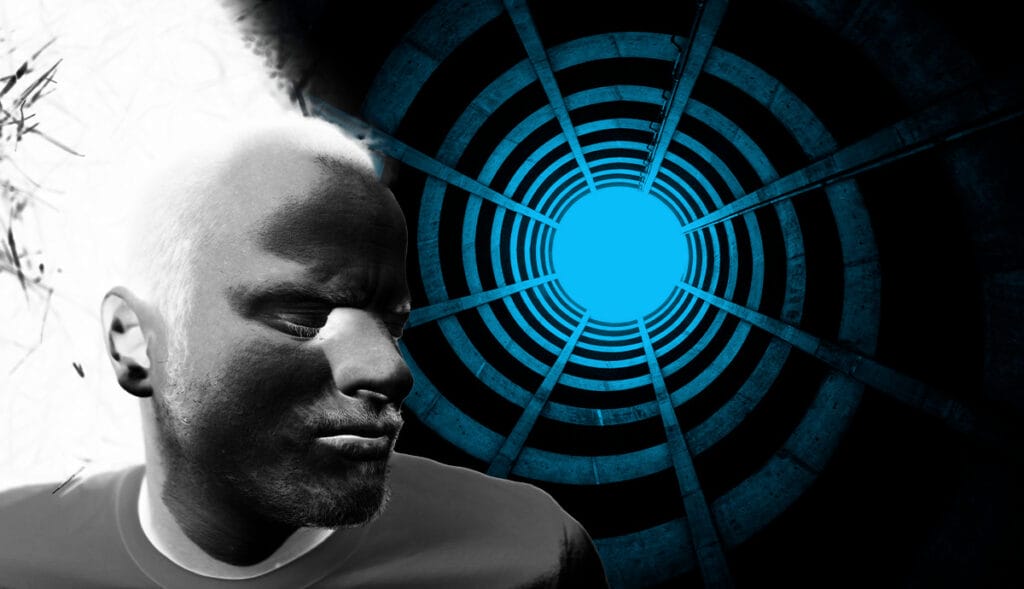

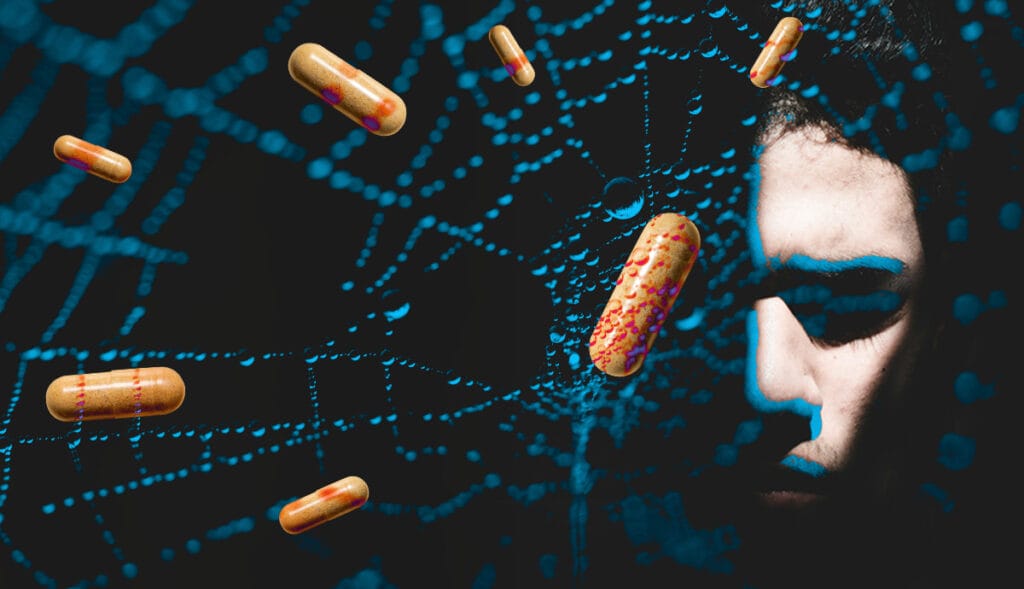


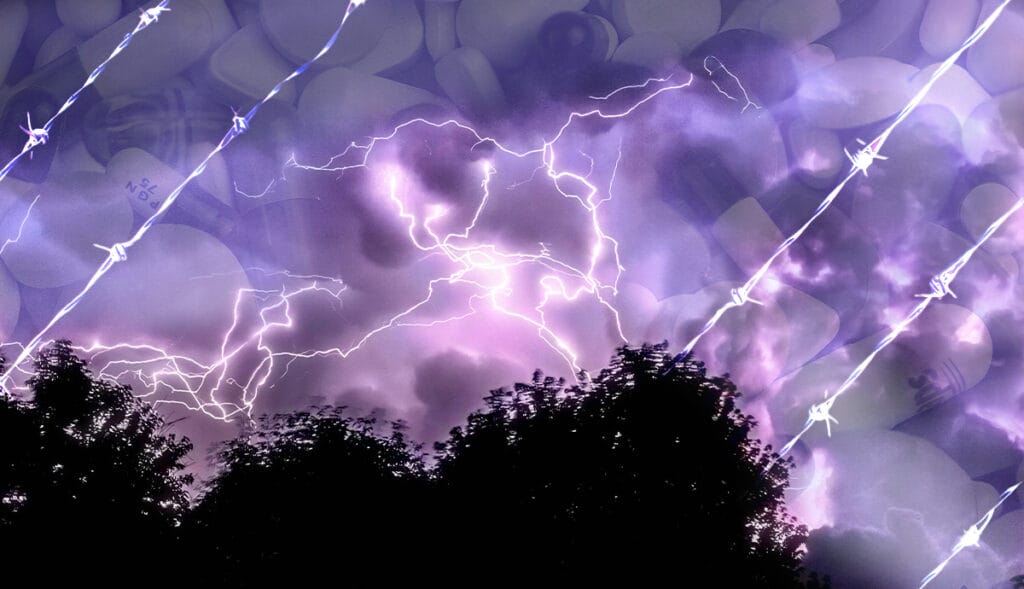

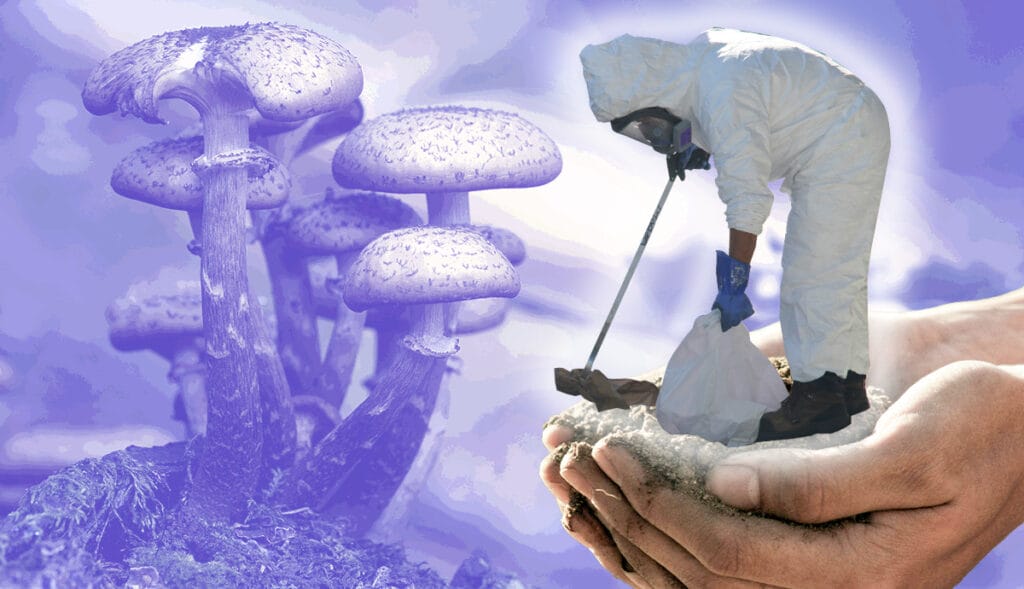


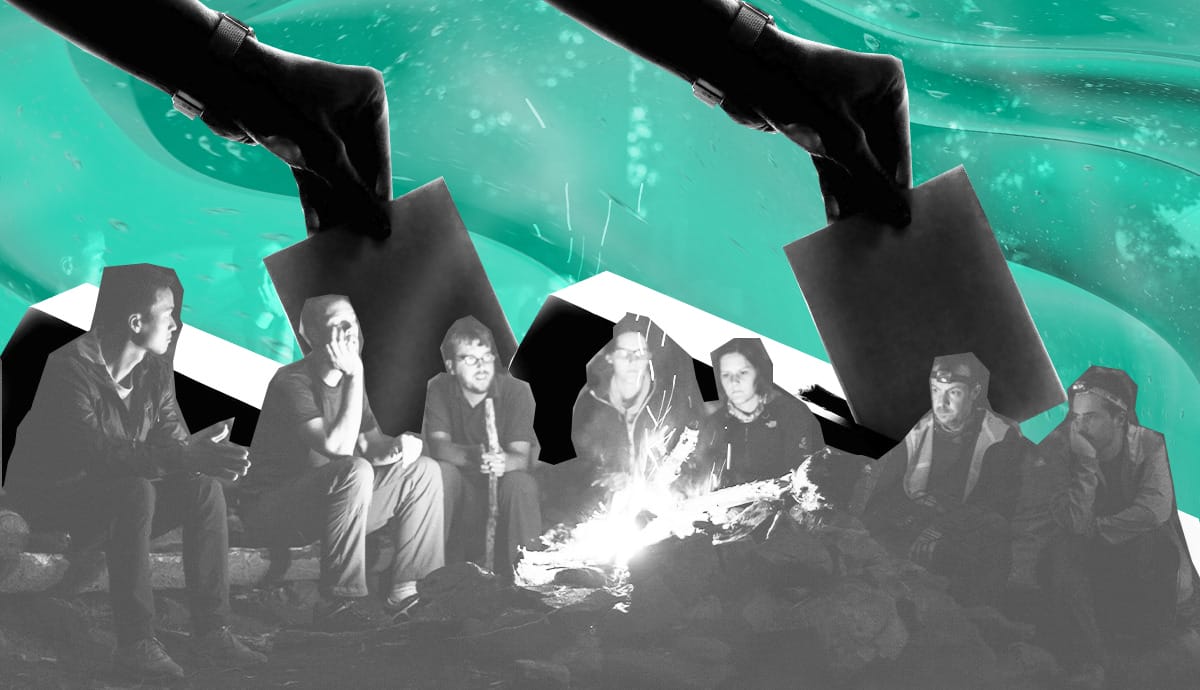
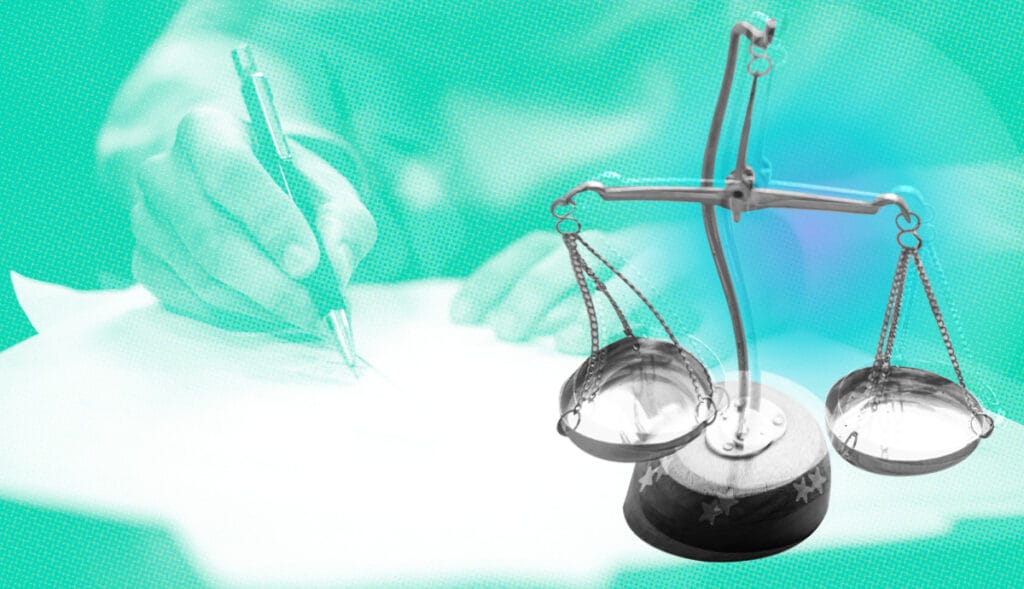



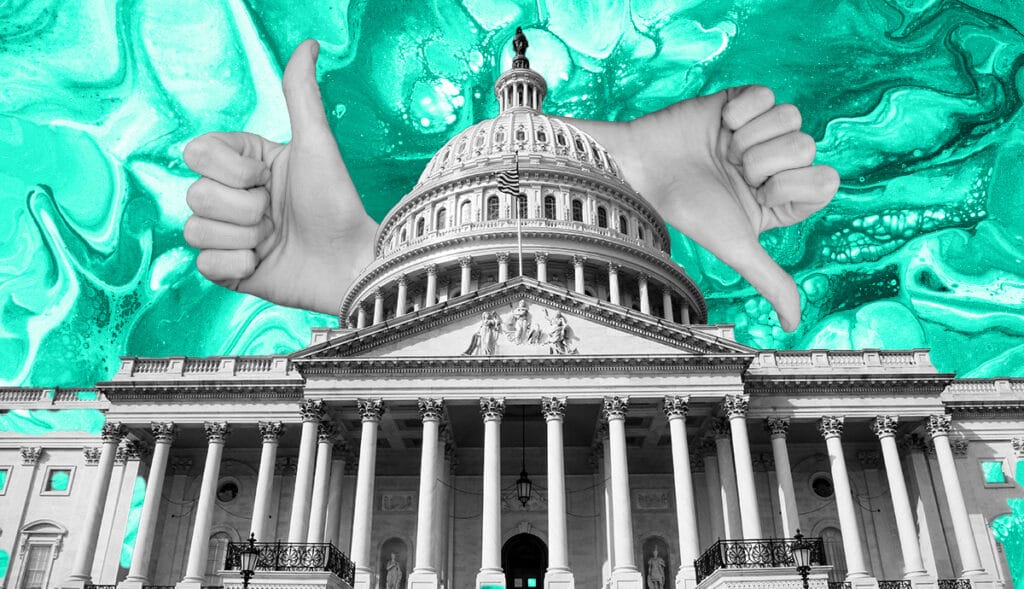
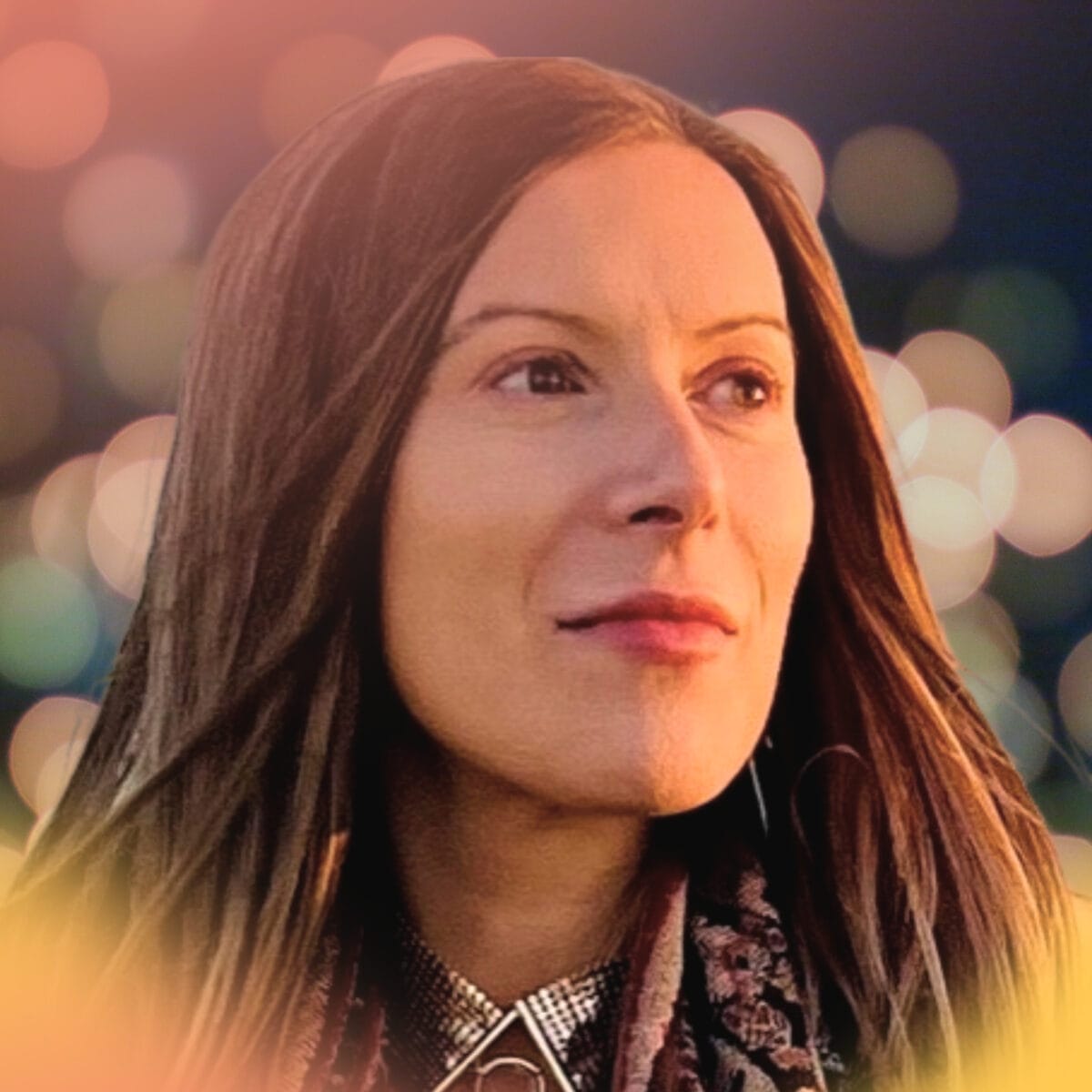
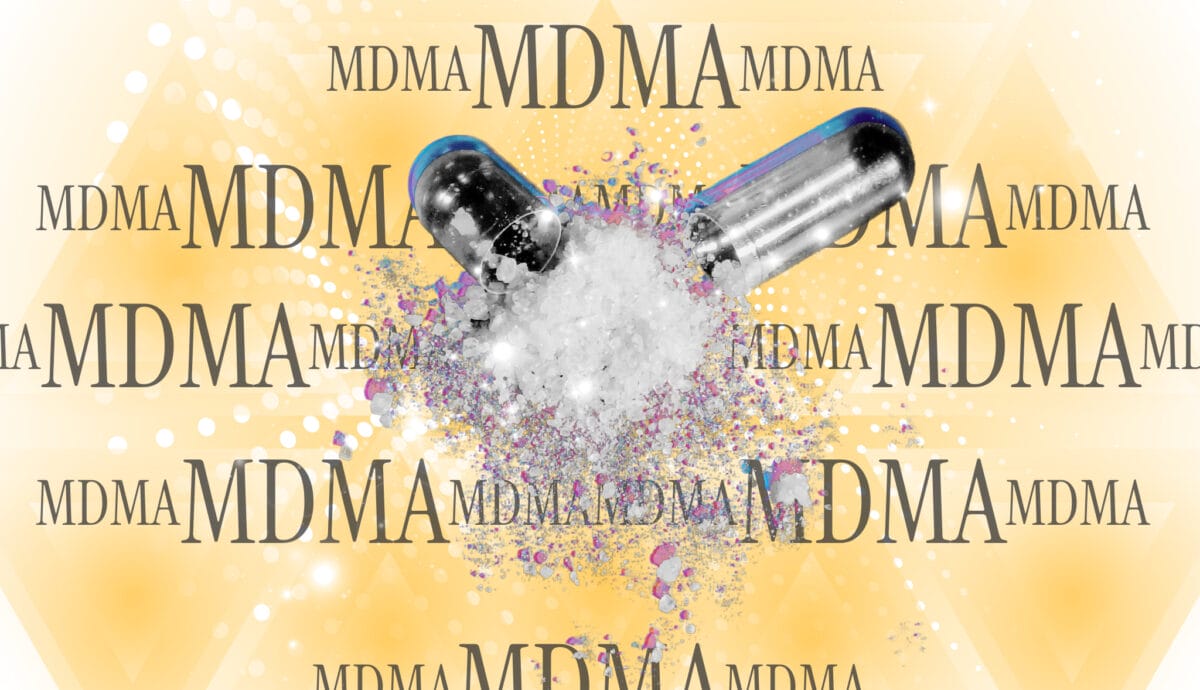

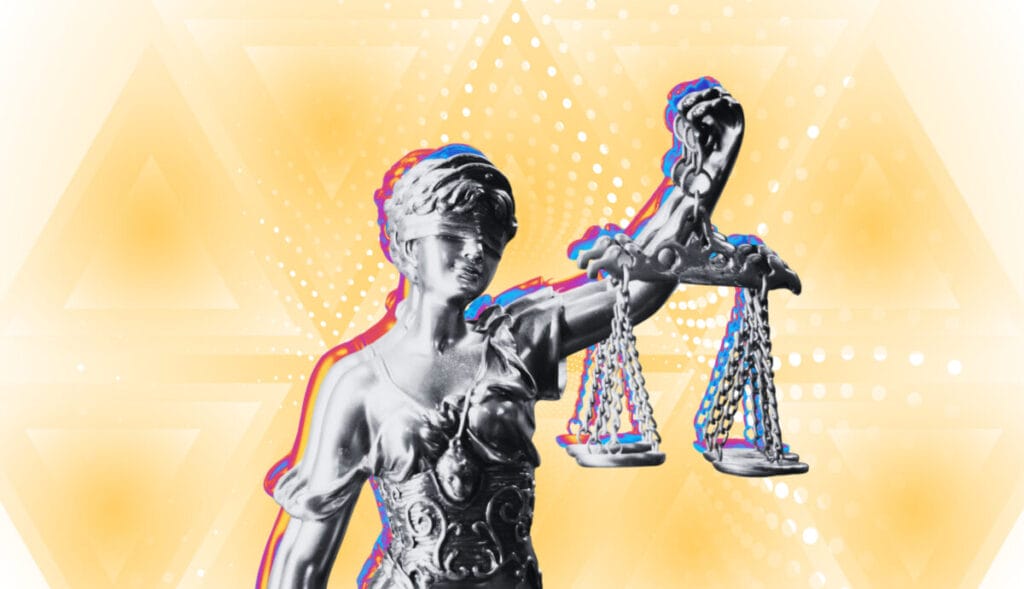
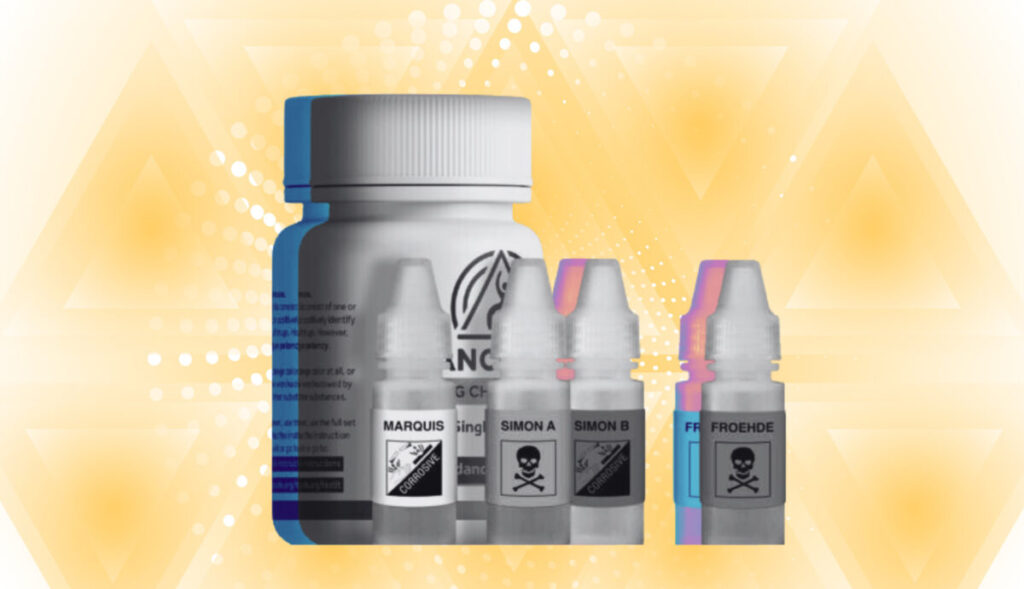

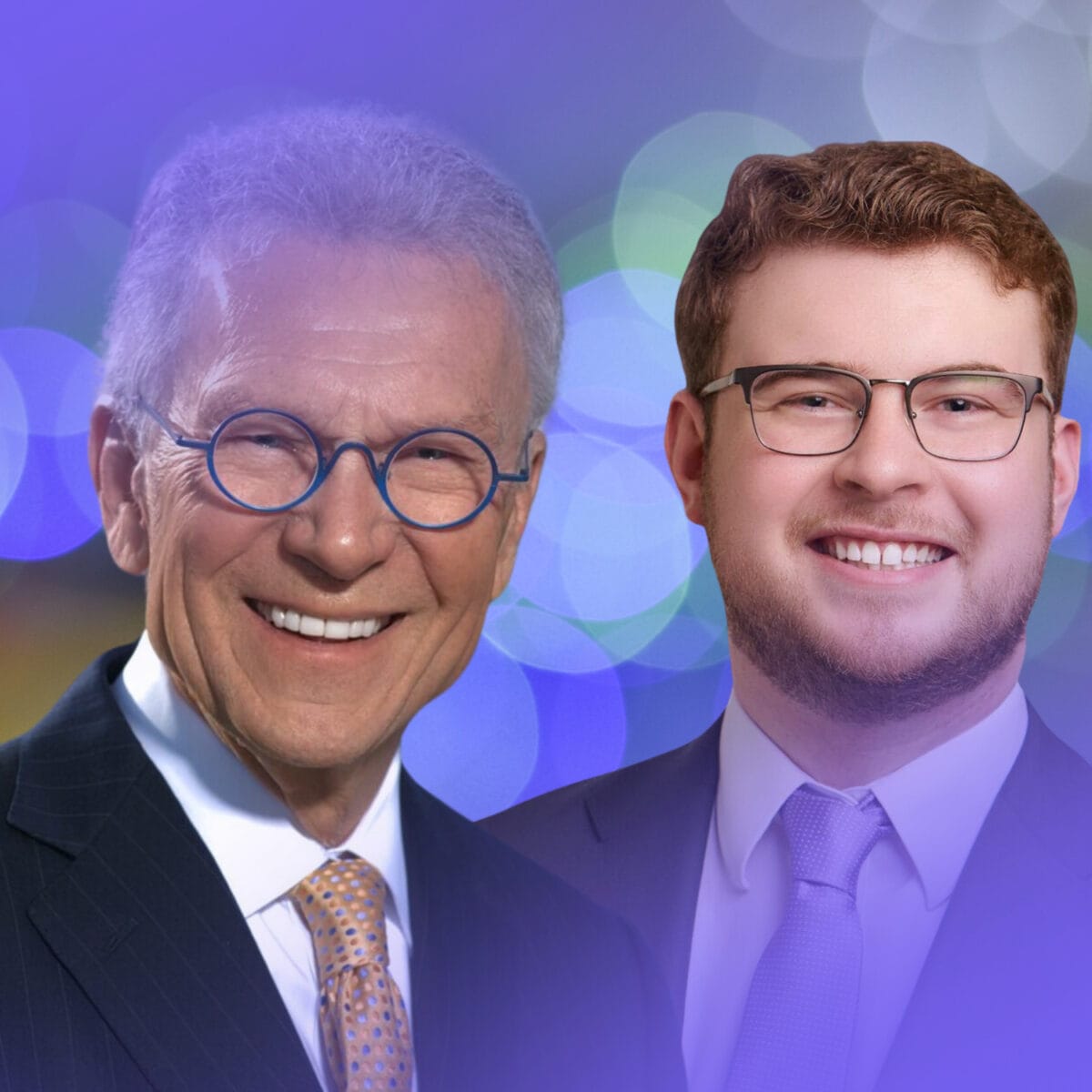
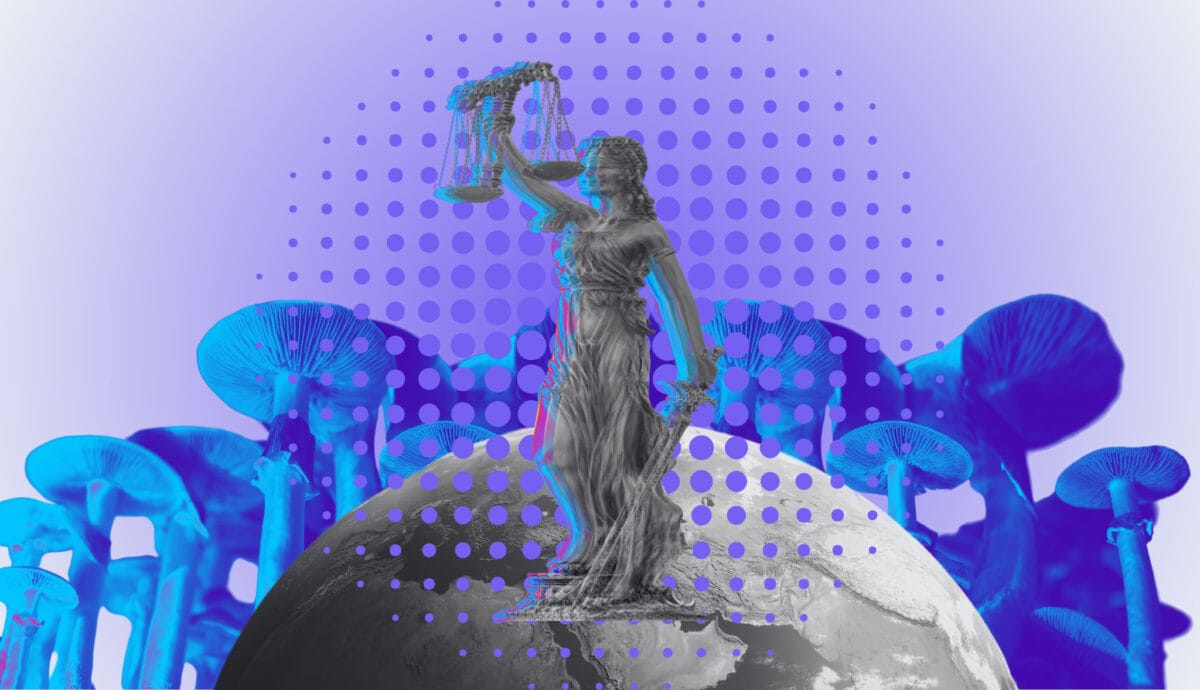
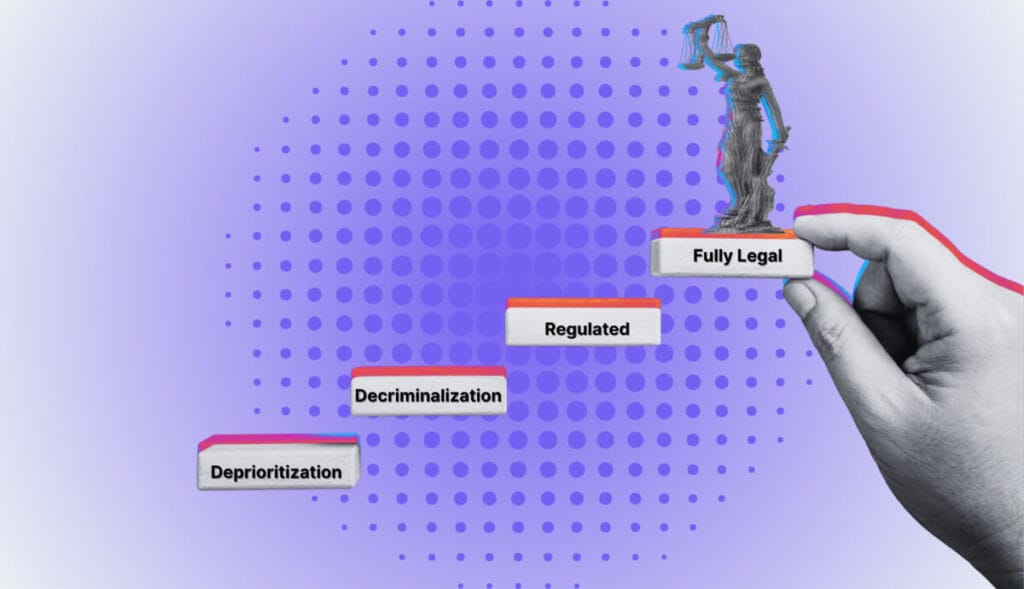
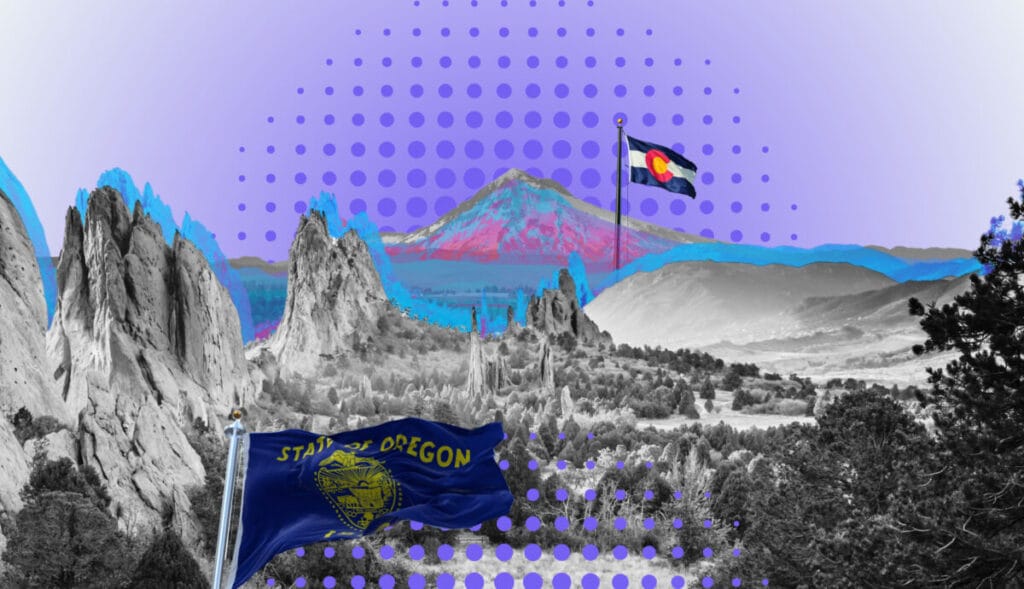
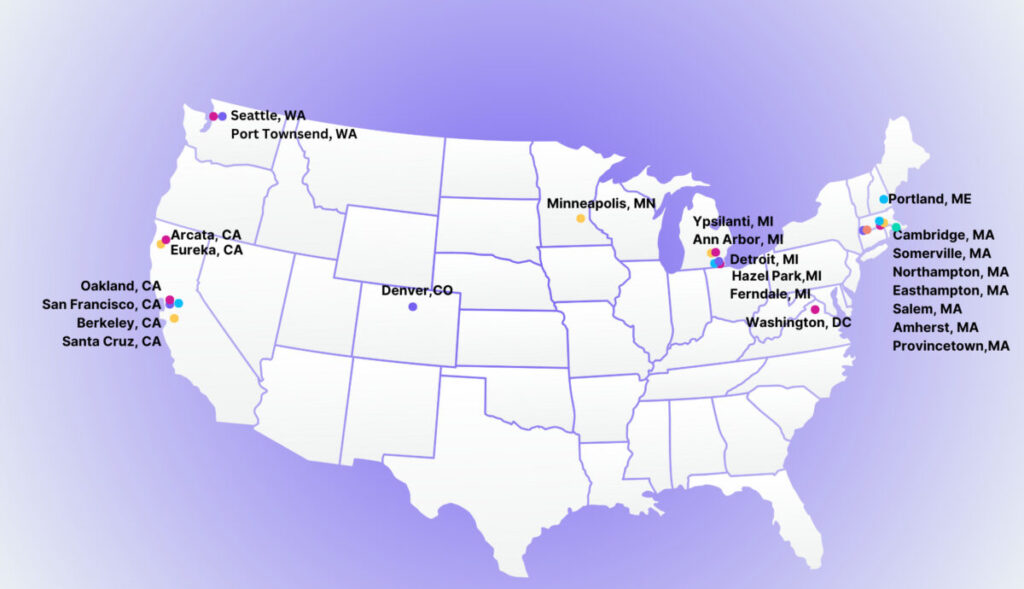
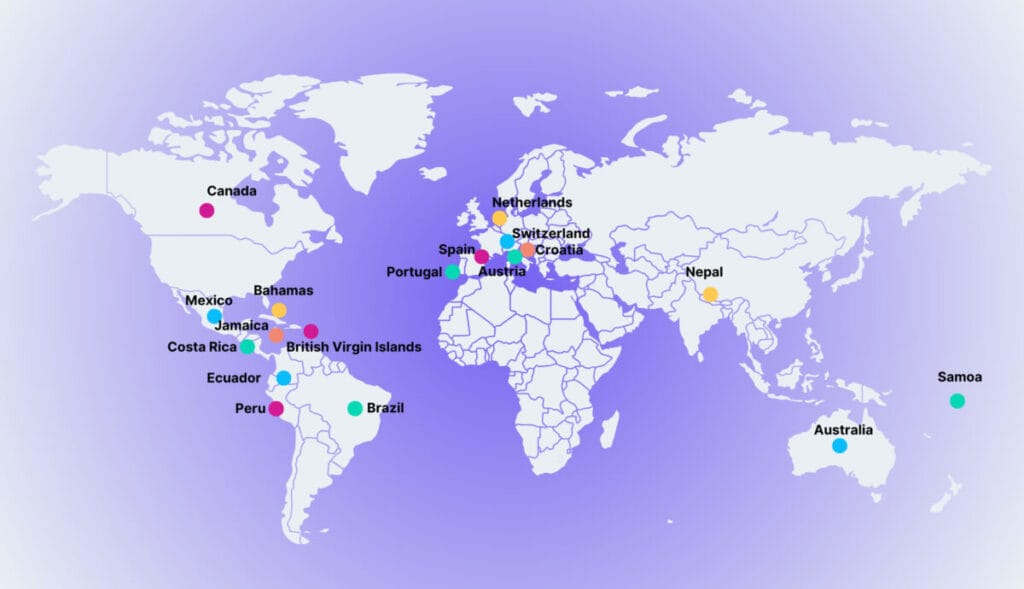
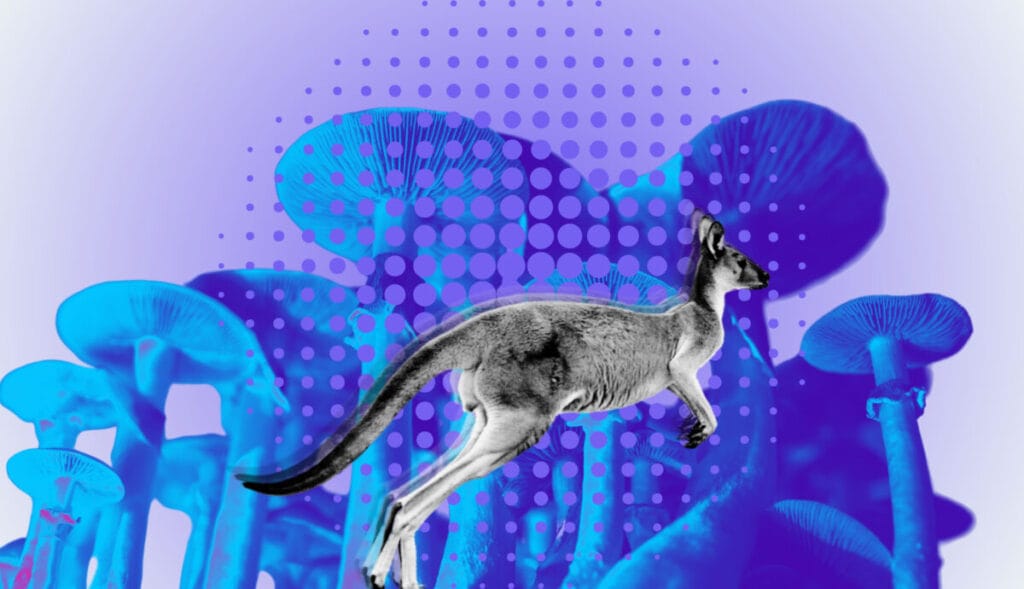
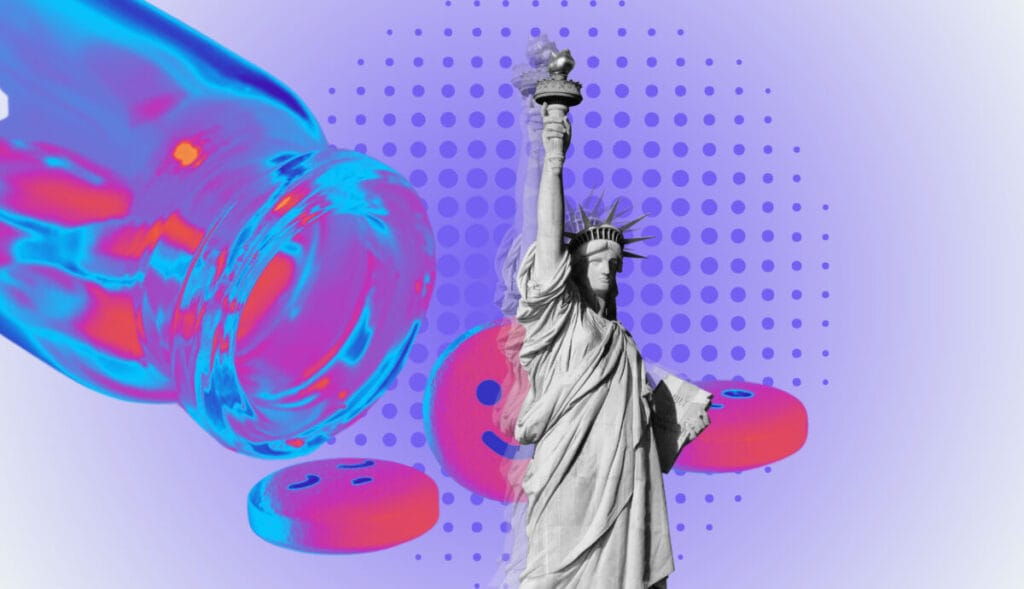
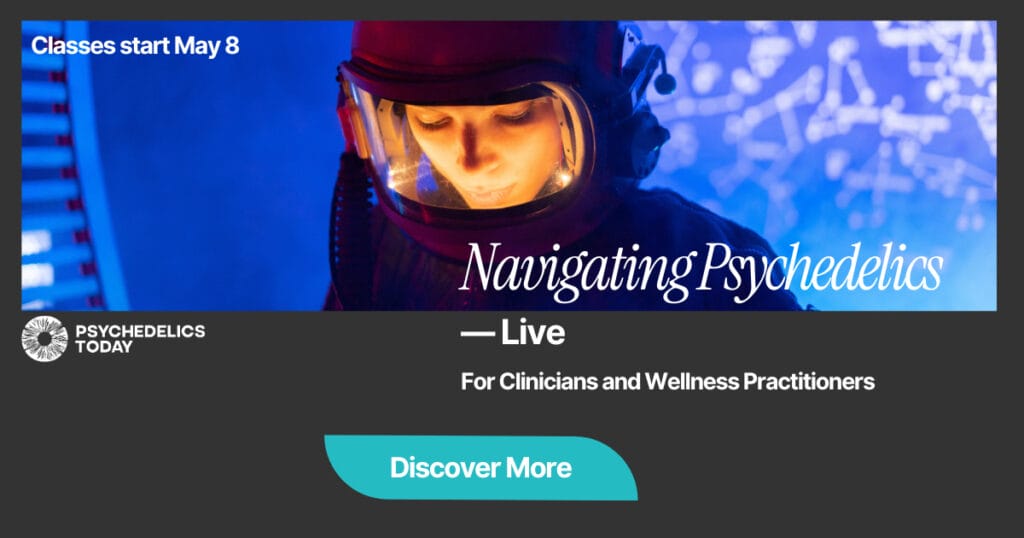
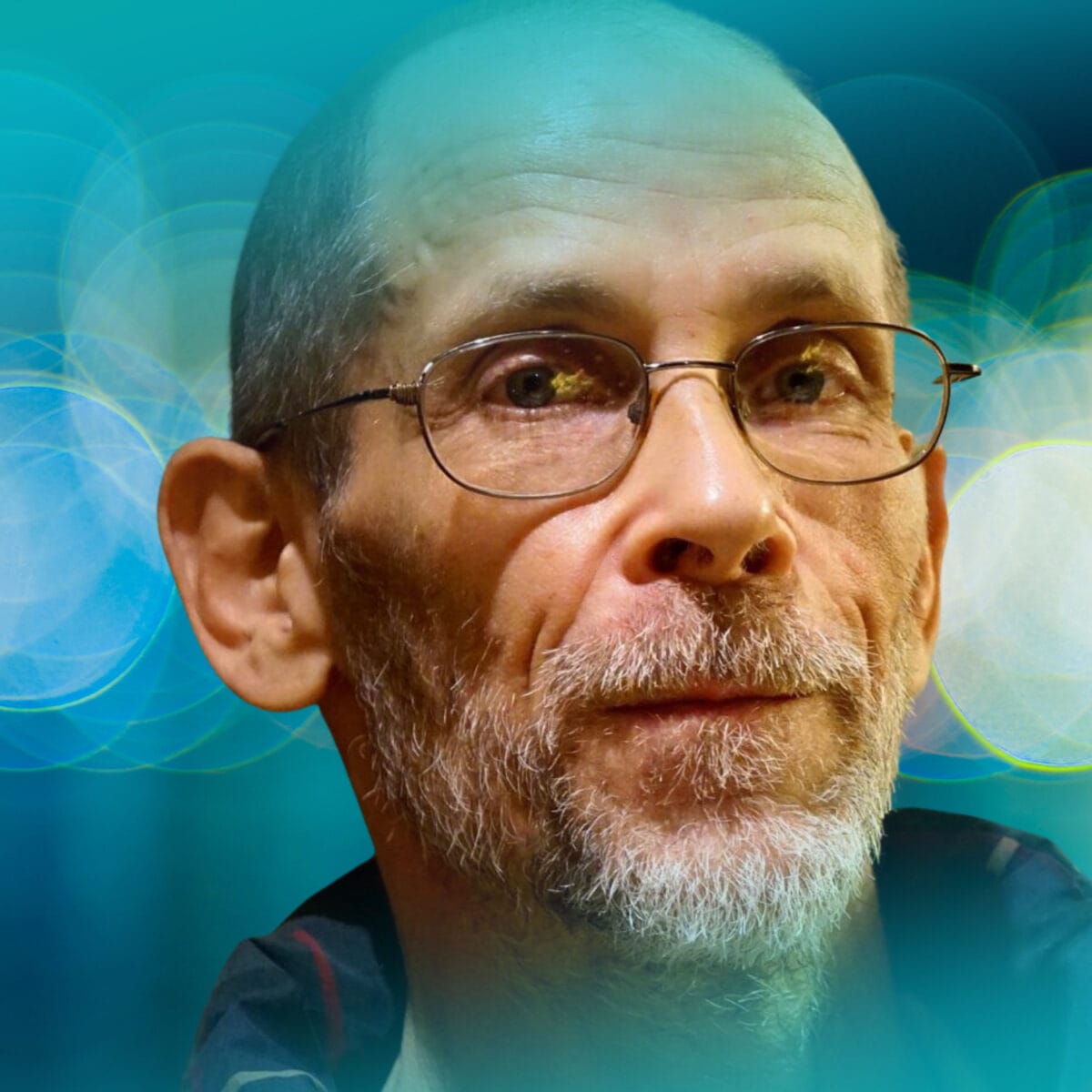
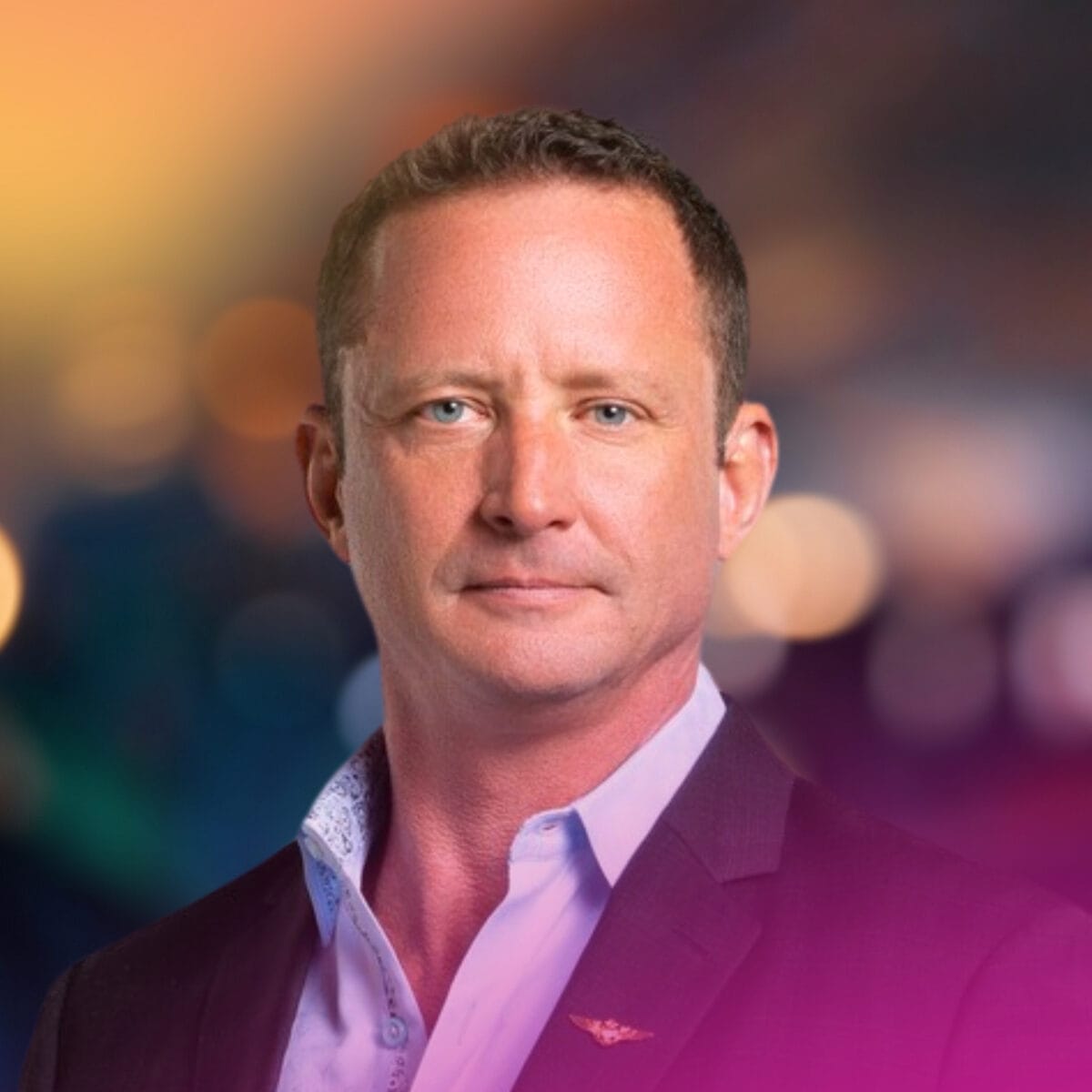
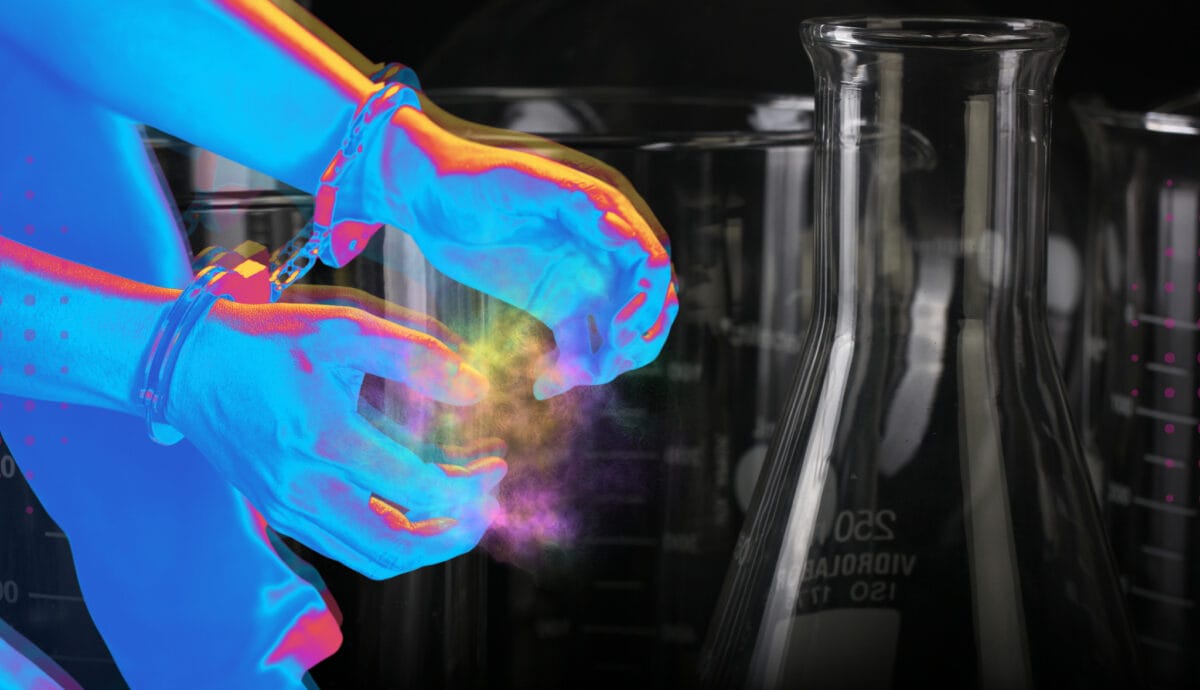
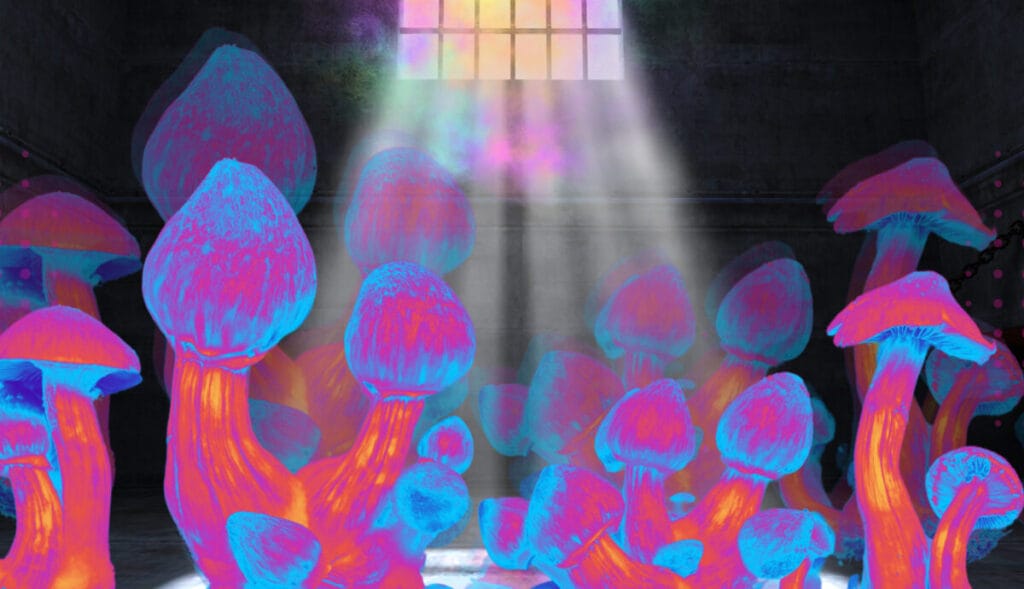
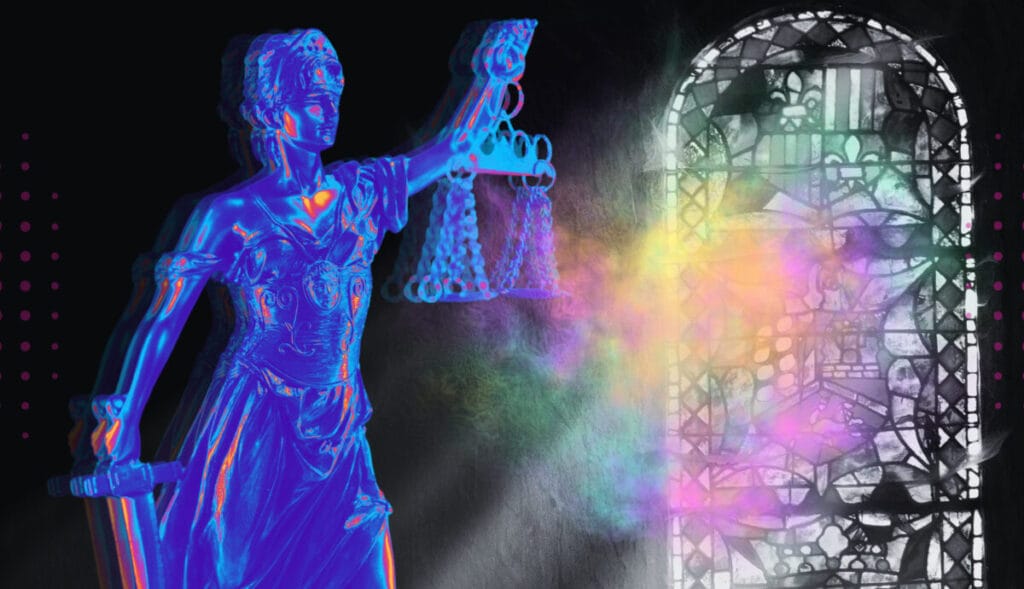
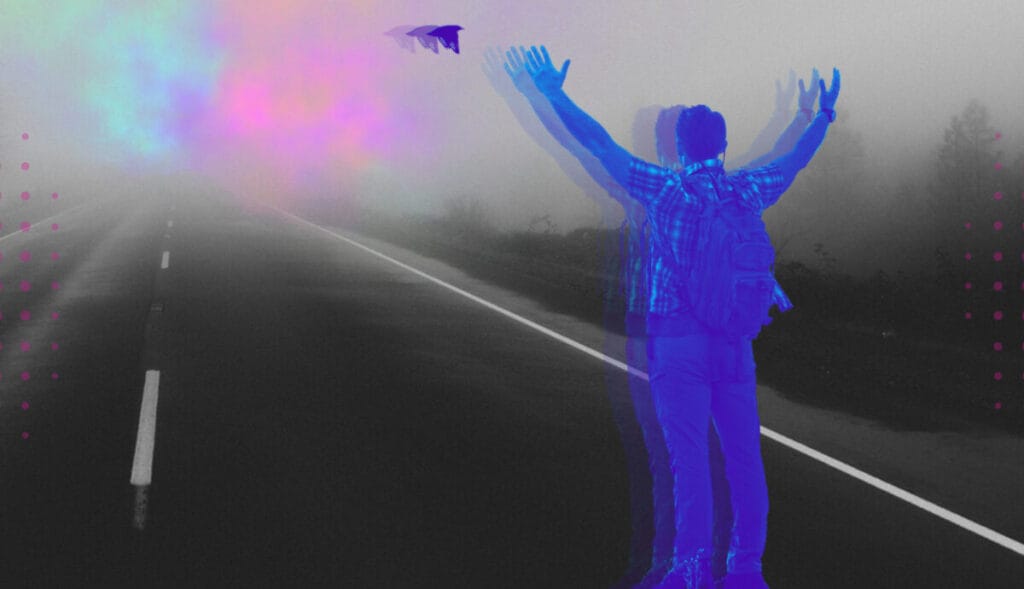


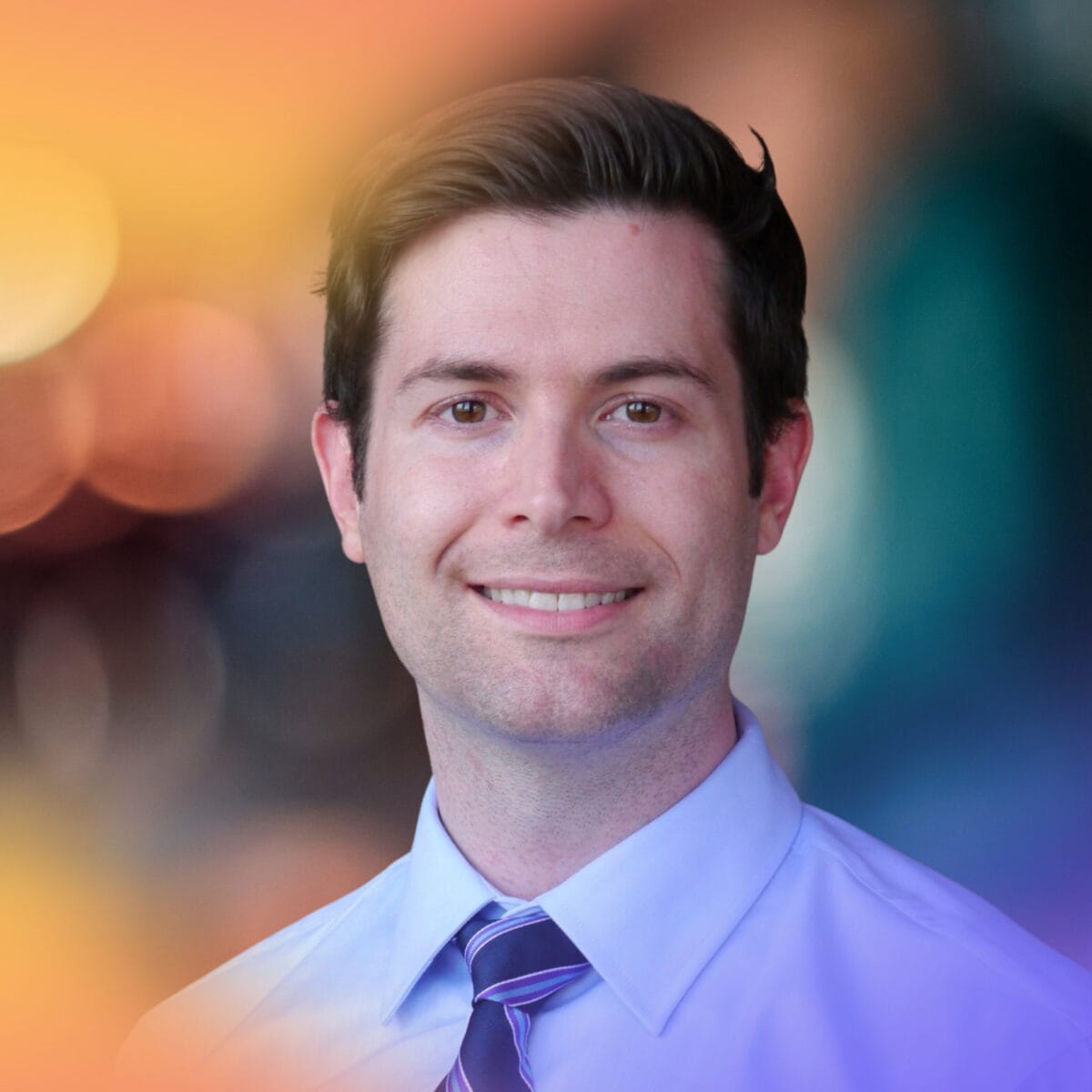
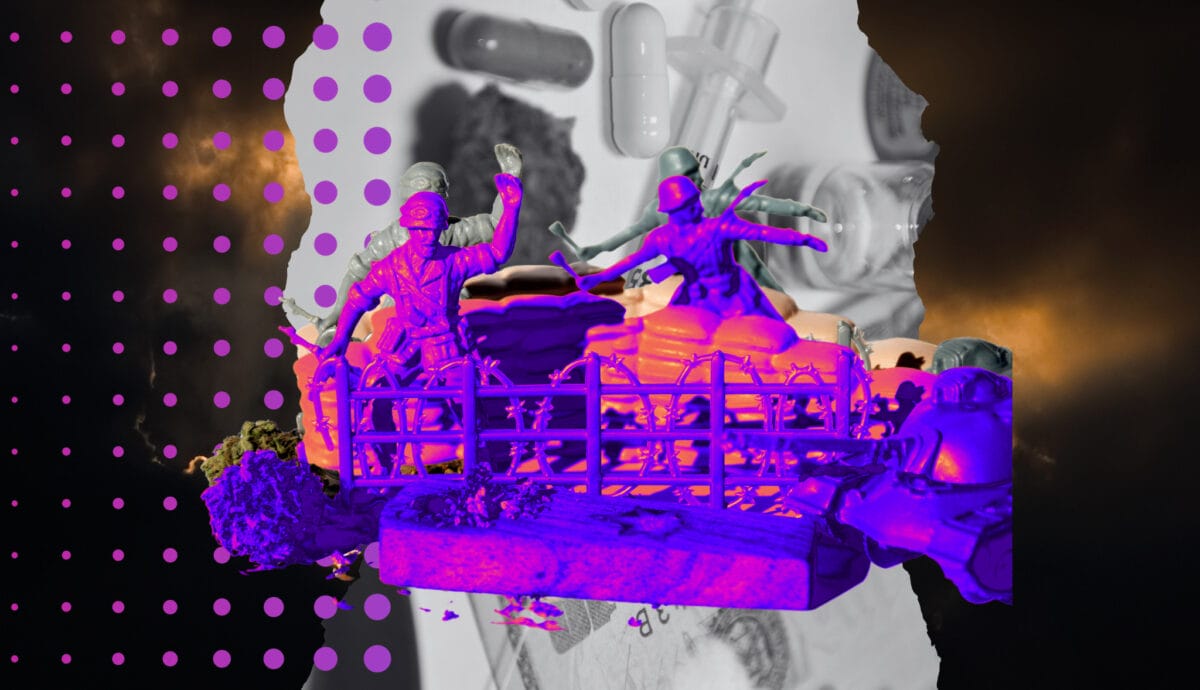
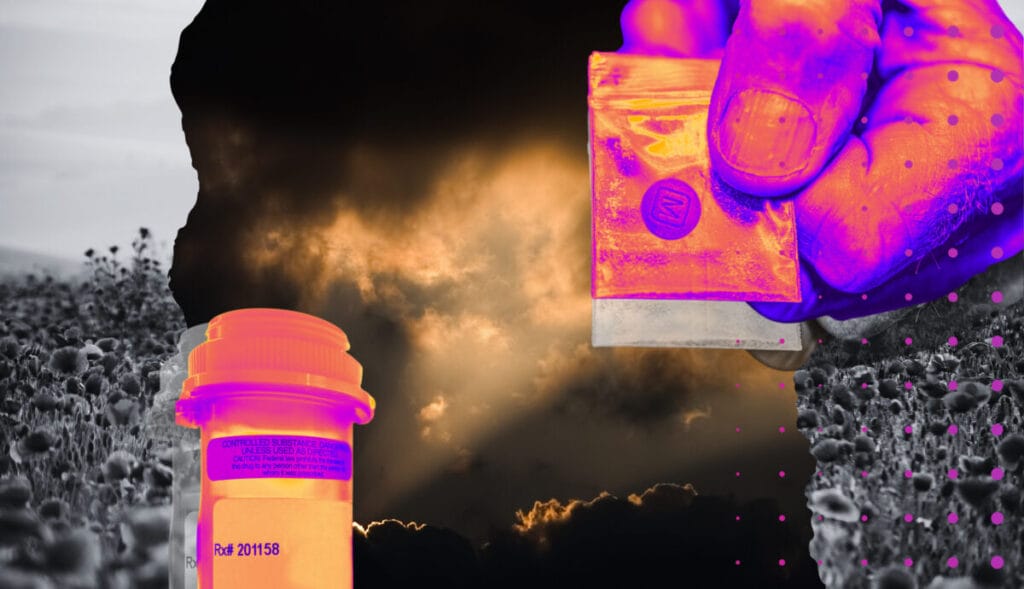
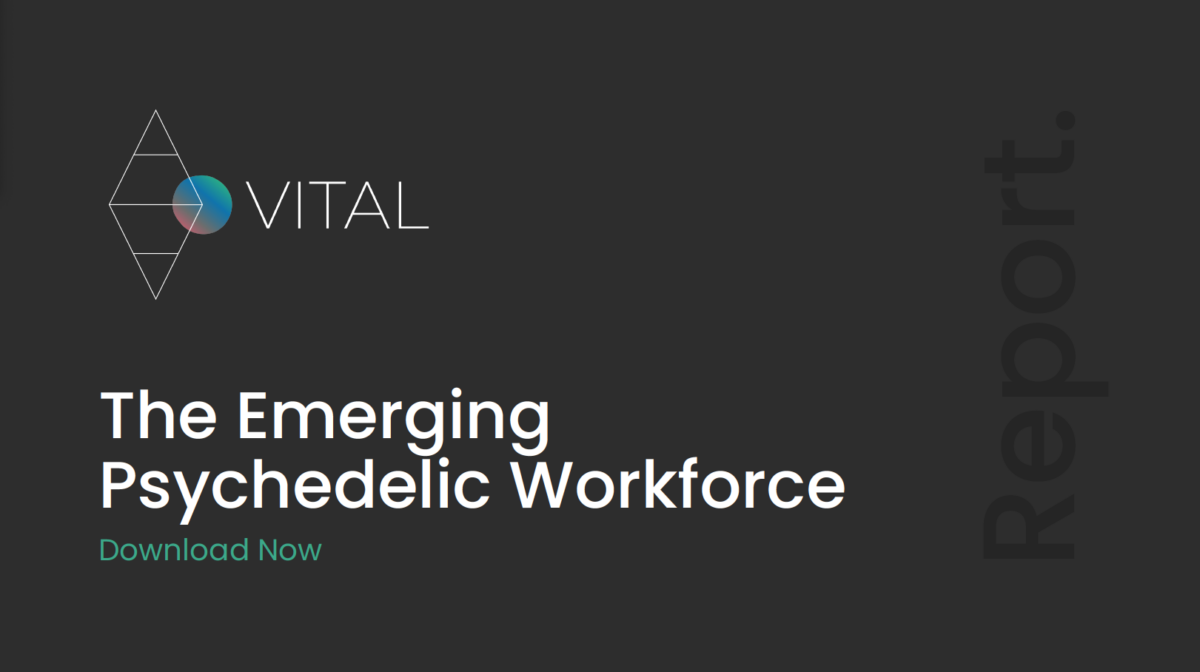
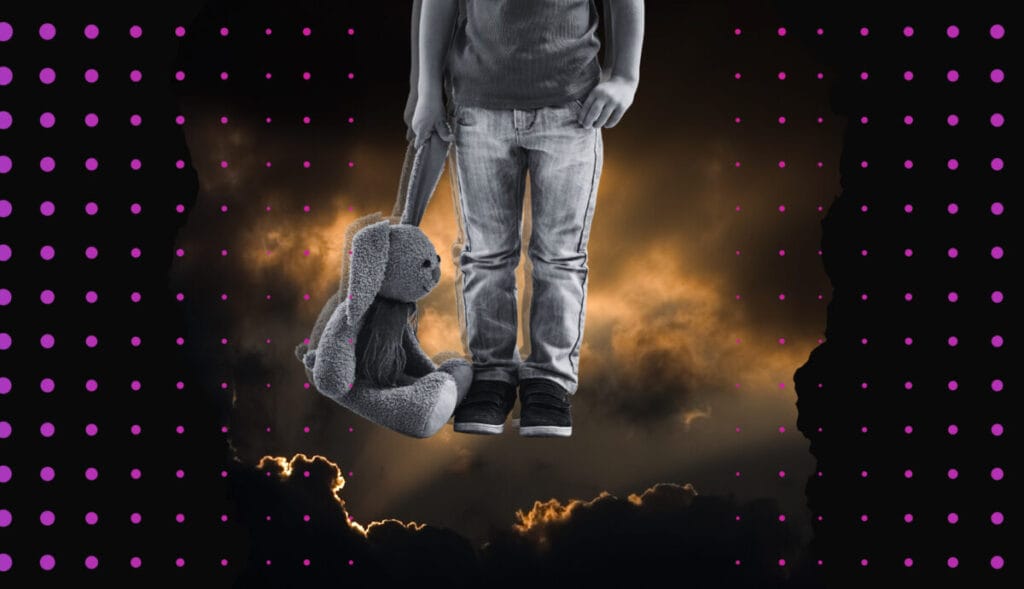
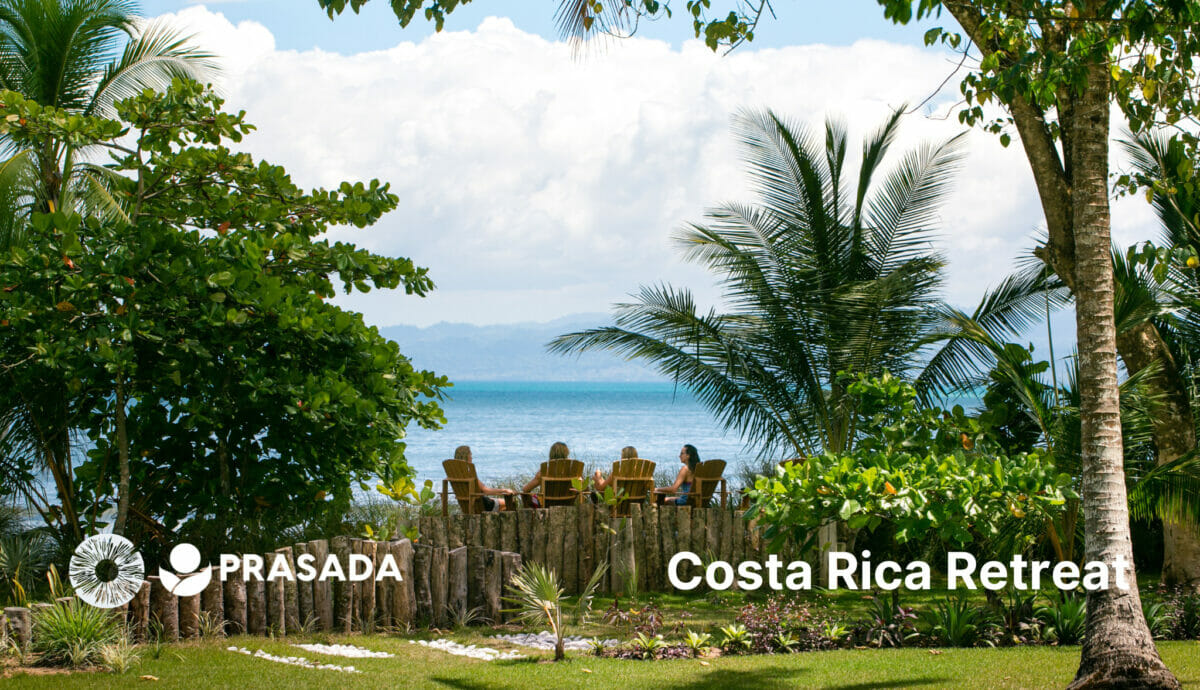

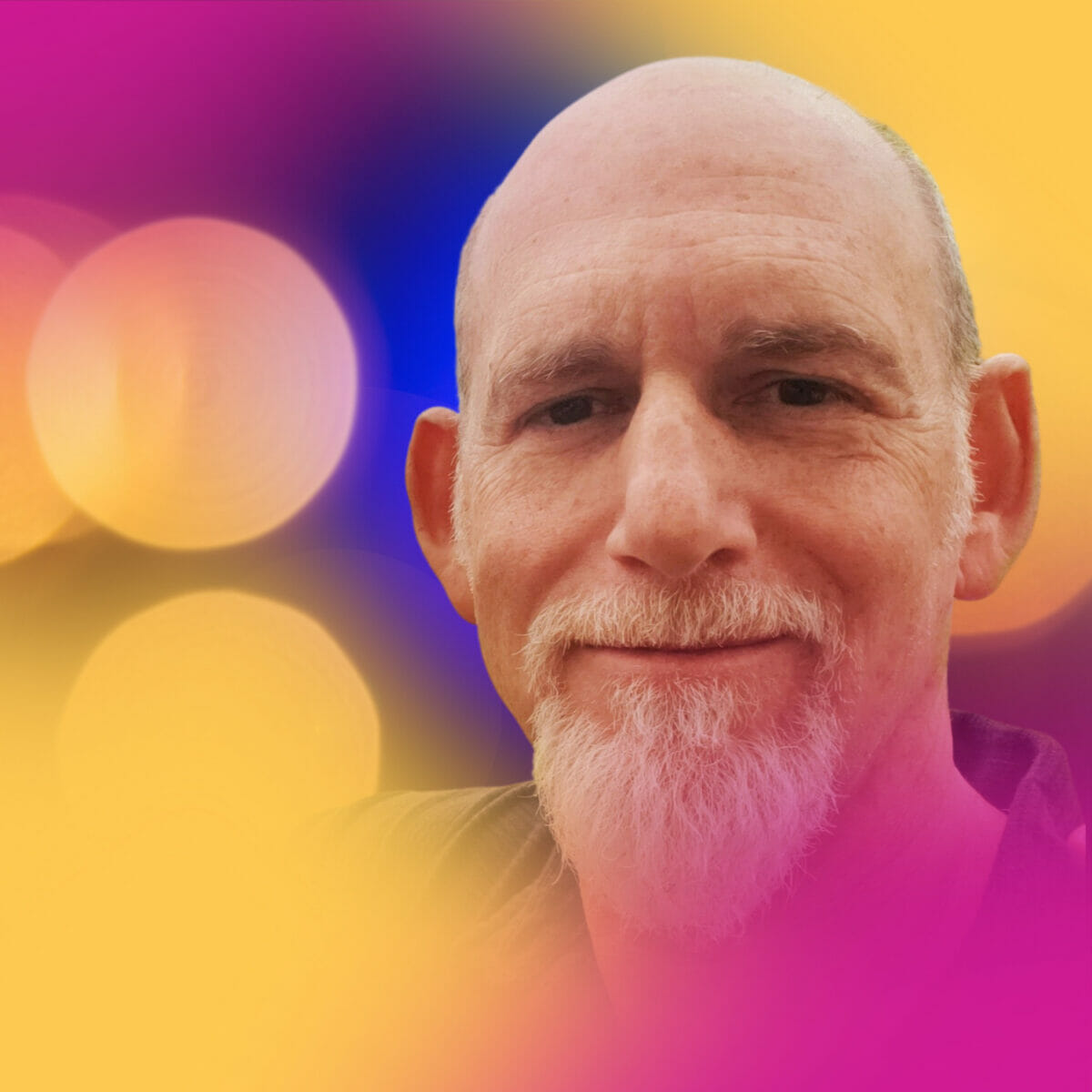
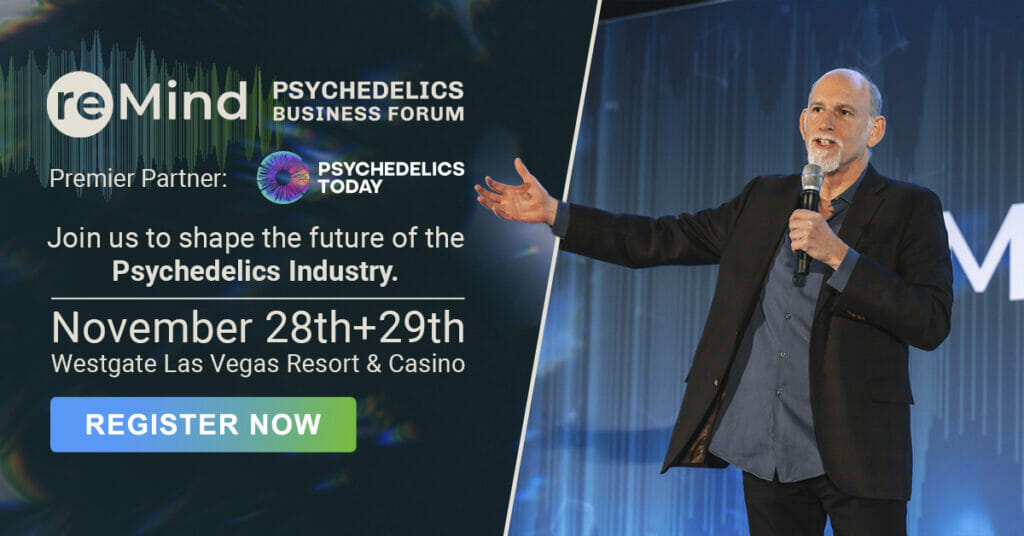
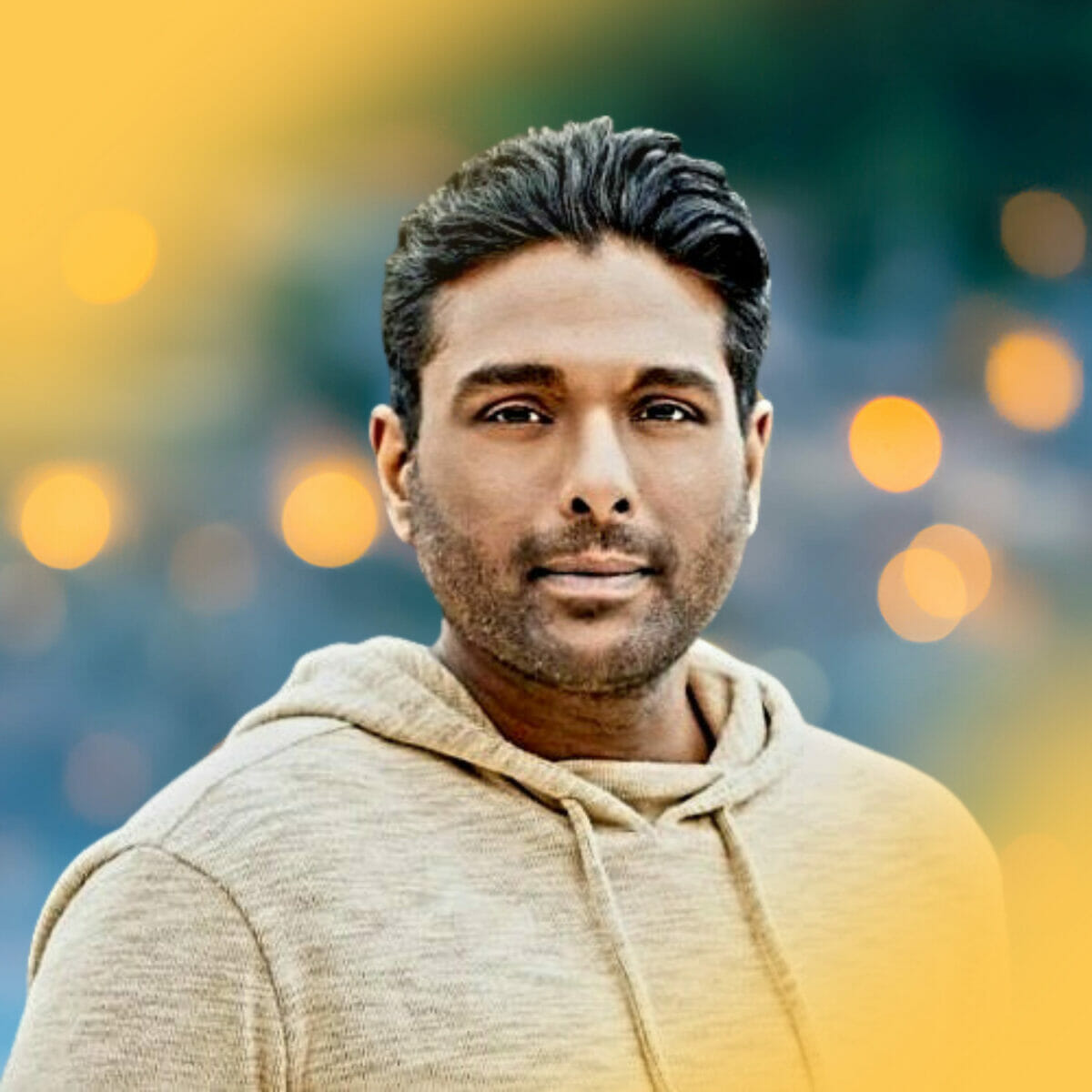
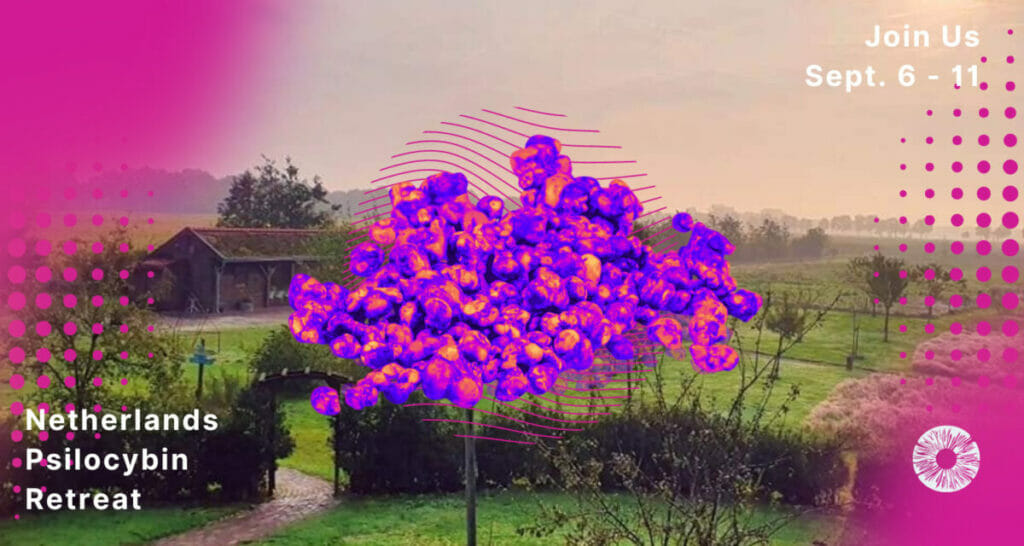
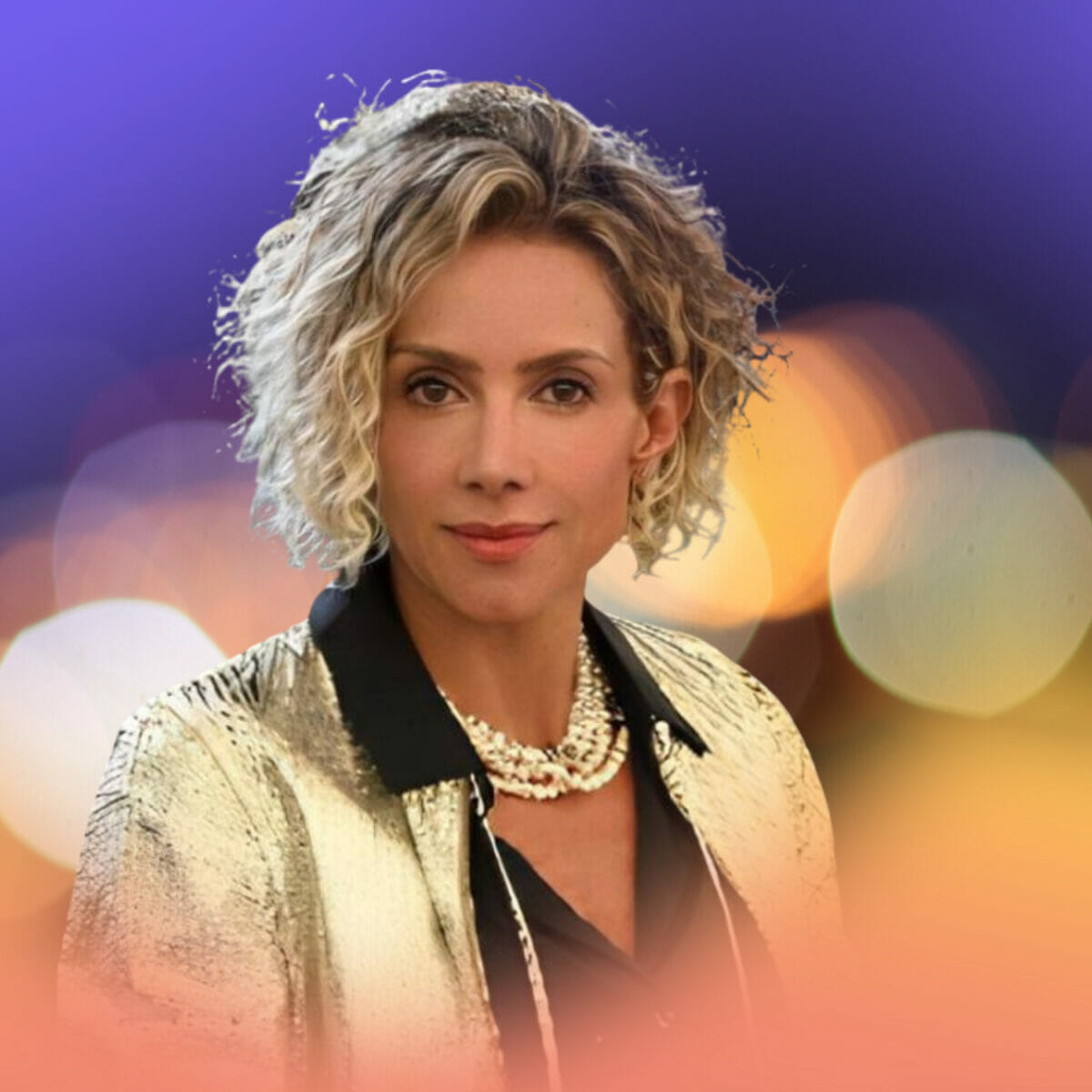
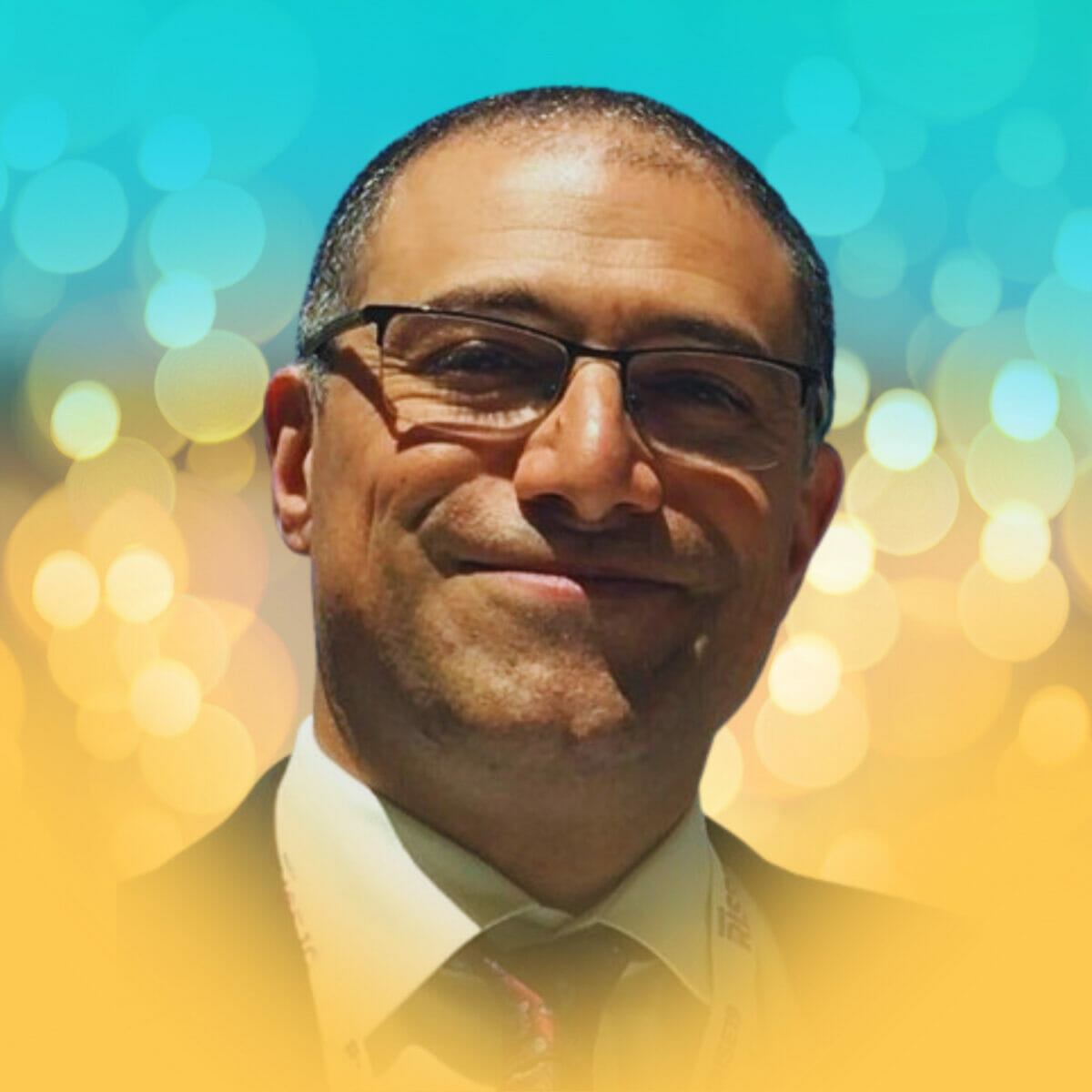
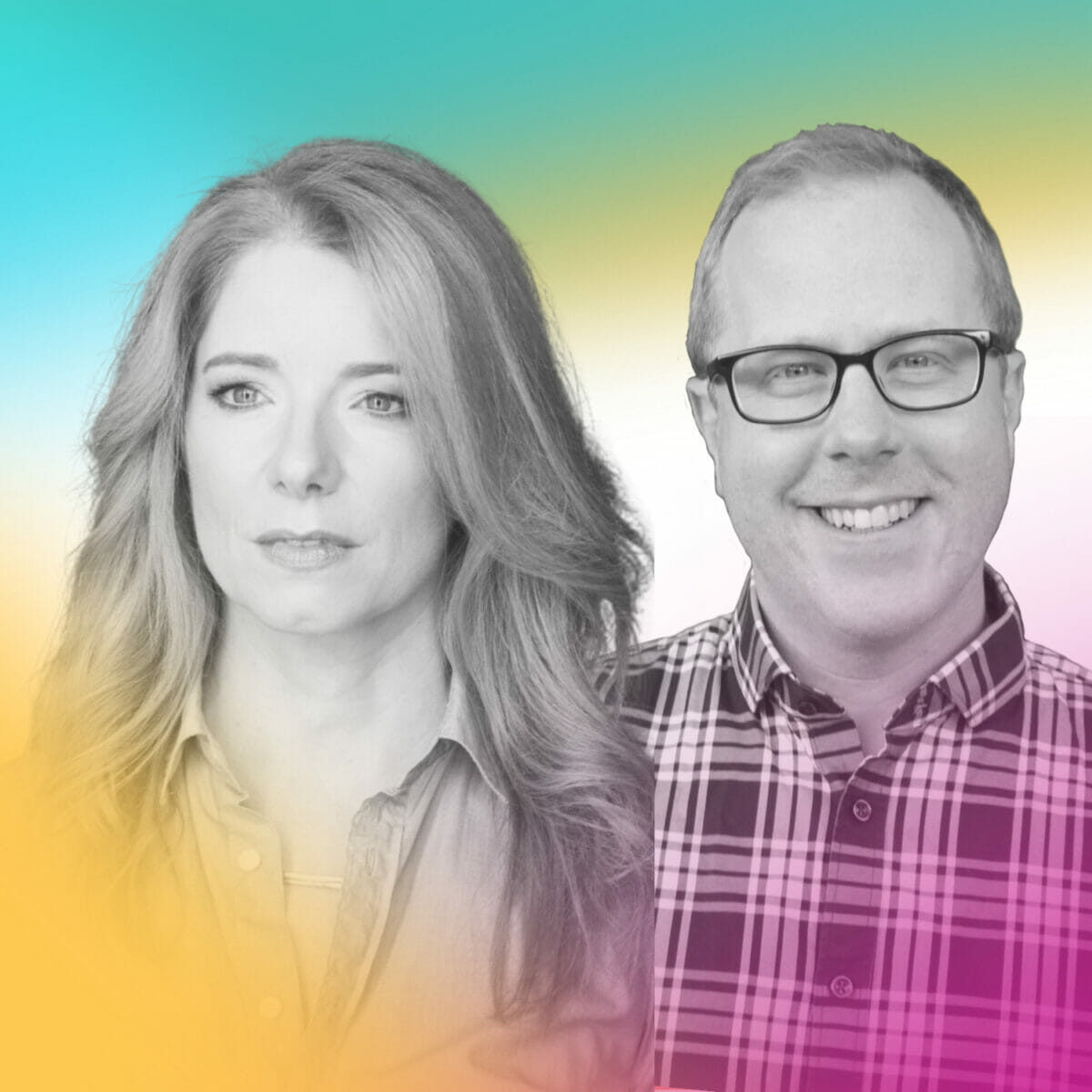
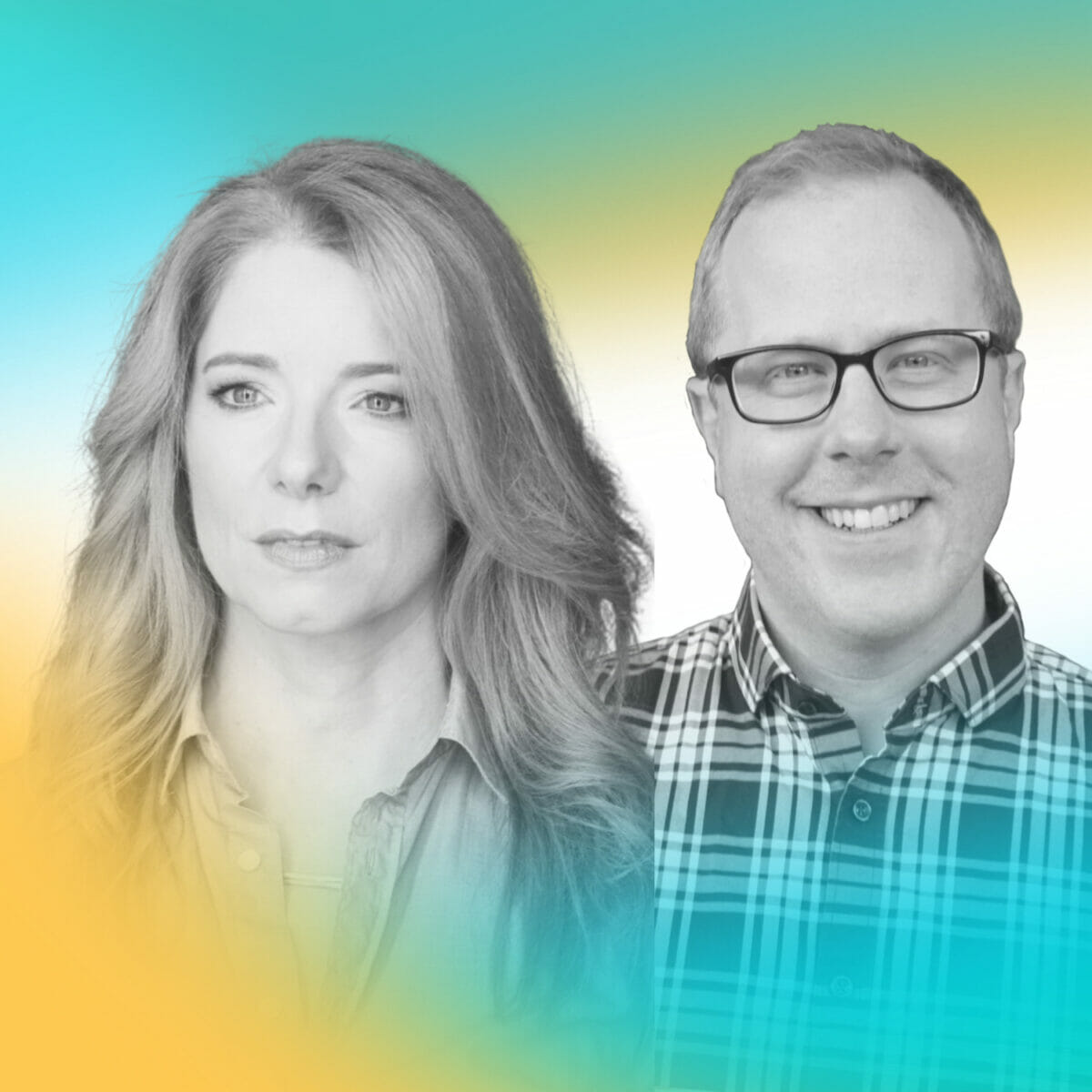

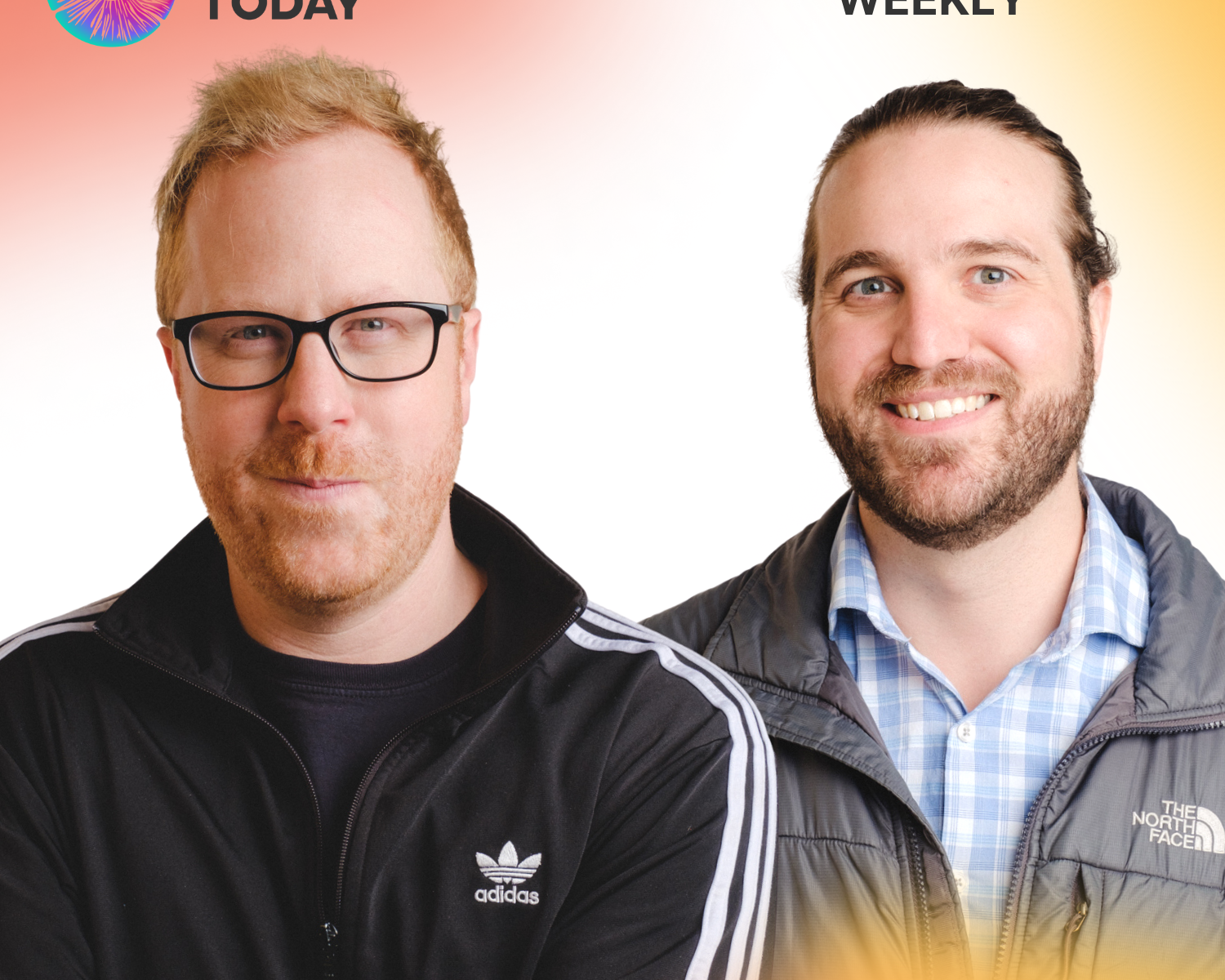
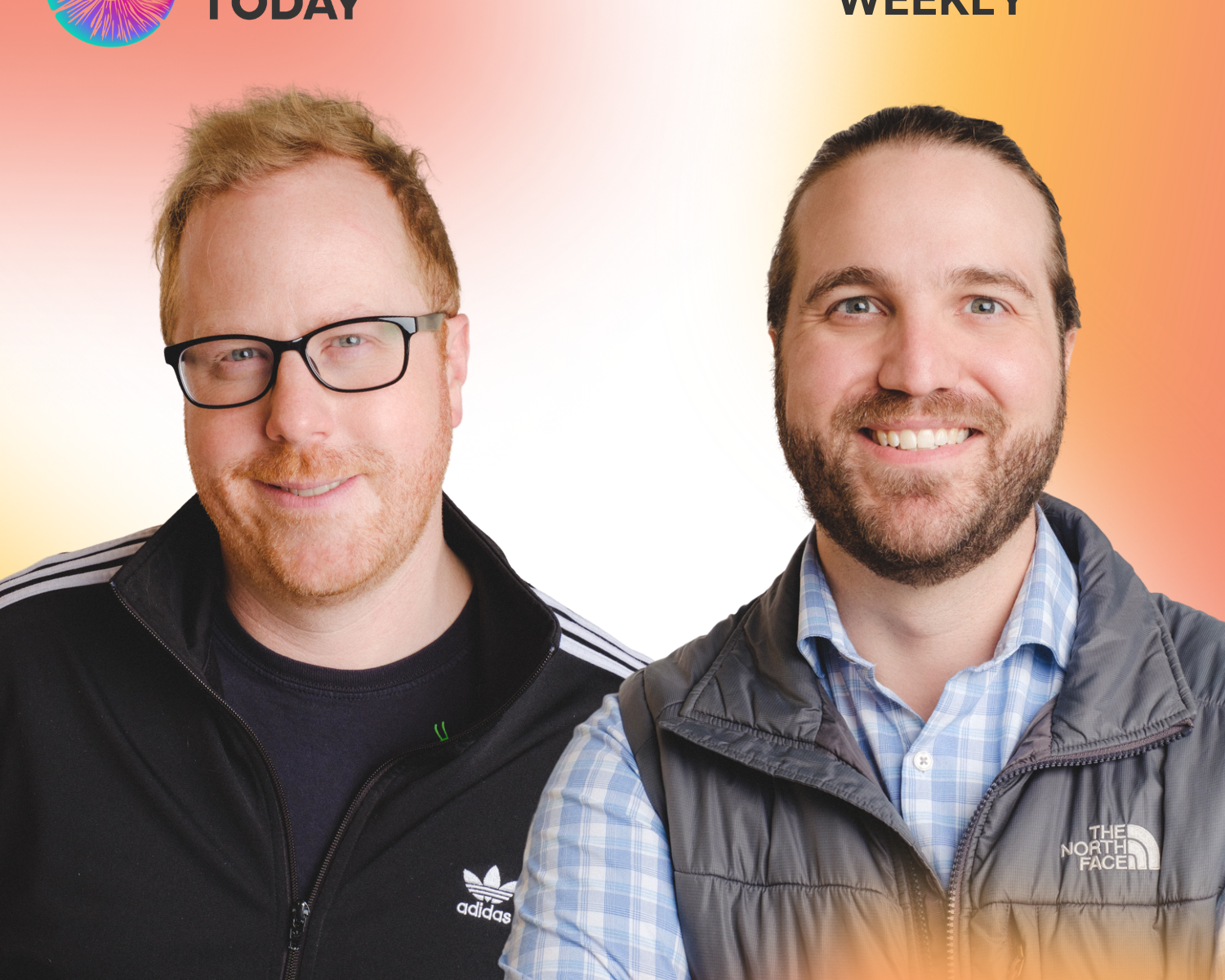
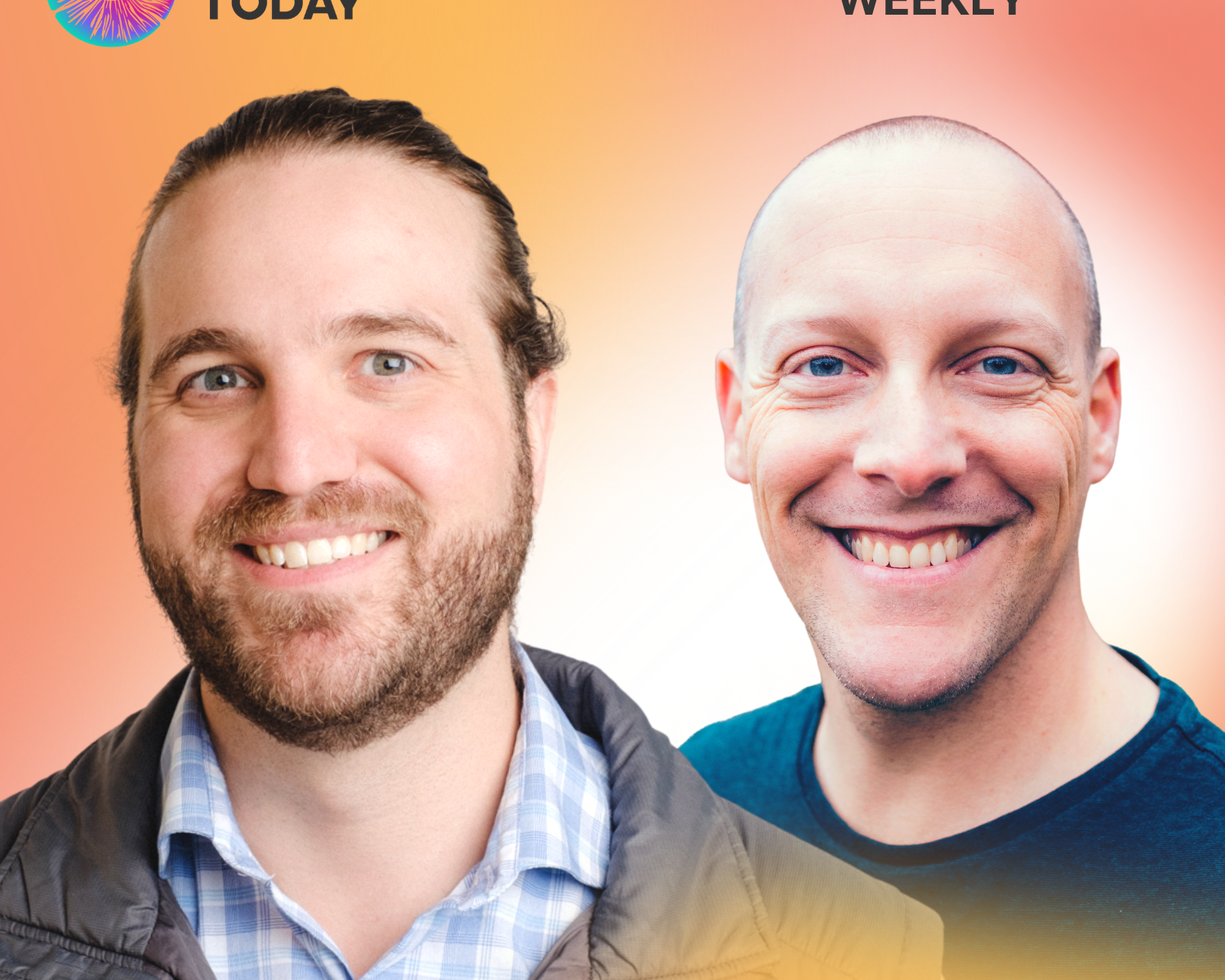
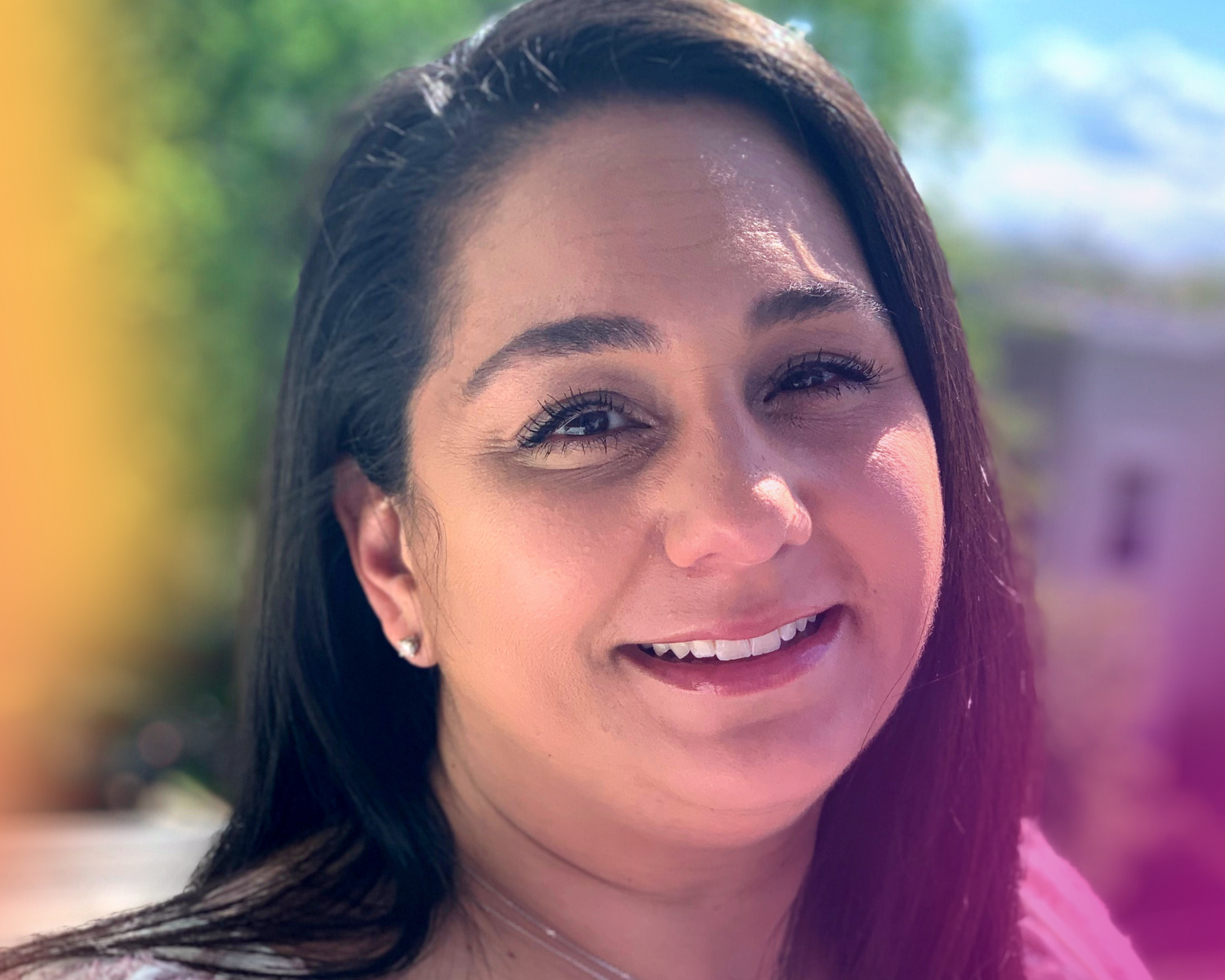
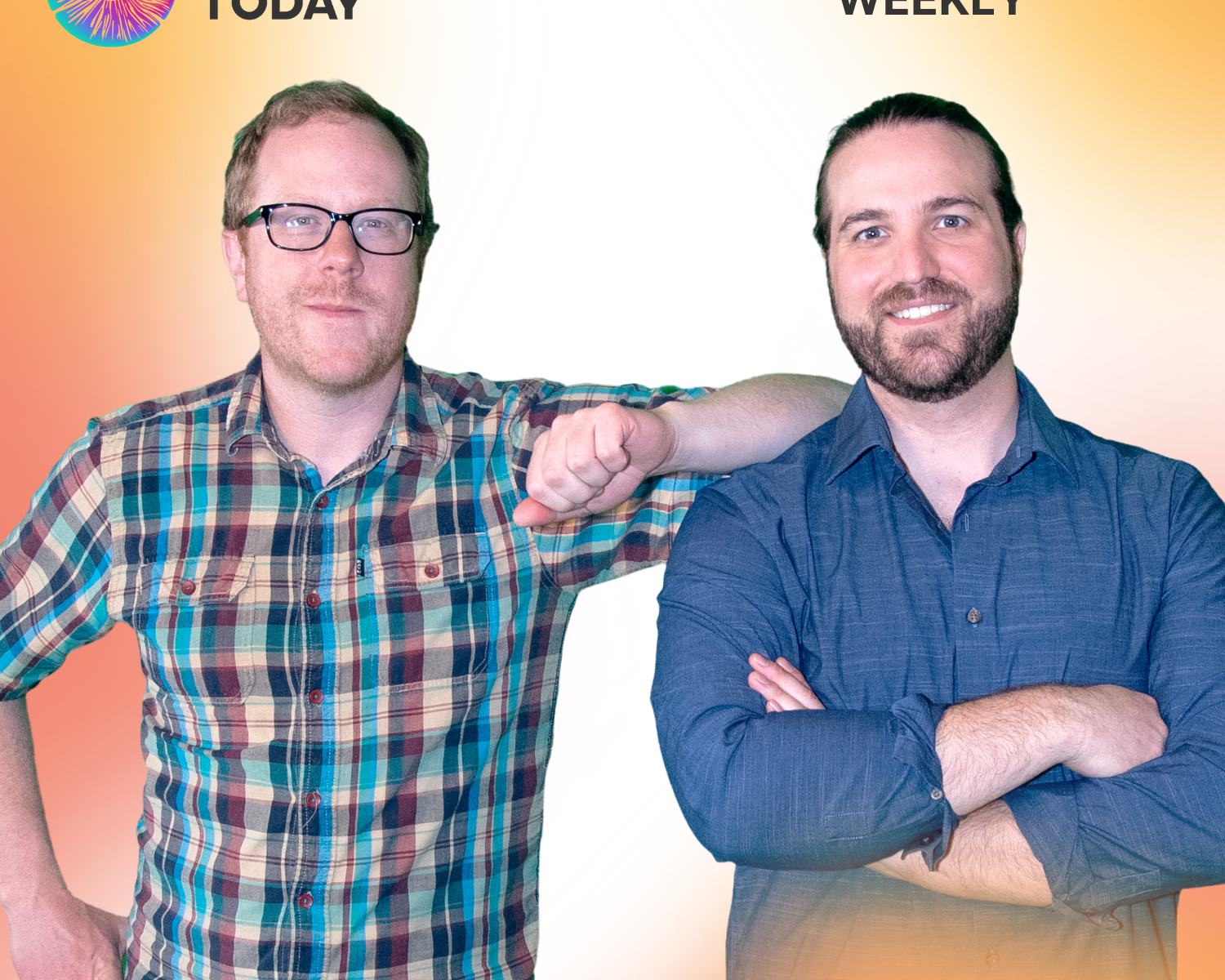
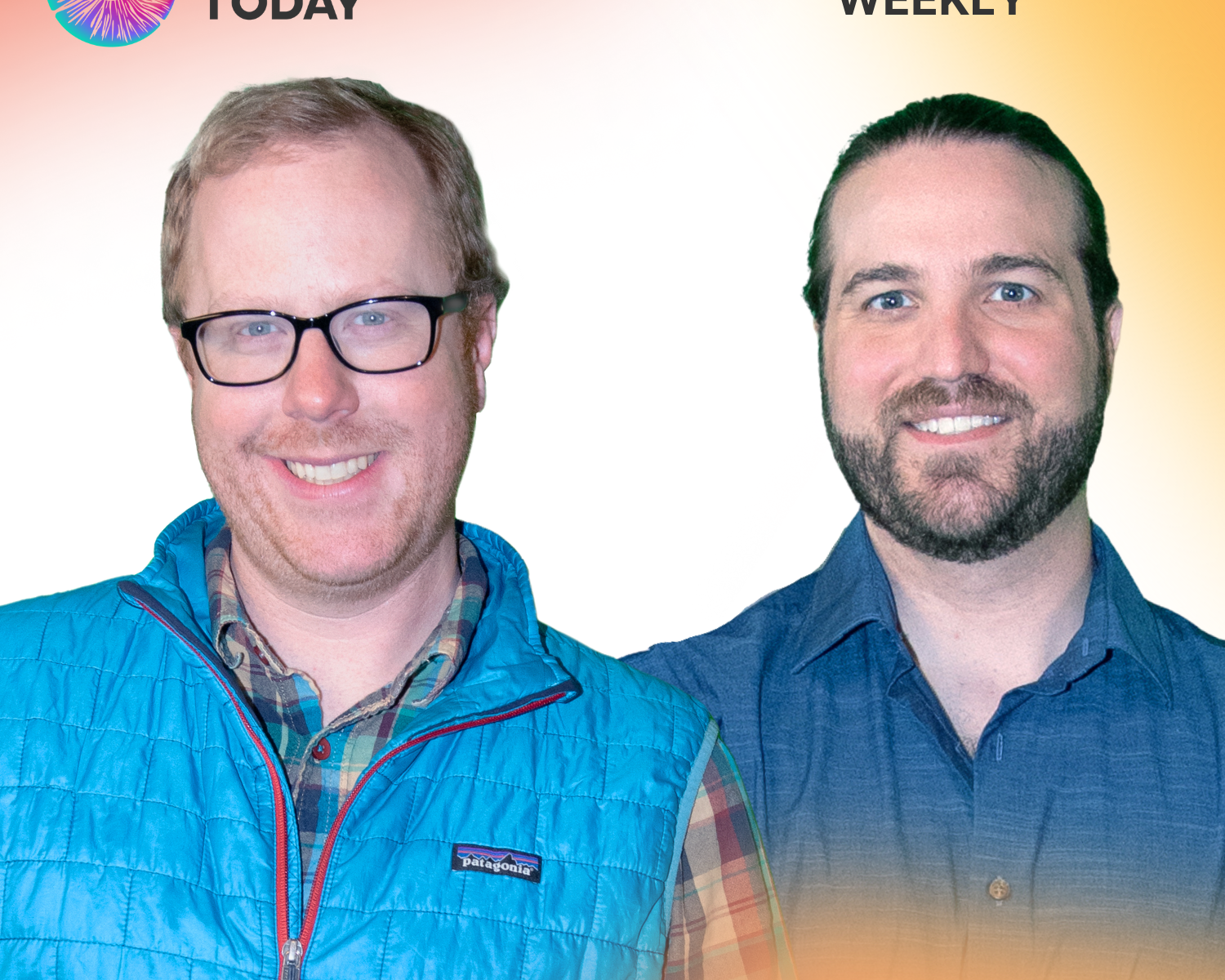
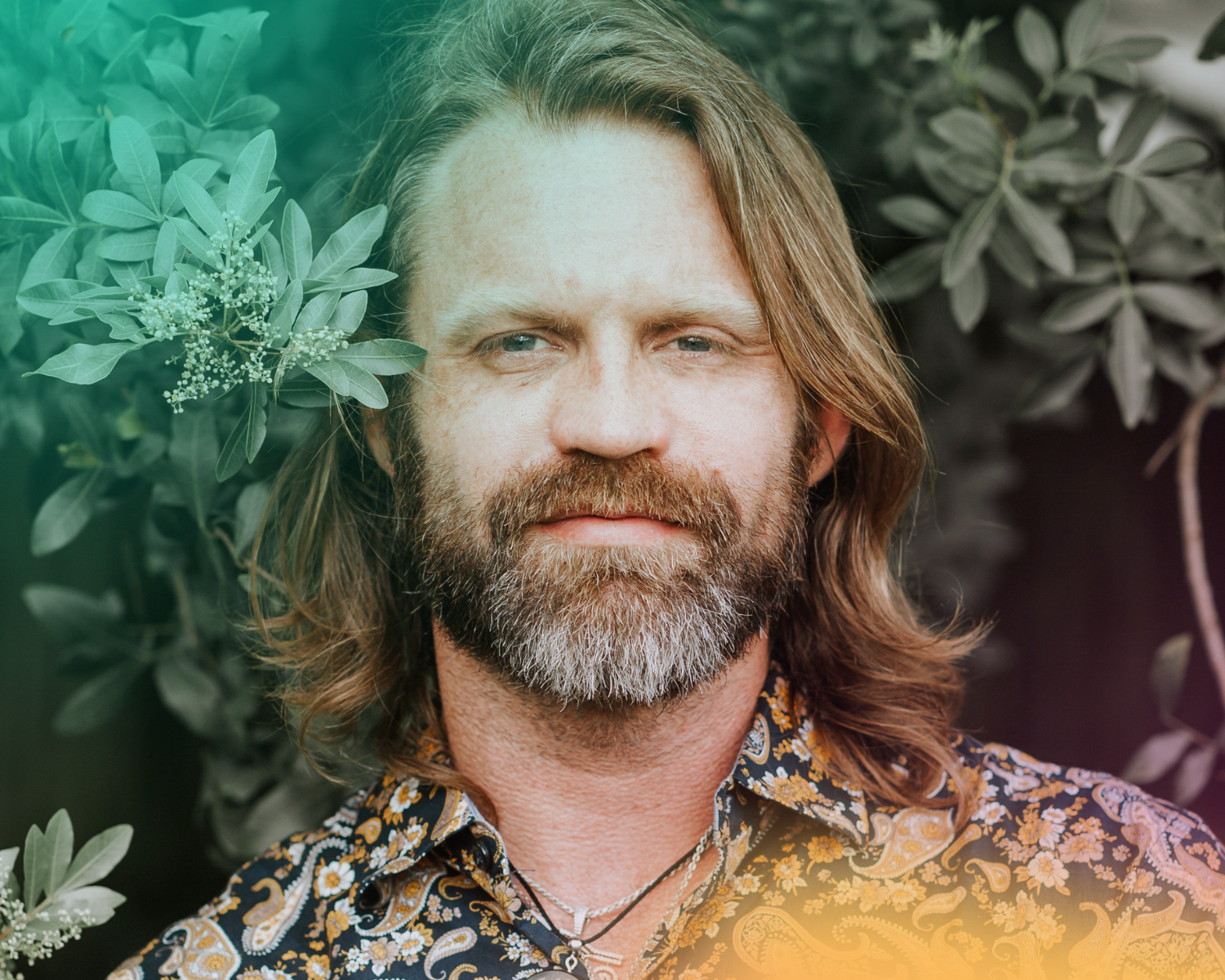
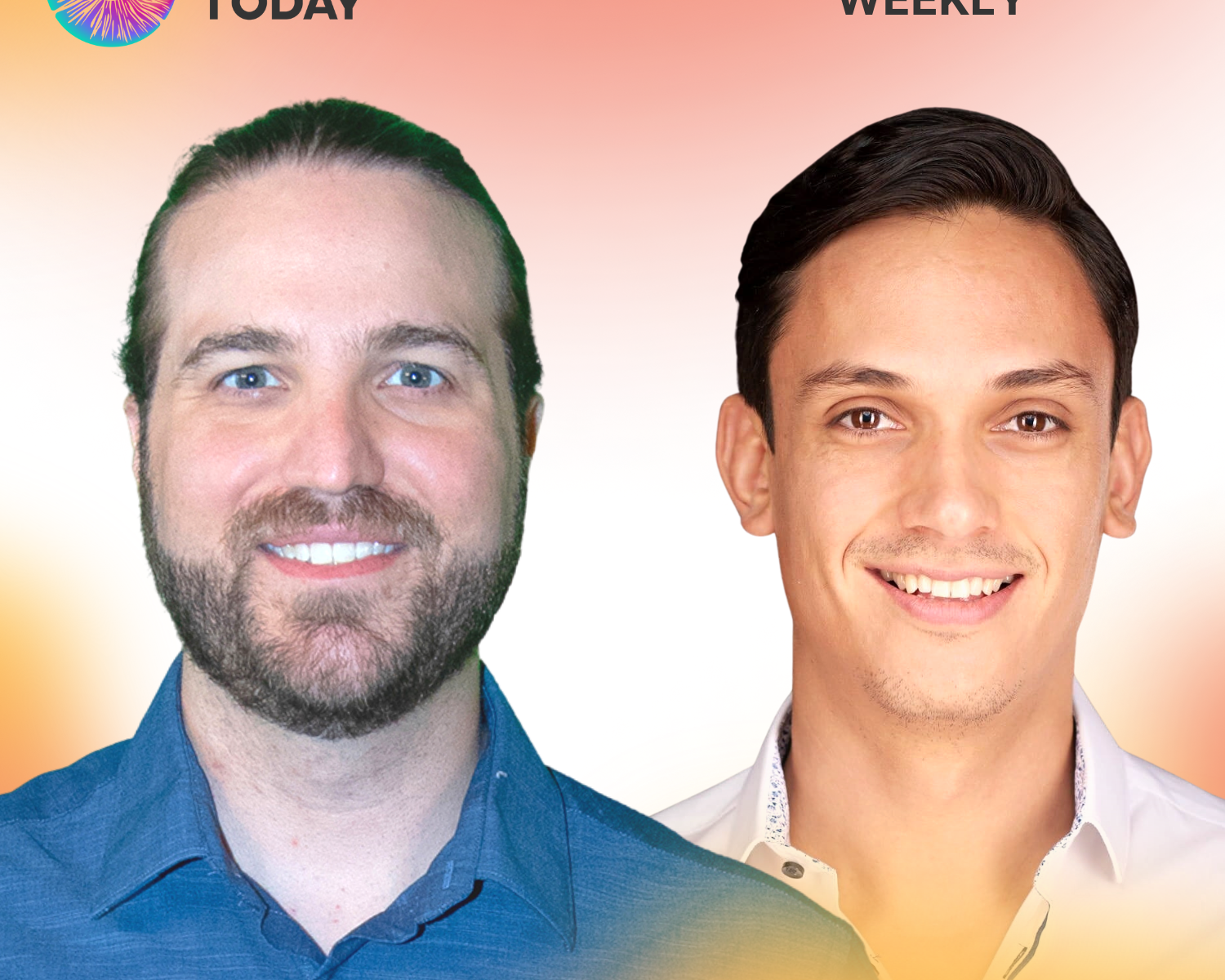
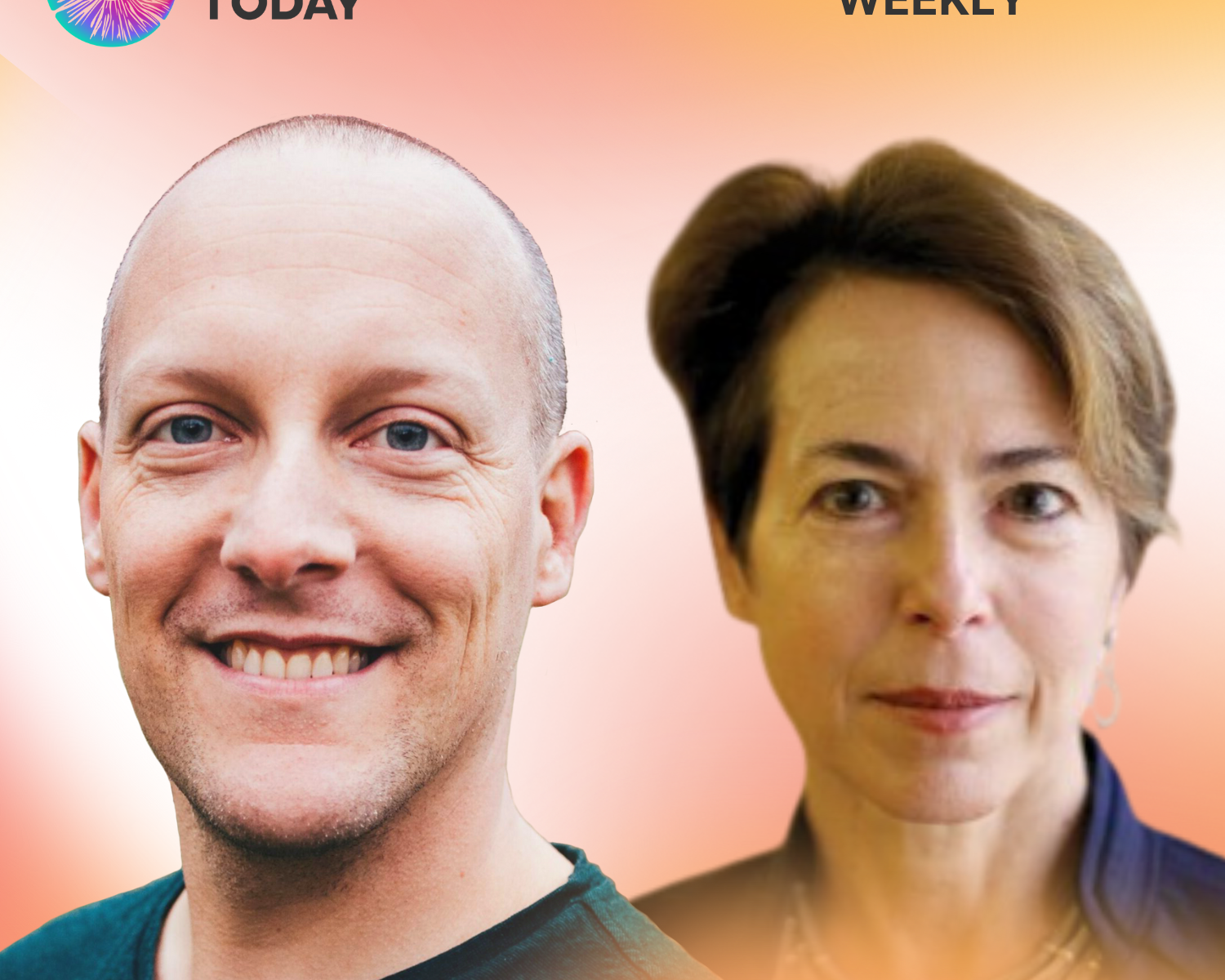

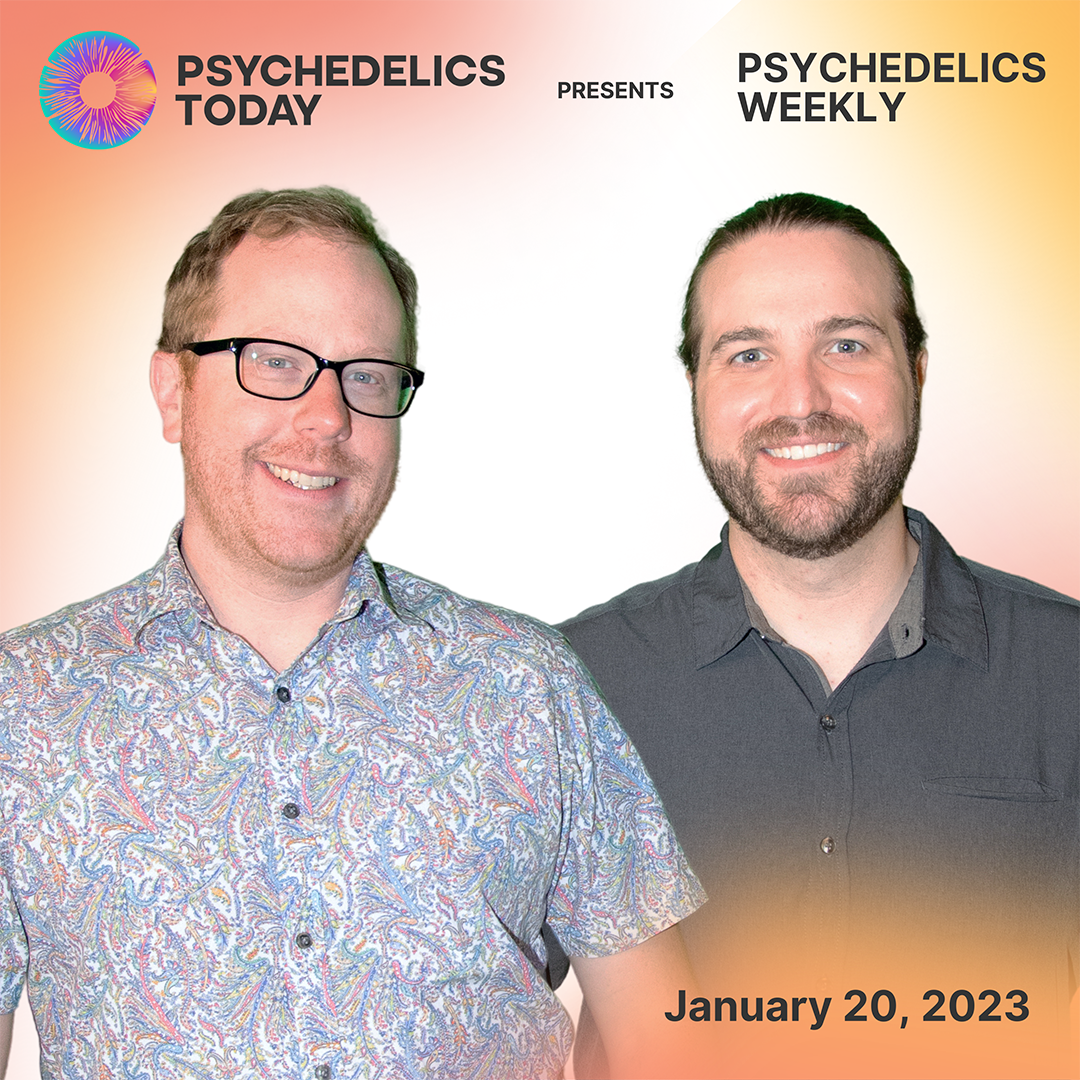
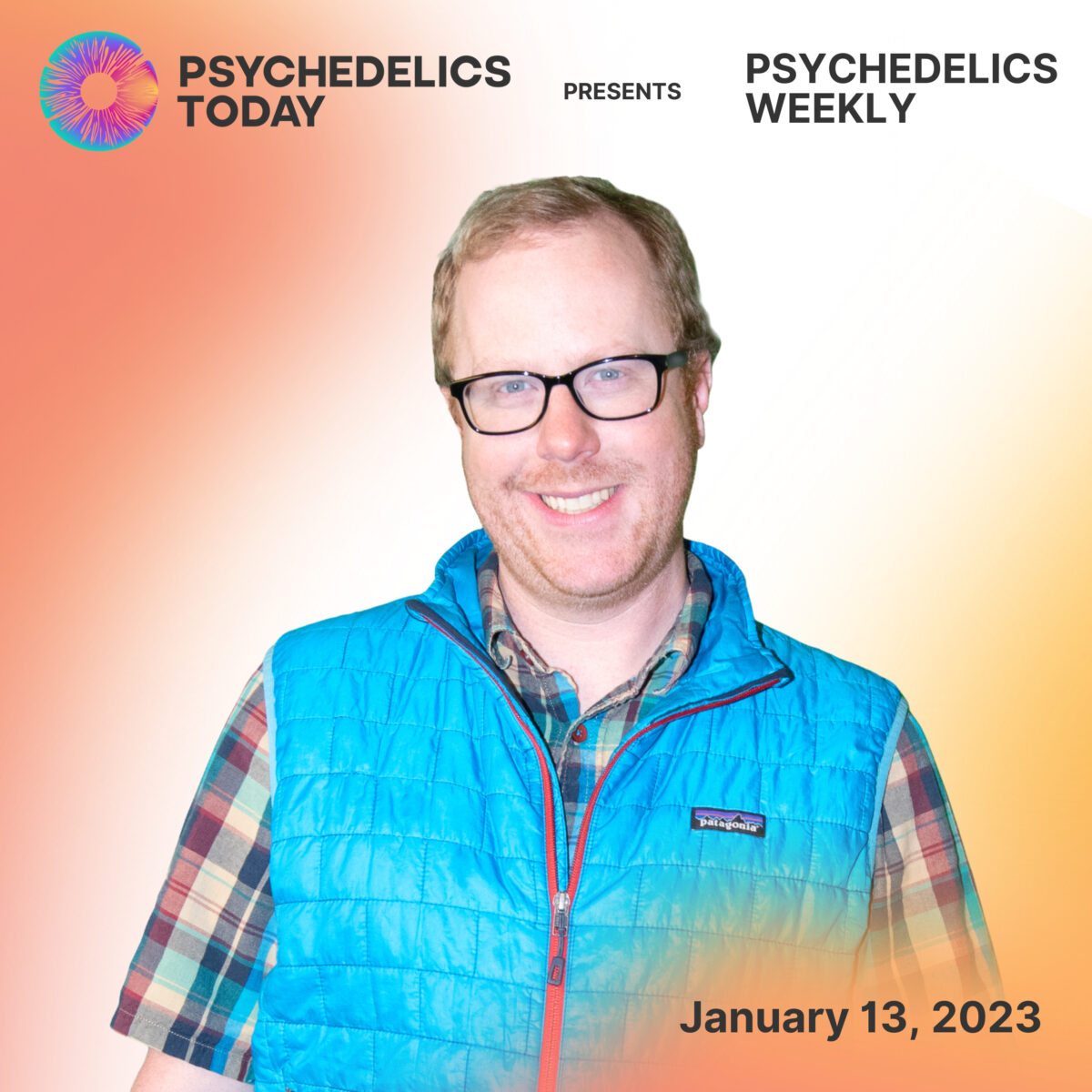
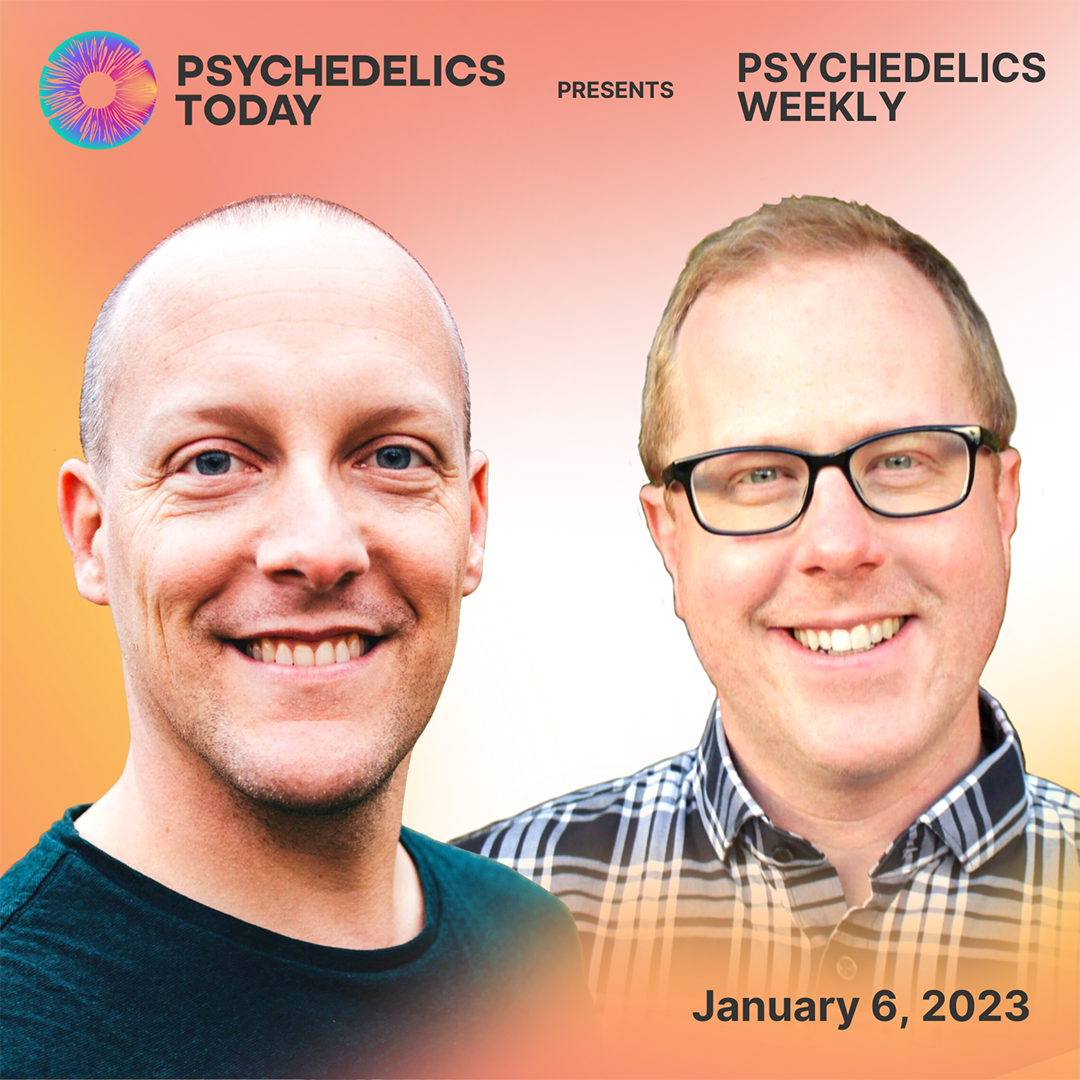
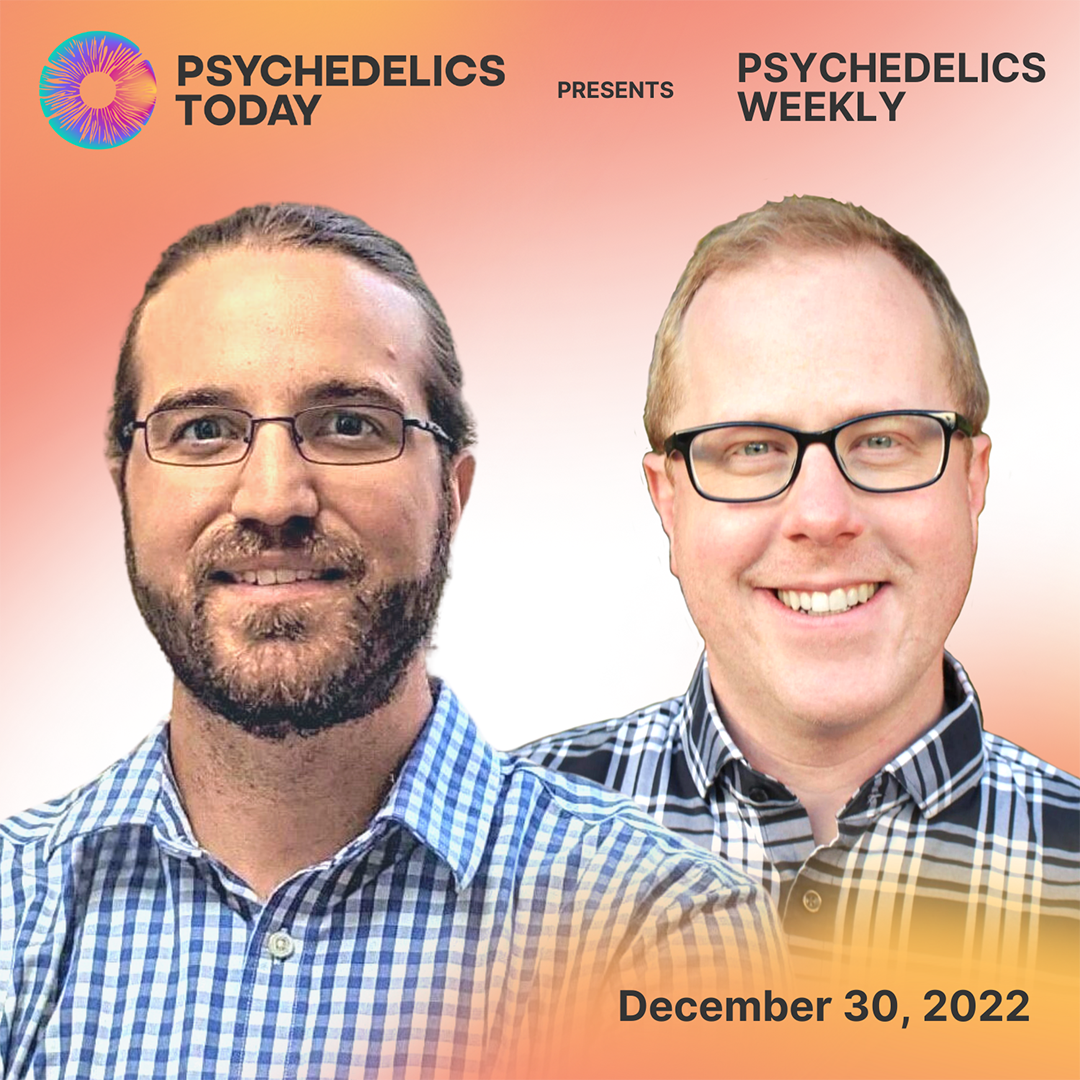
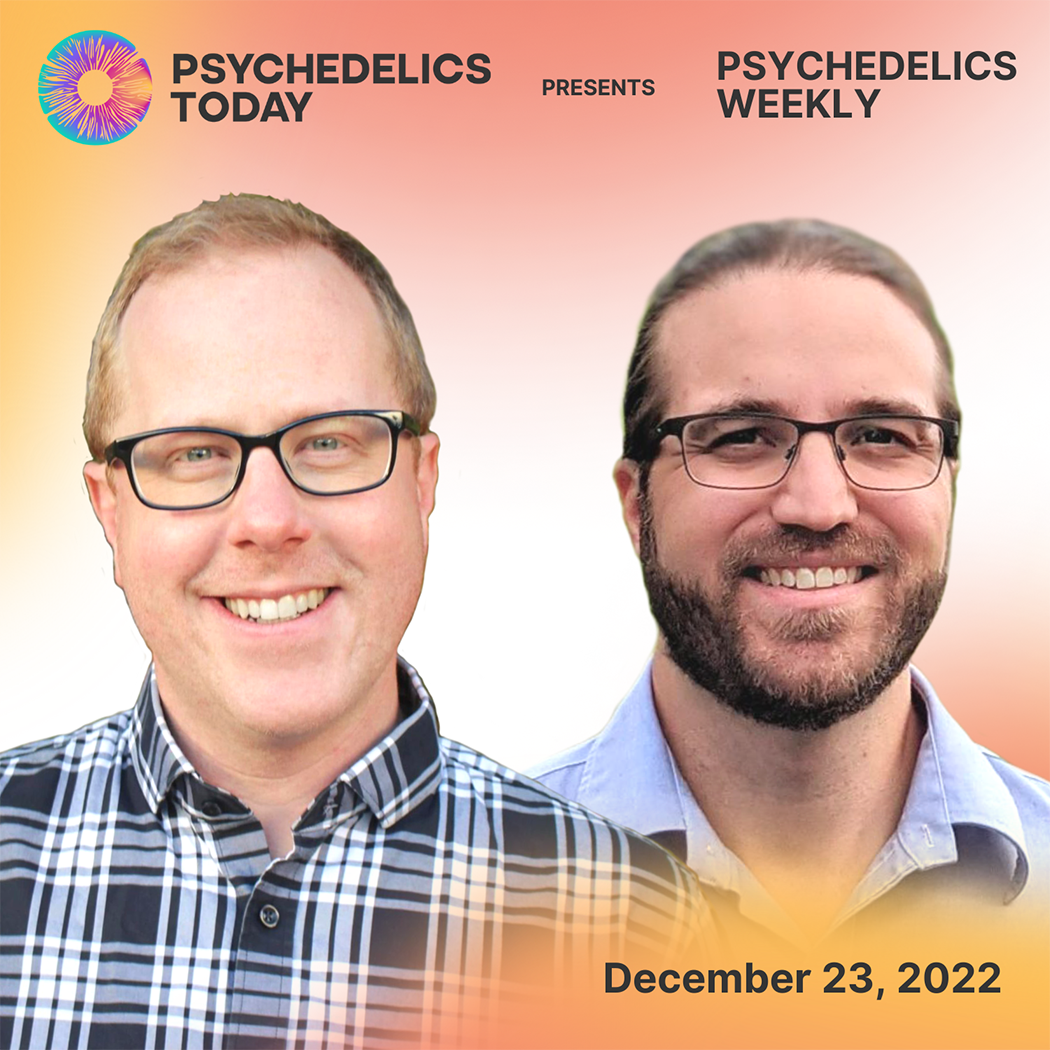
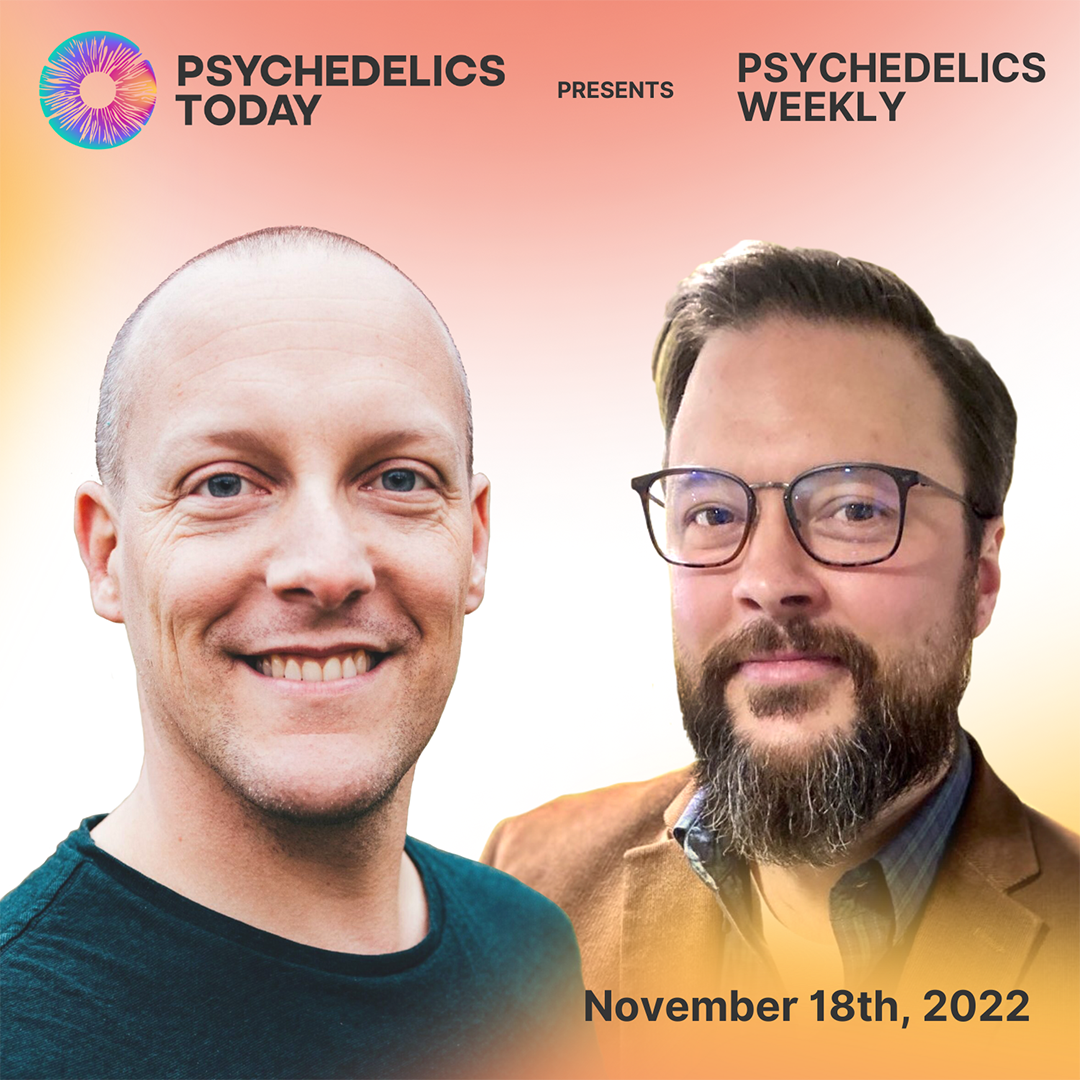
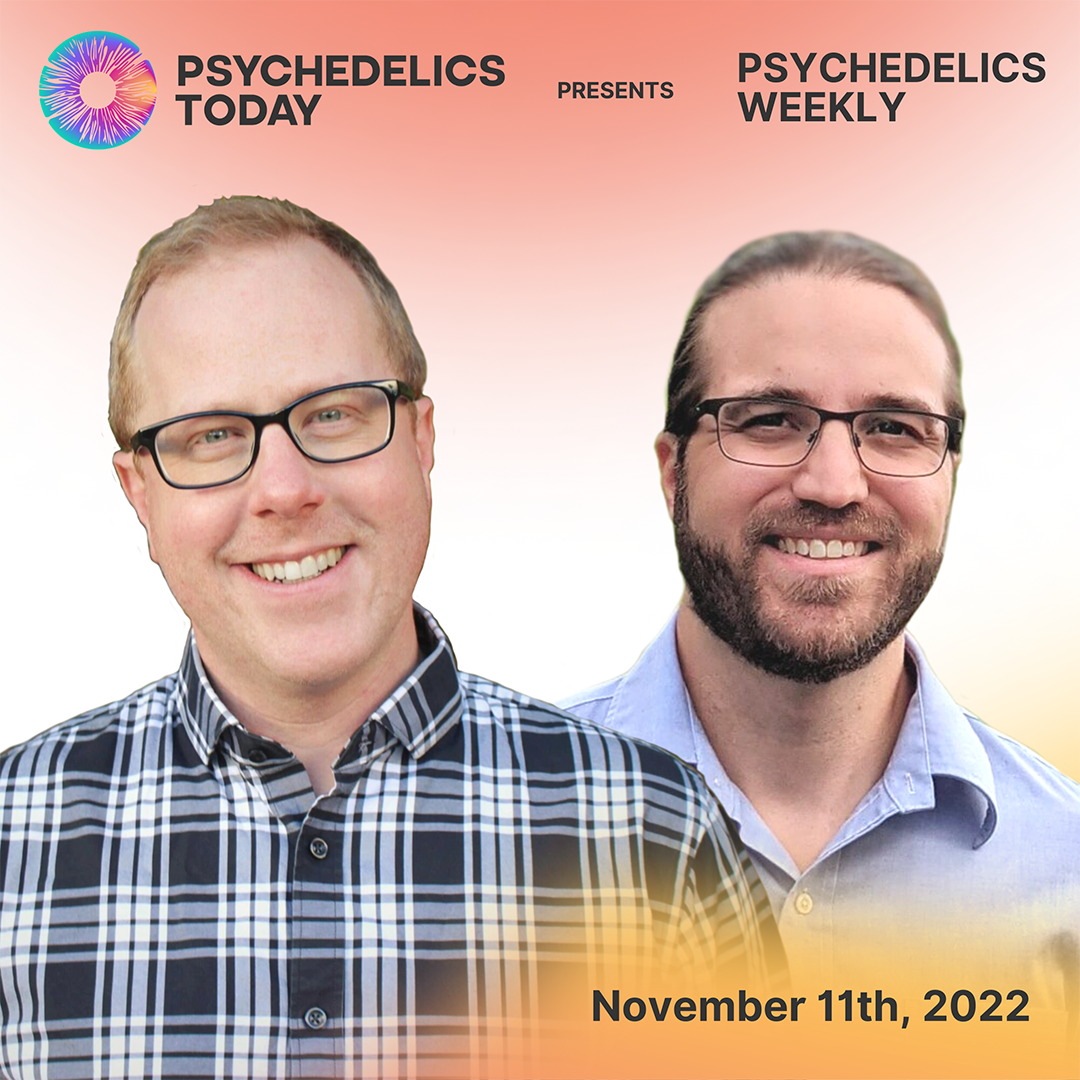
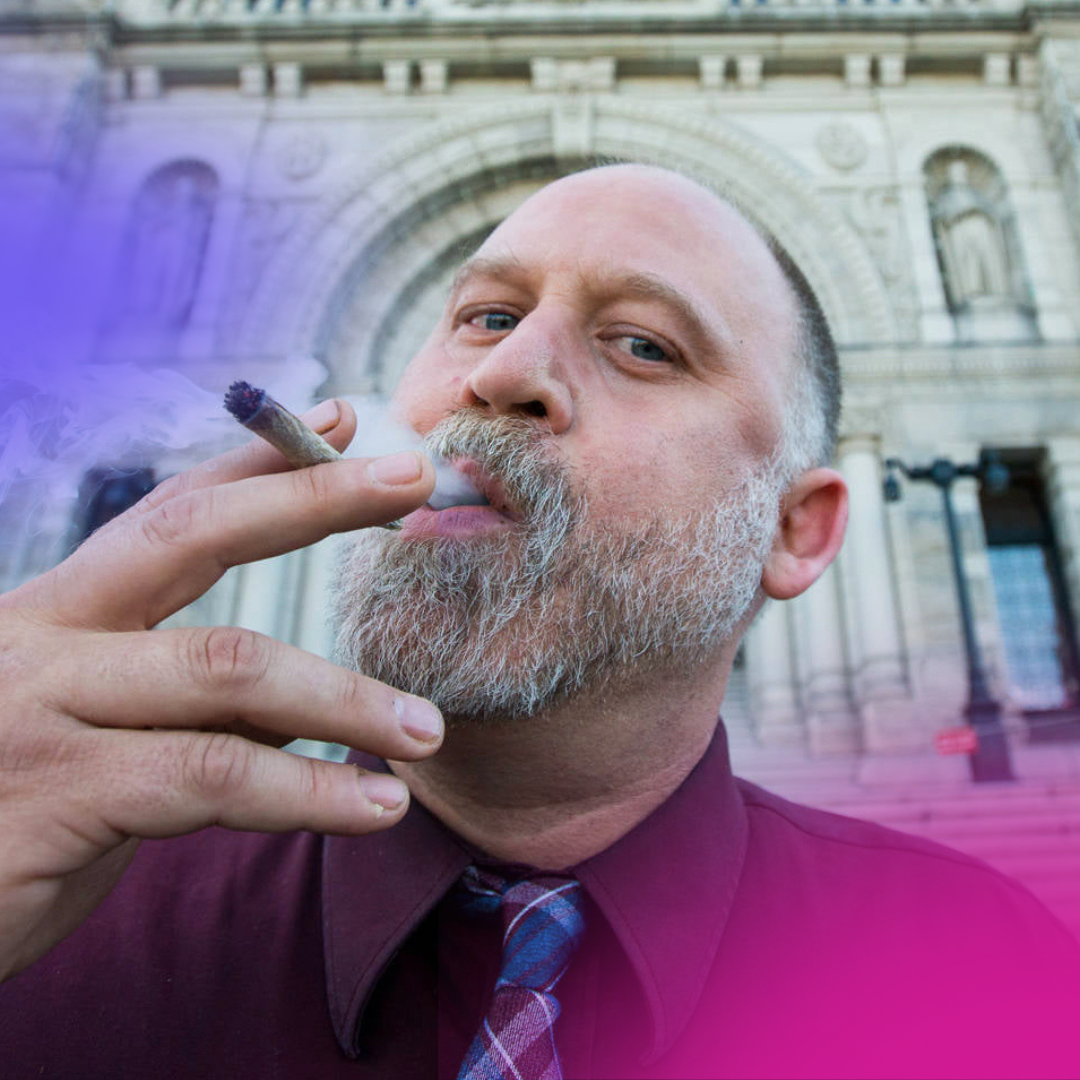
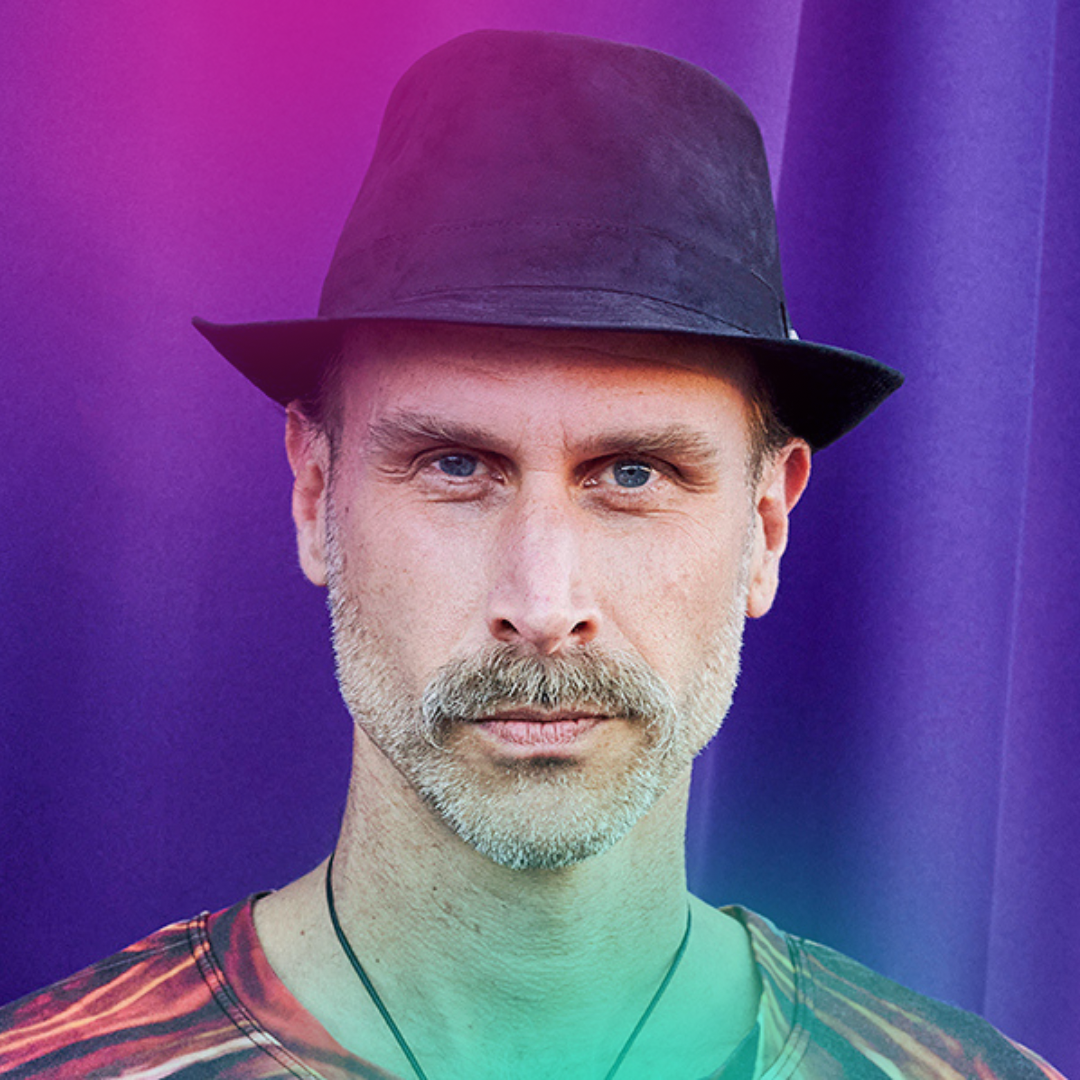
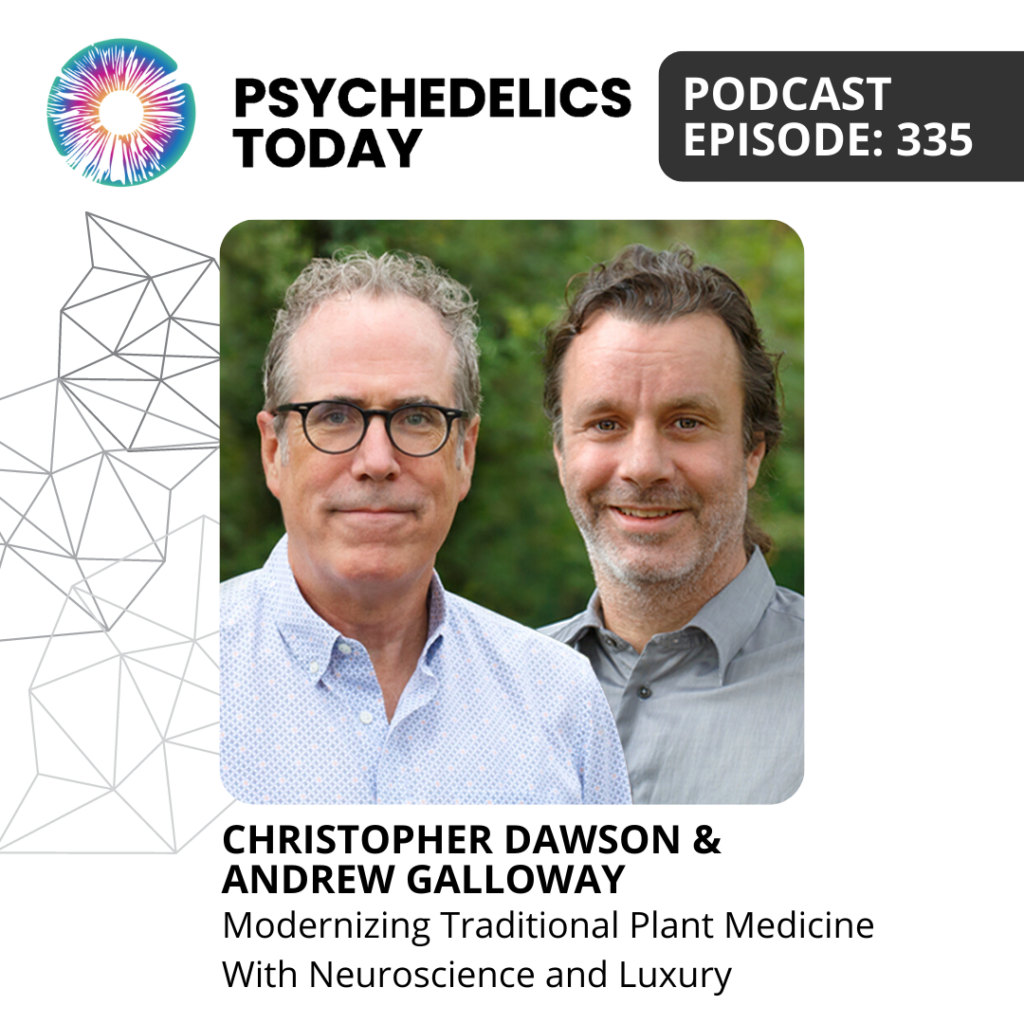

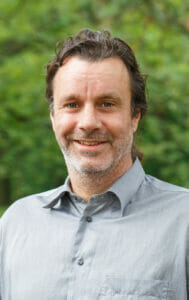




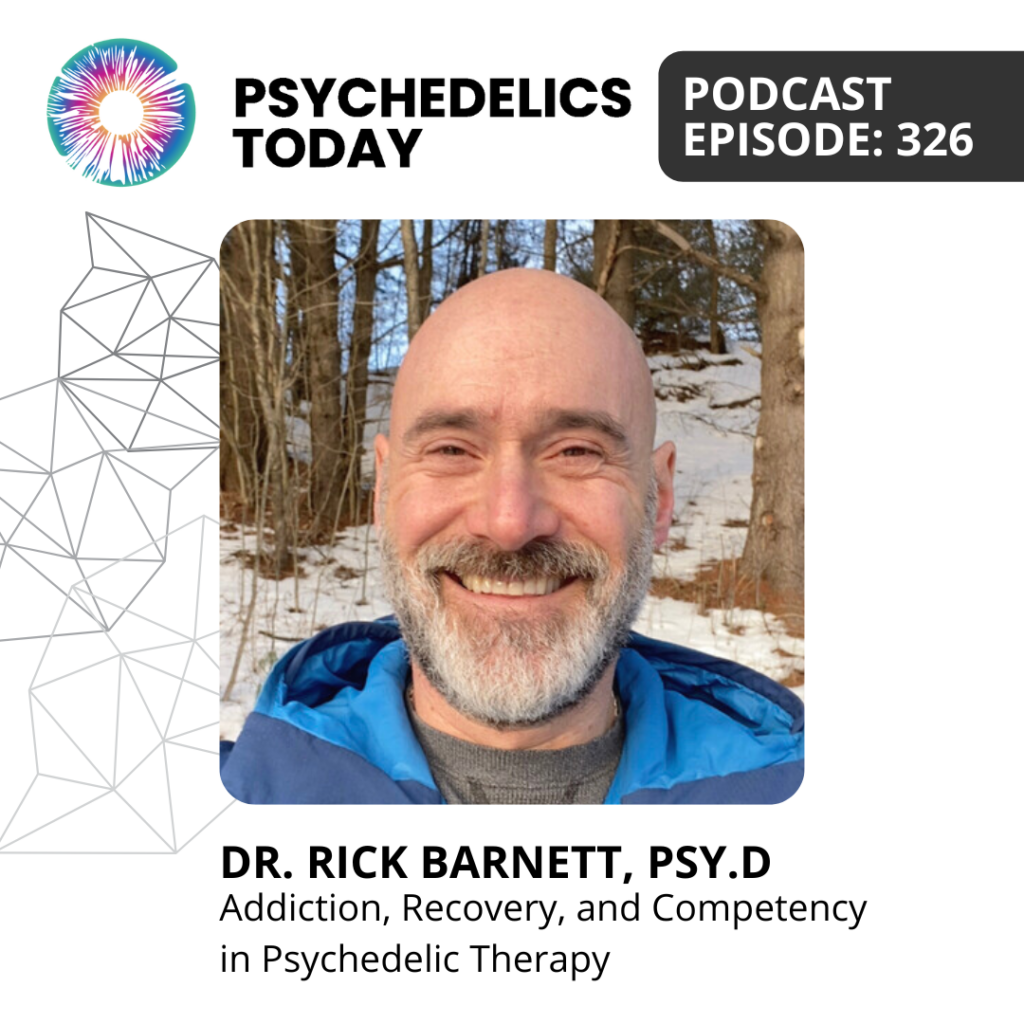
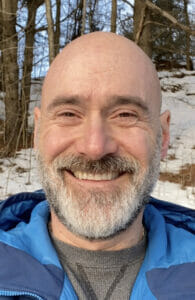
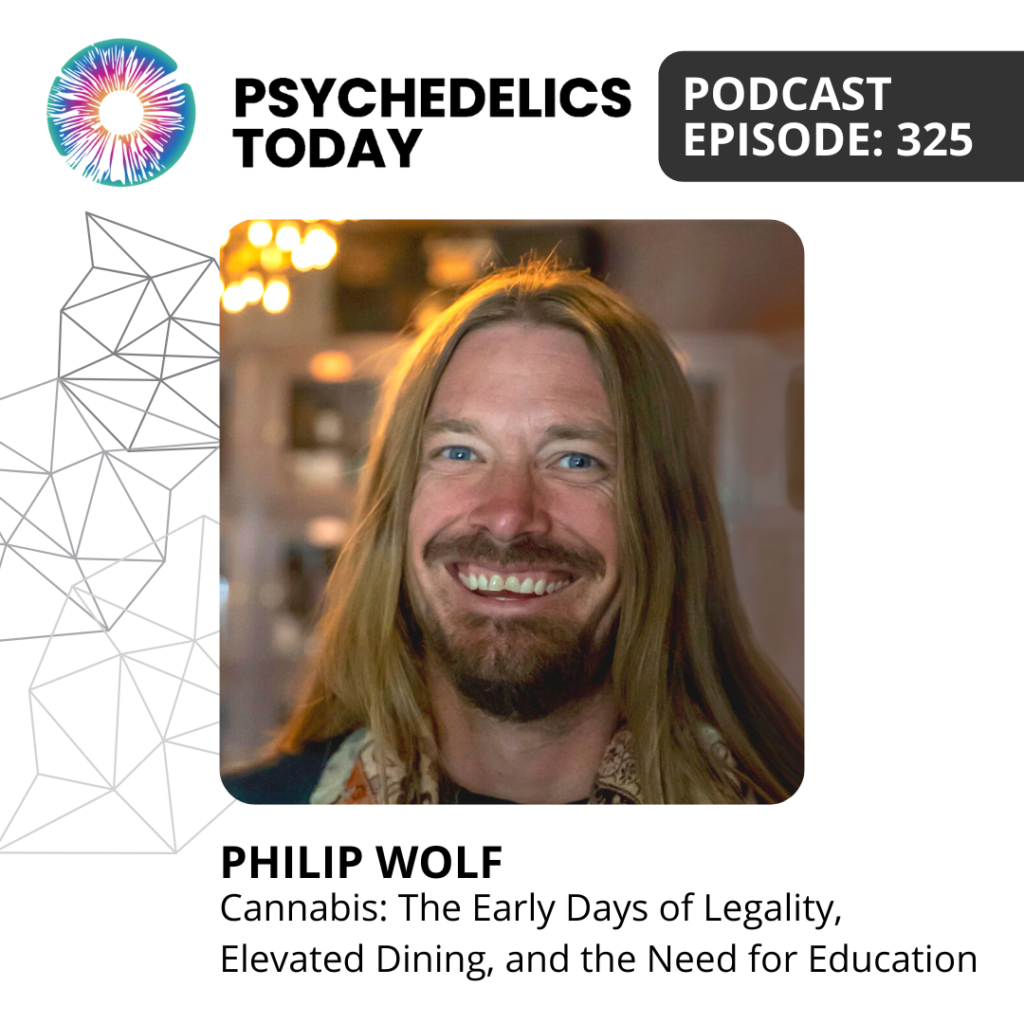





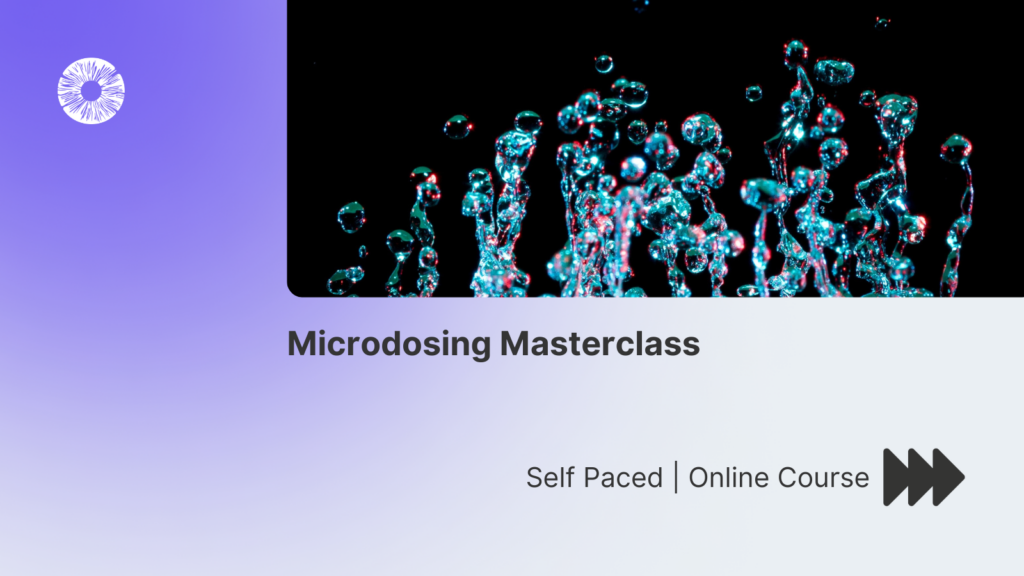
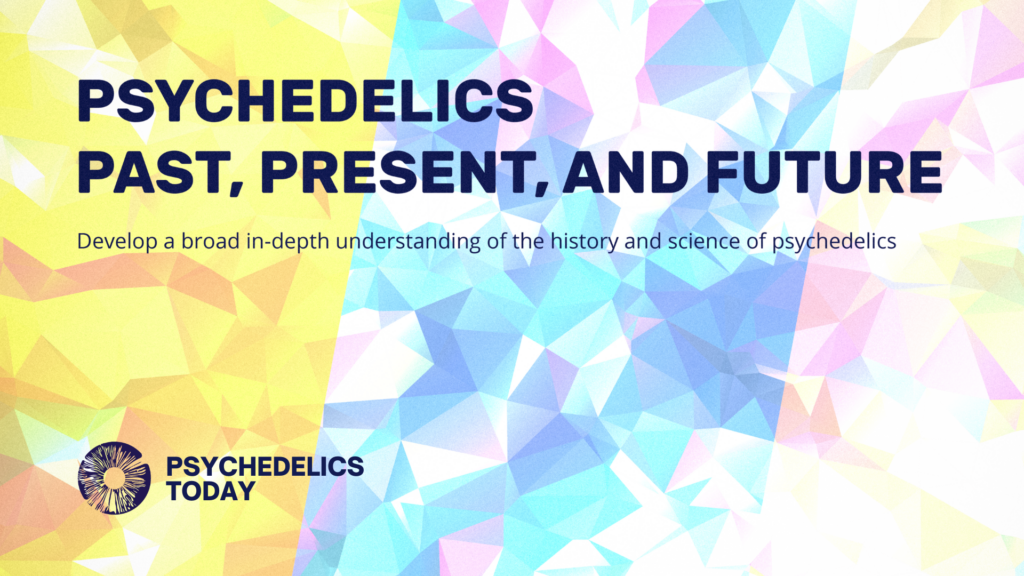
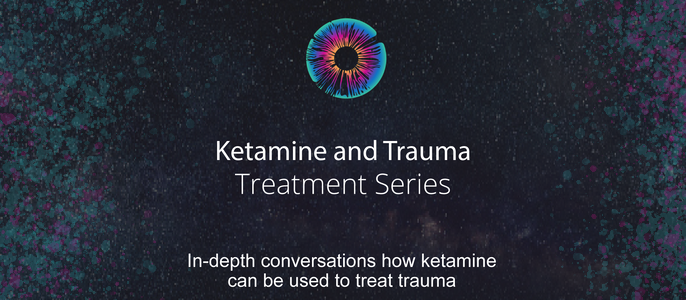
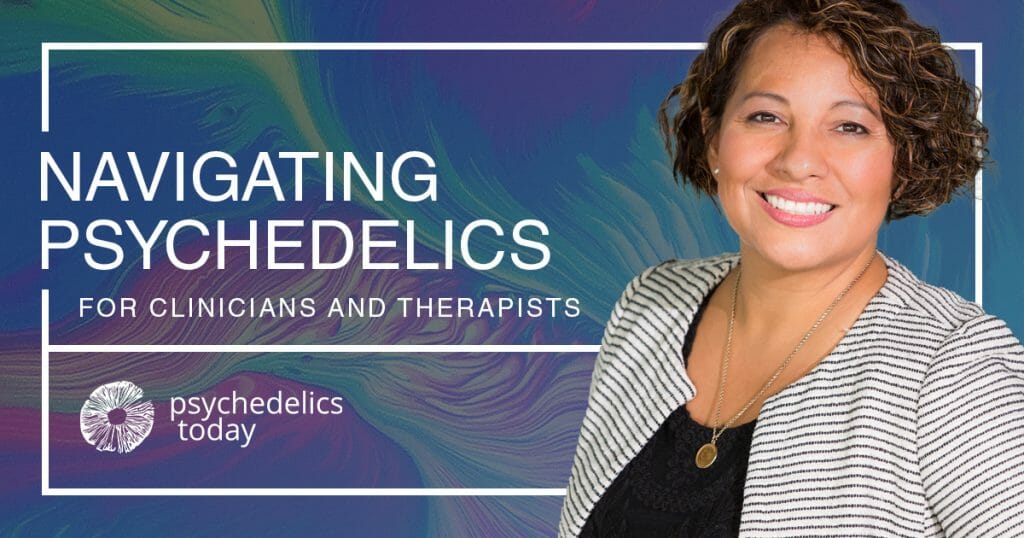
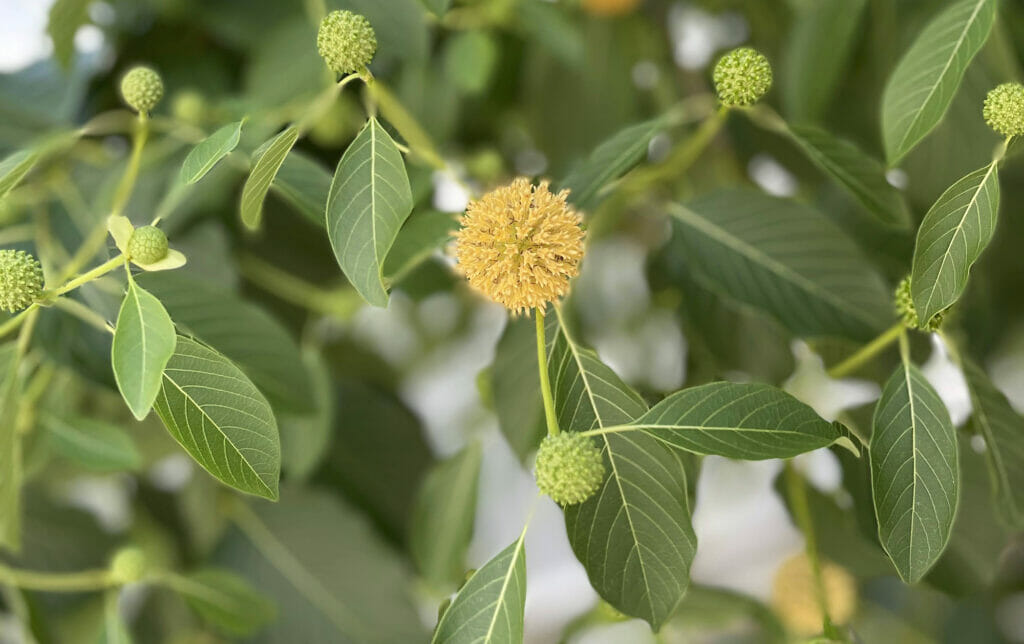

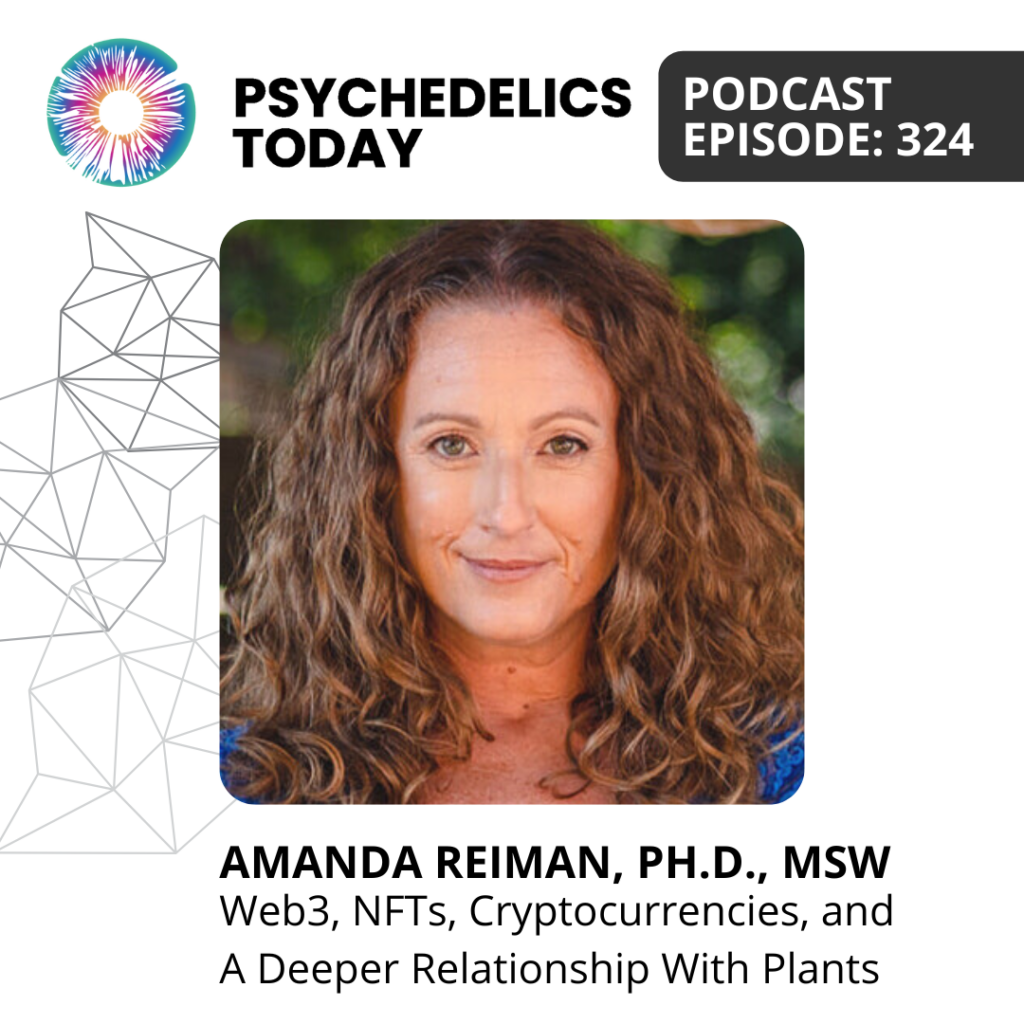


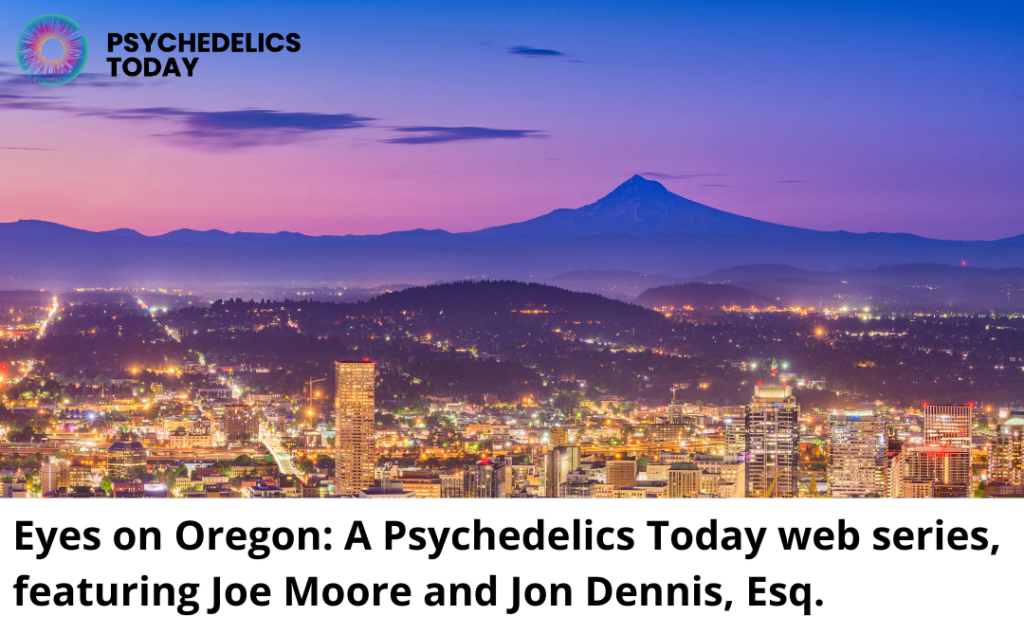

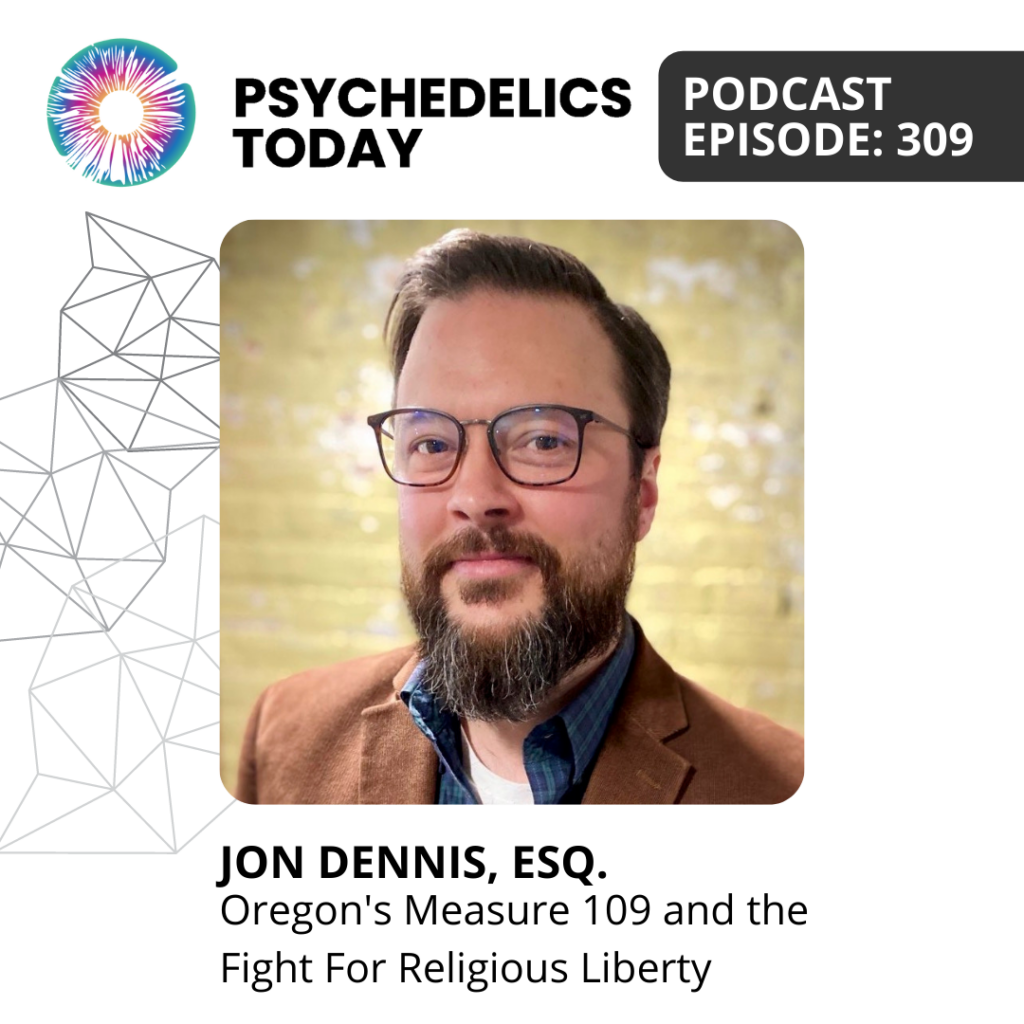
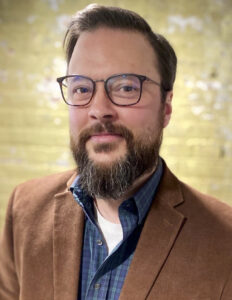 Jon Dennis, Esq. is a lawyer and activist in the psychedelics ecosystem and a consultant at the firm,
Jon Dennis, Esq. is a lawyer and activist in the psychedelics ecosystem and a consultant at the firm, 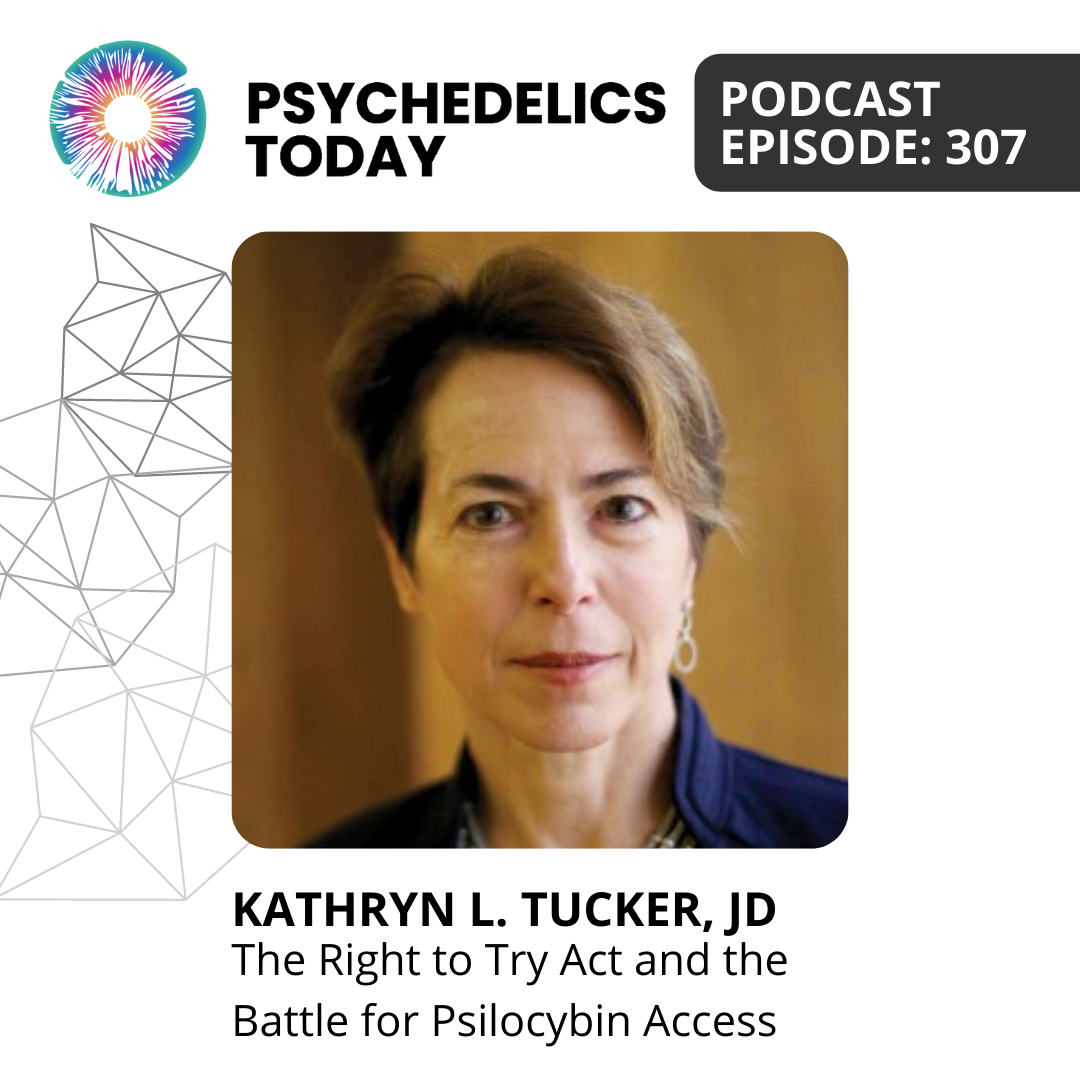






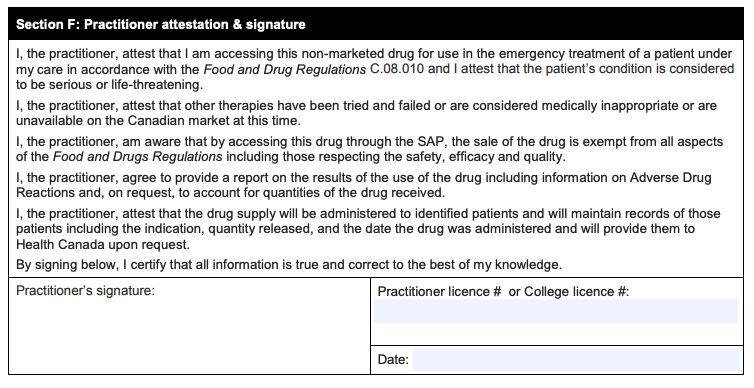
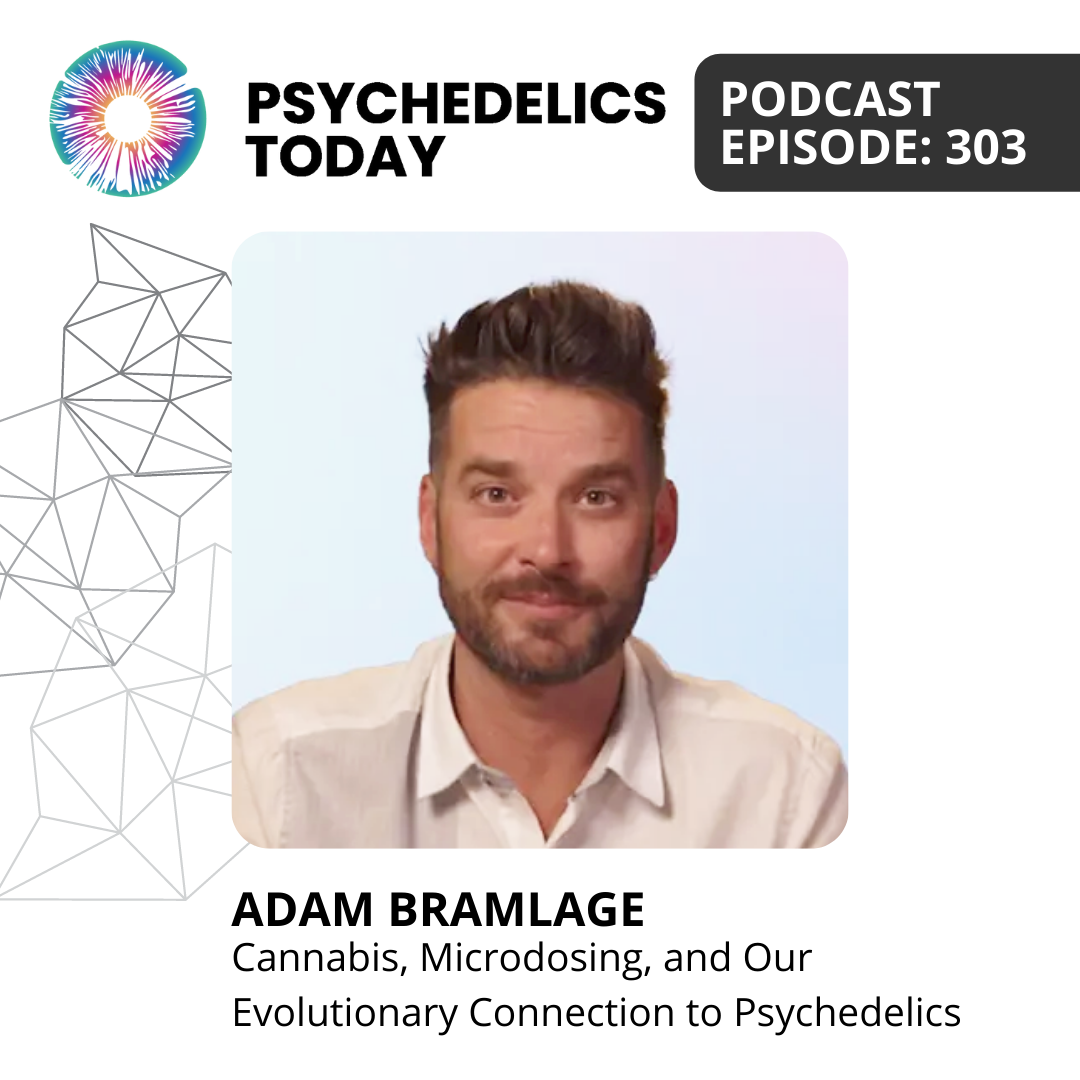


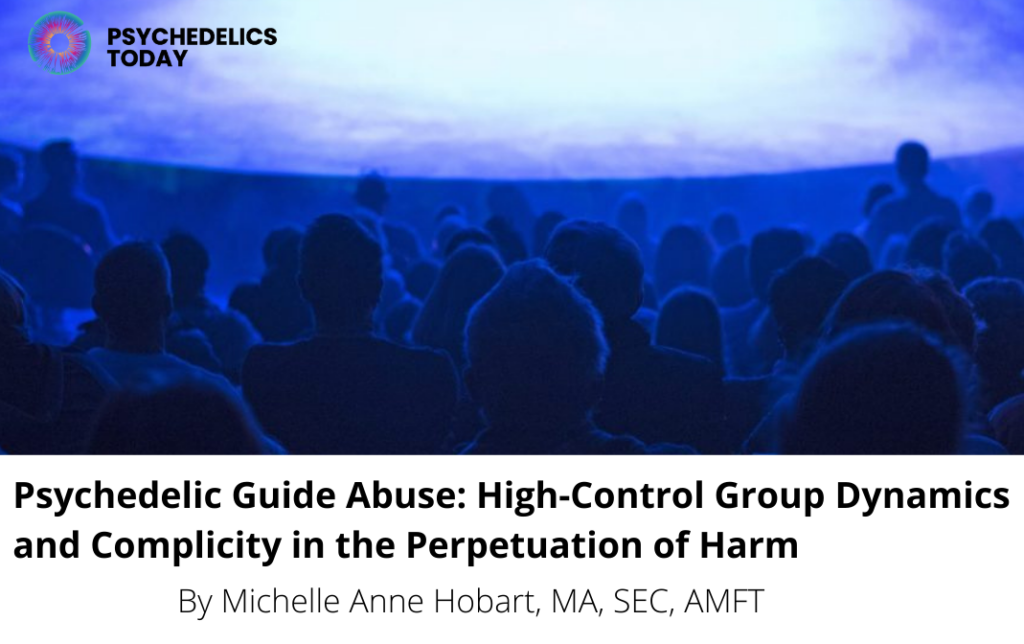
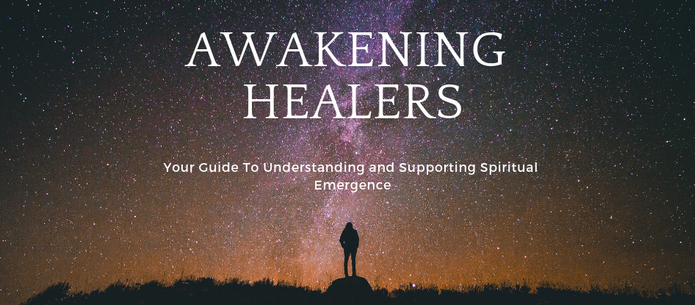

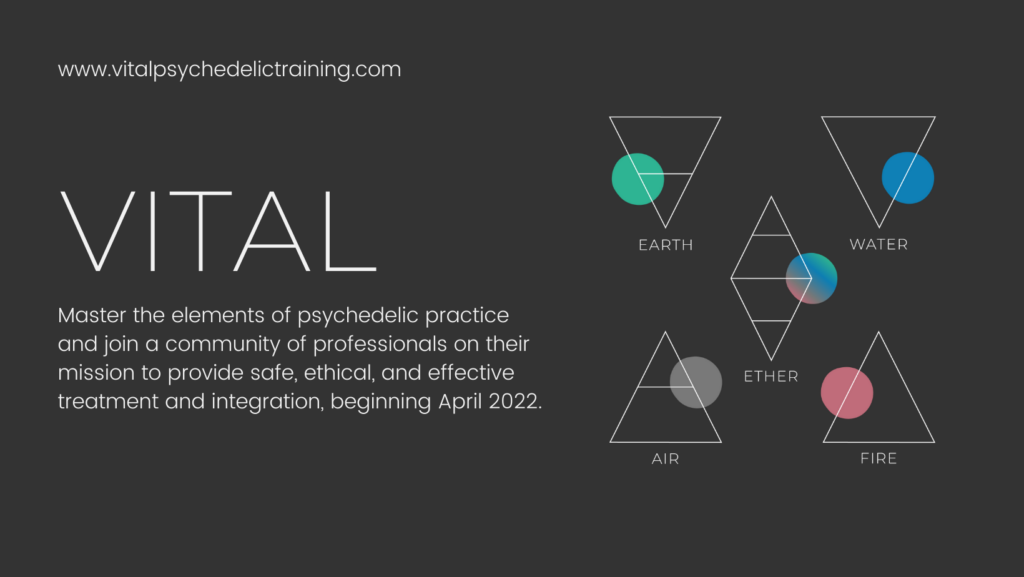
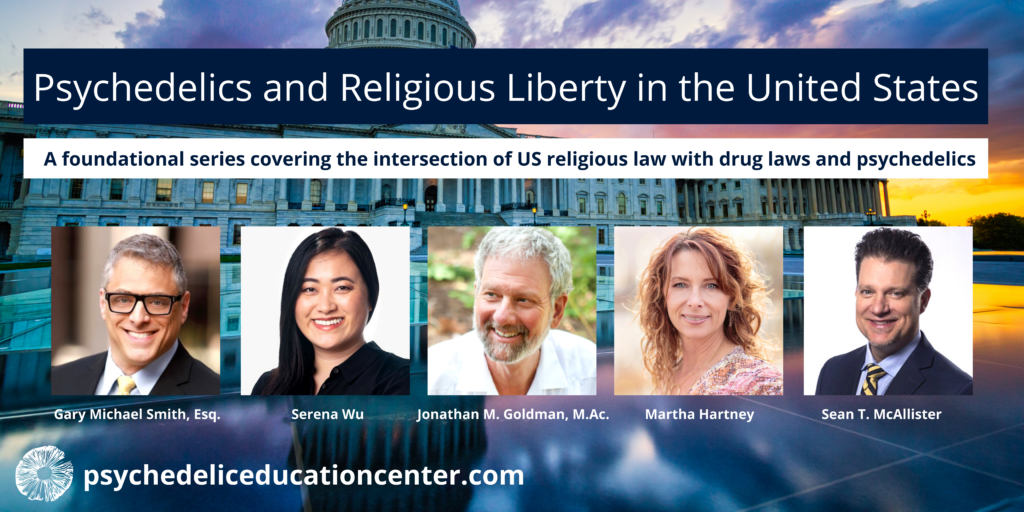
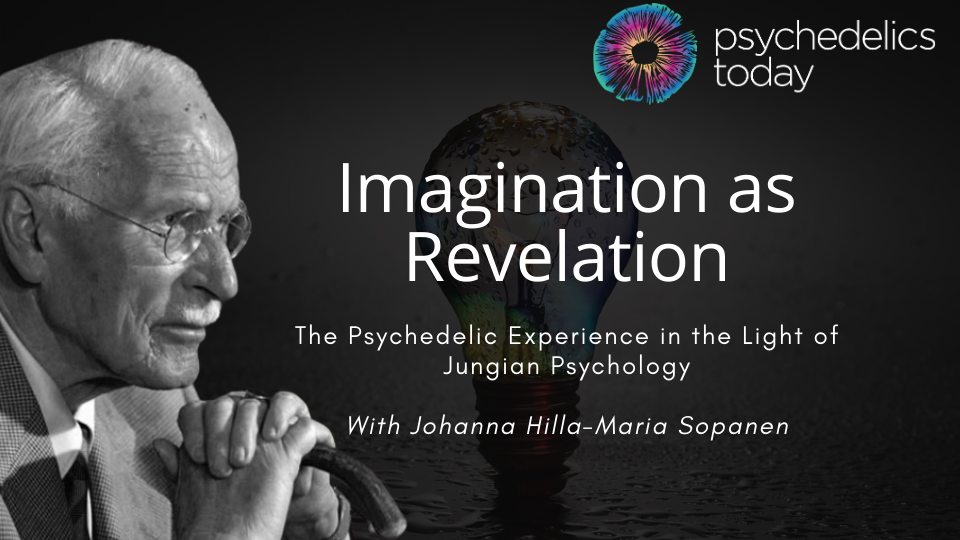
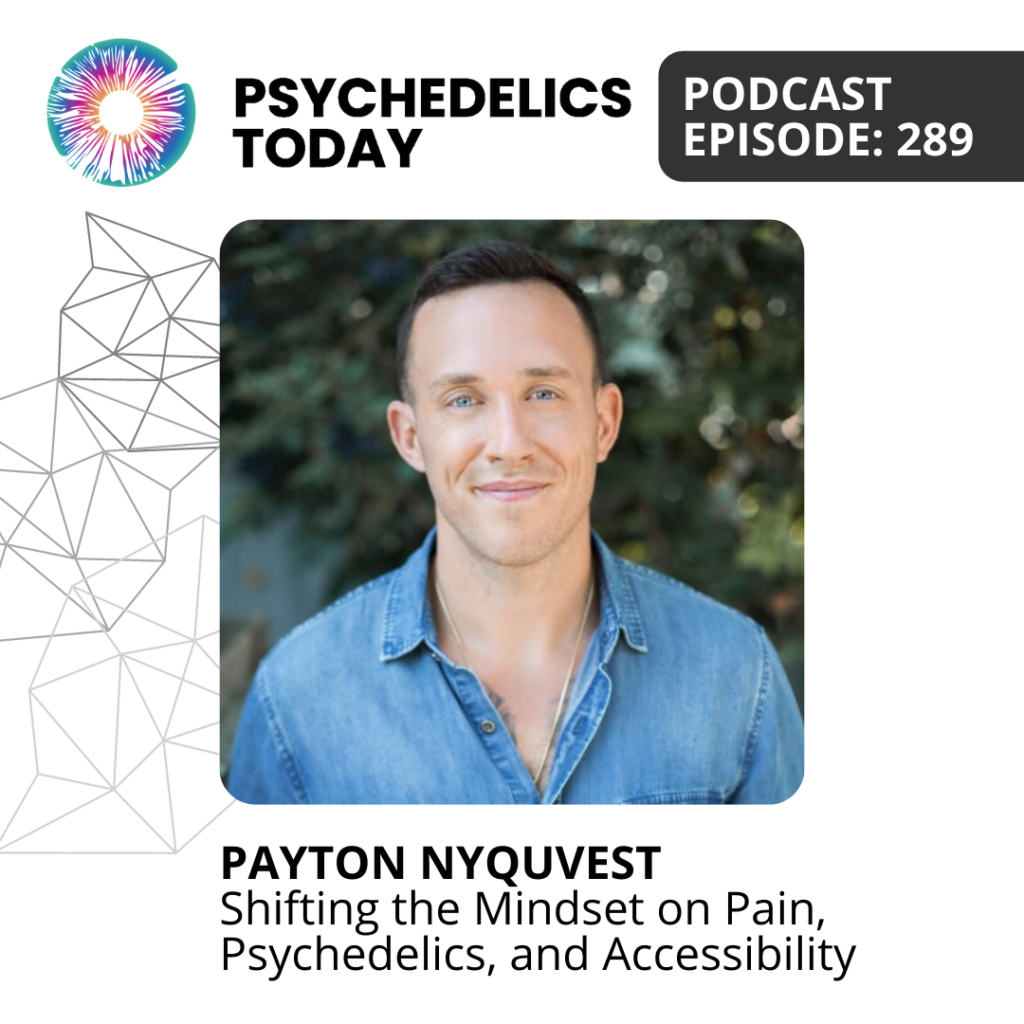

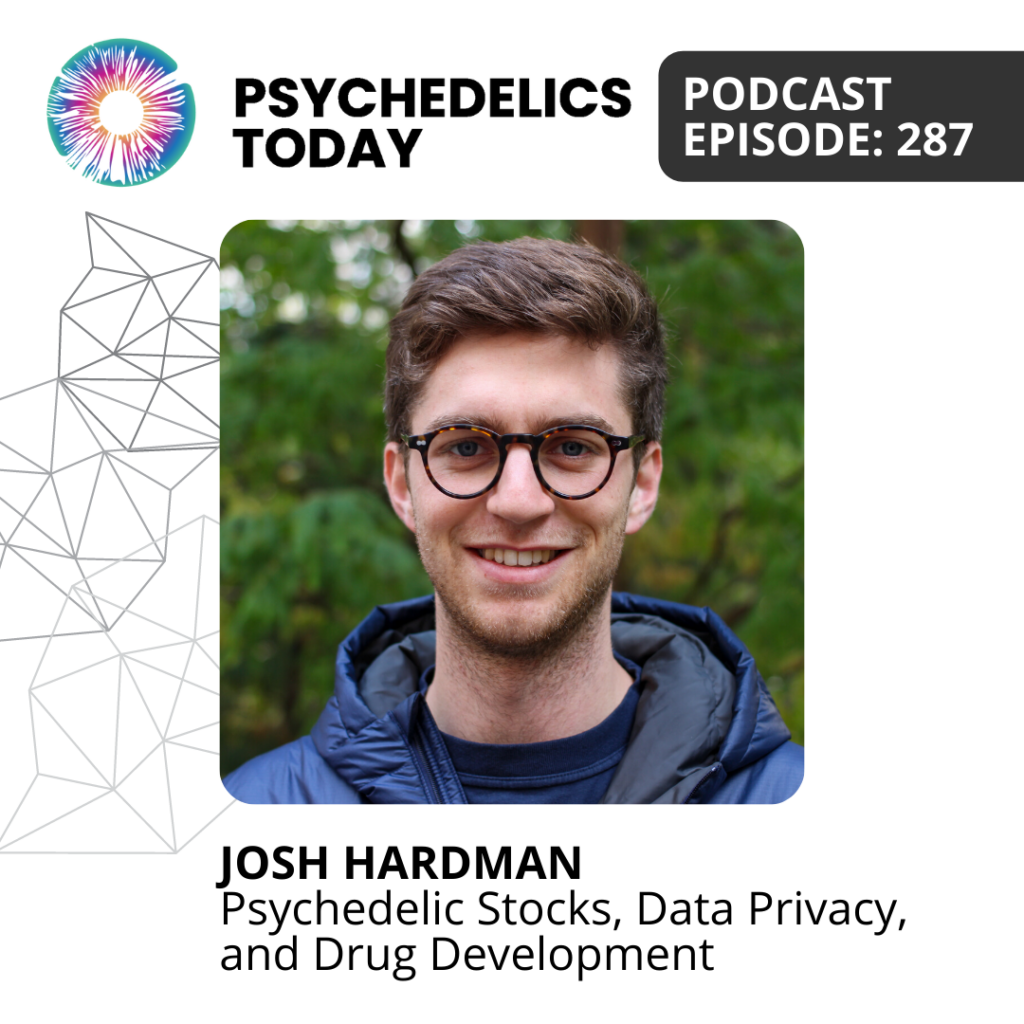

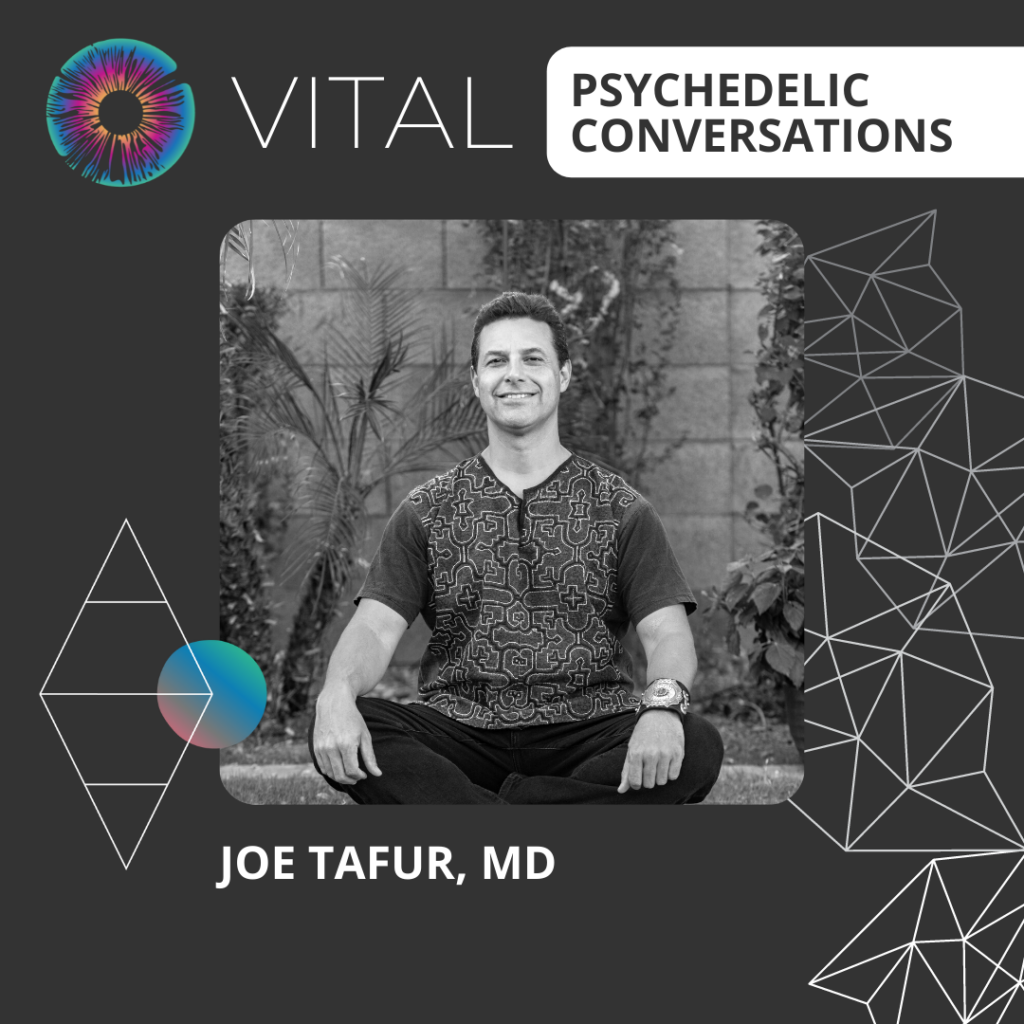
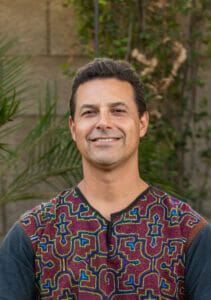
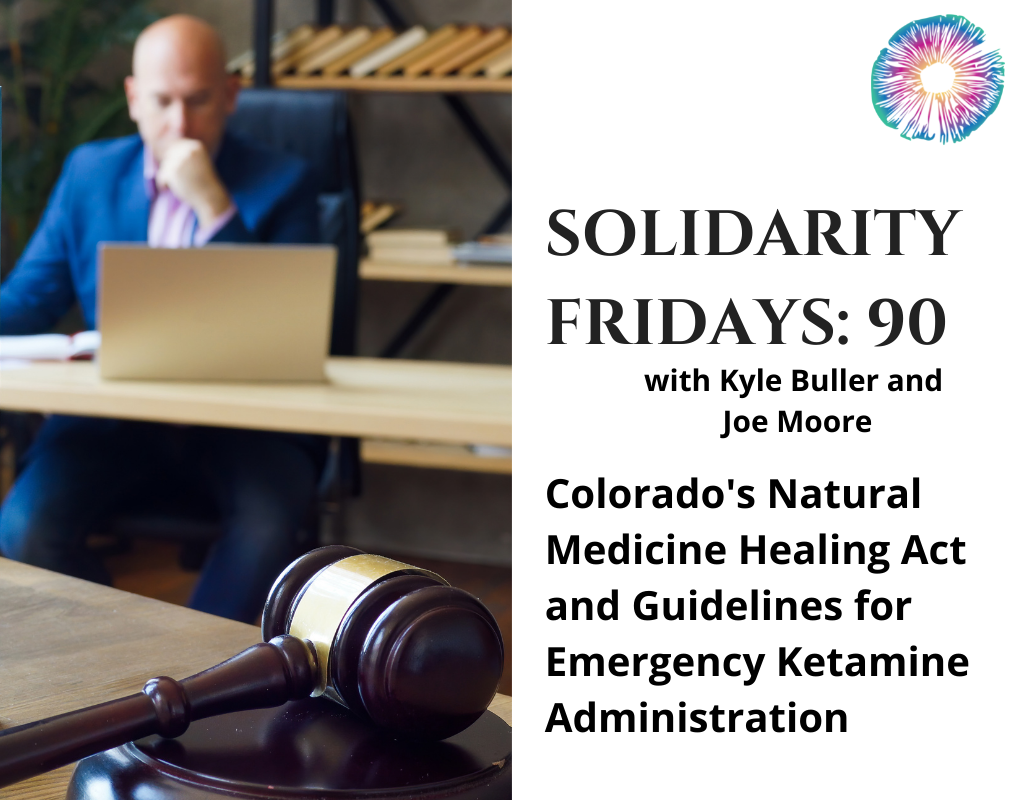
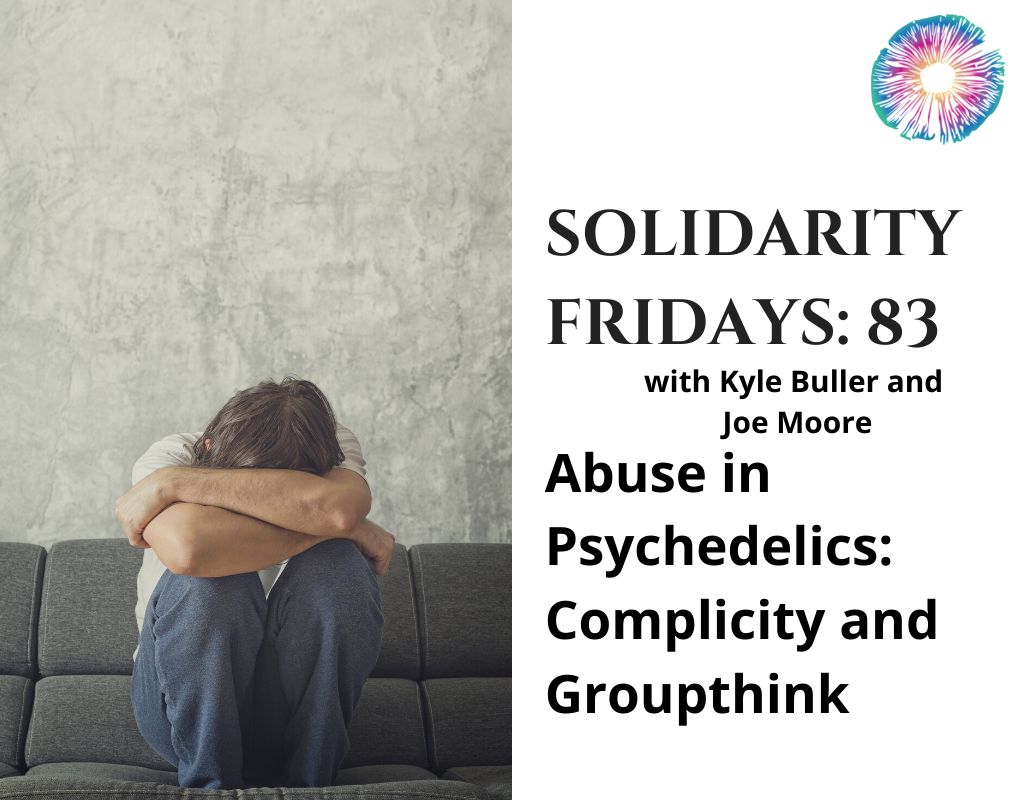
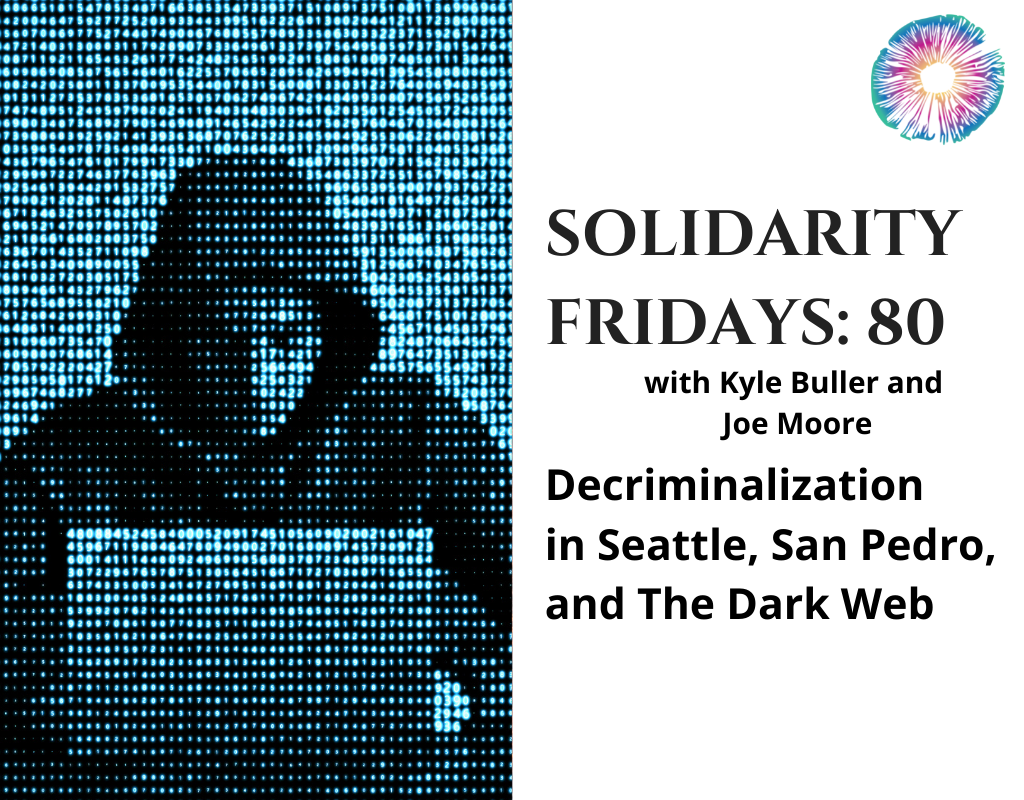
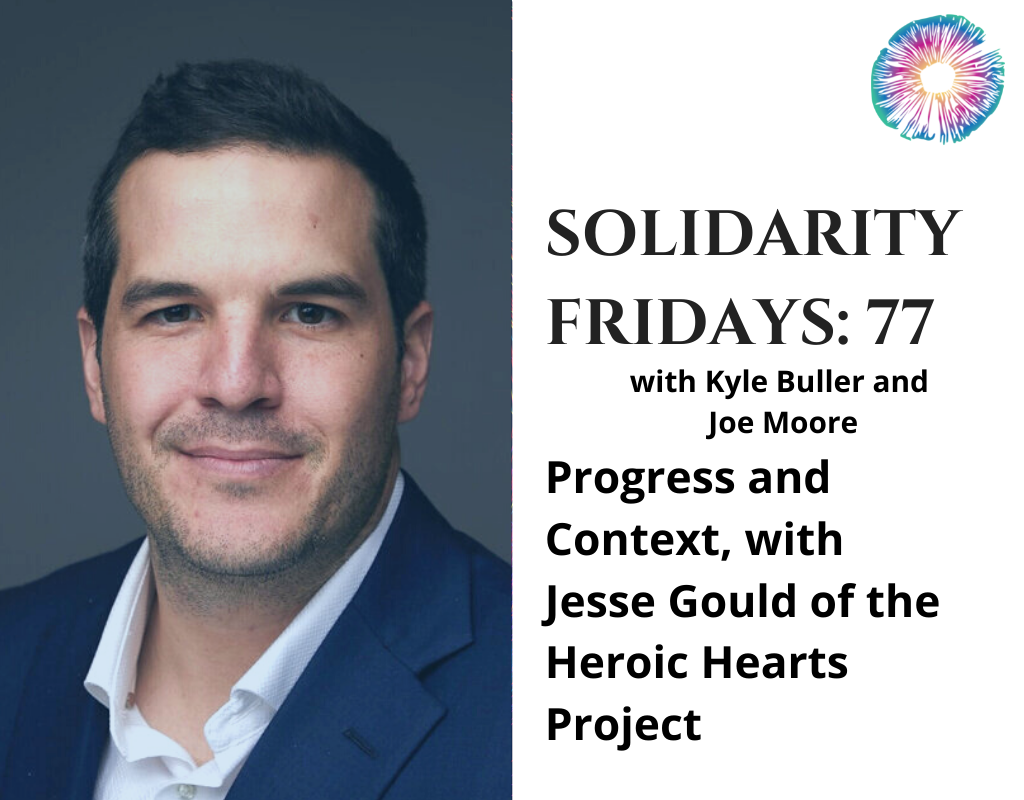
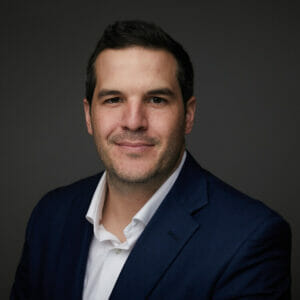

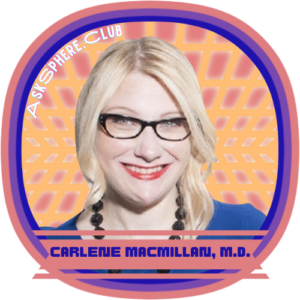
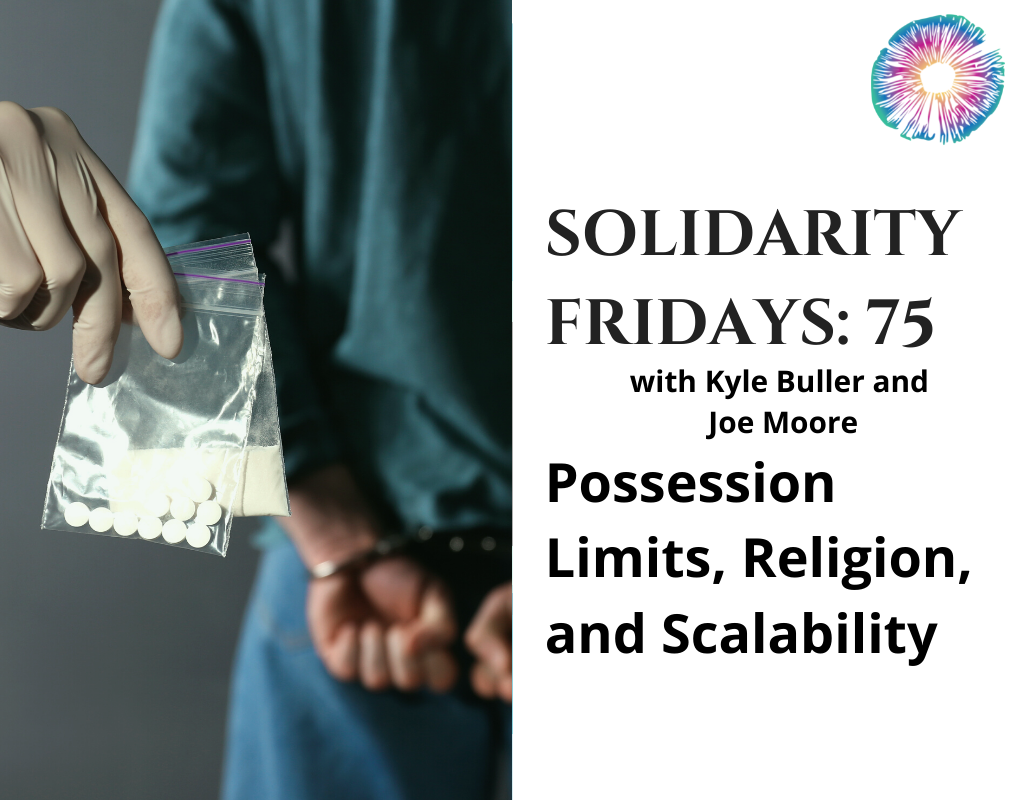
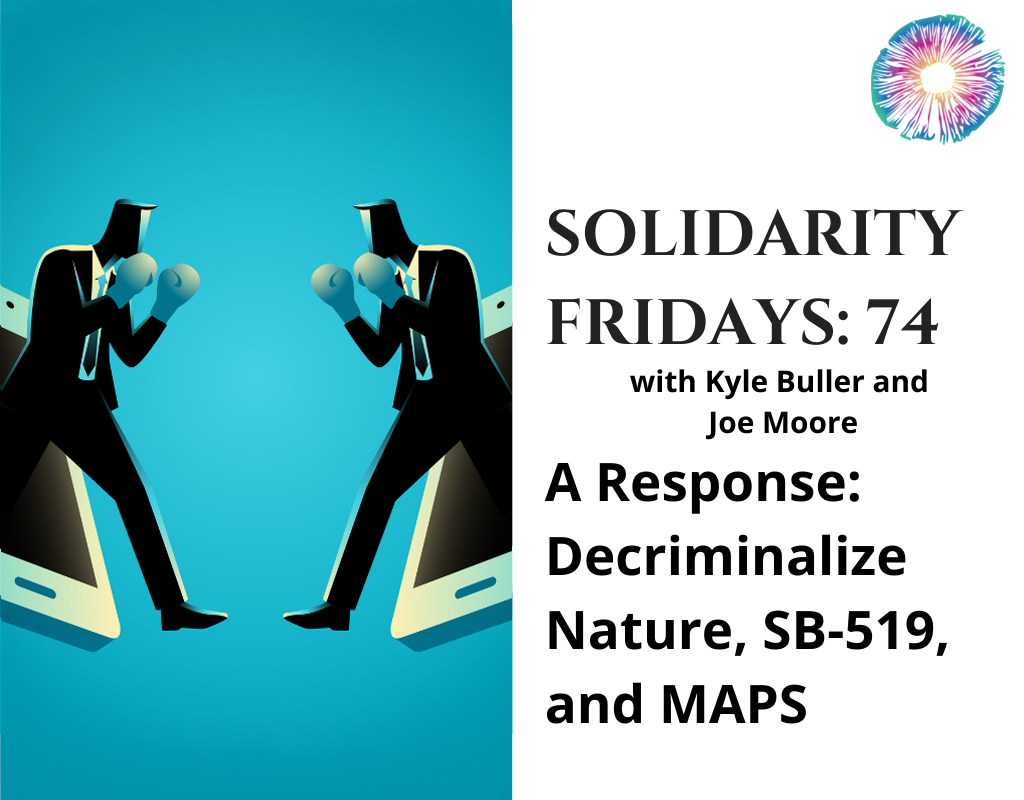
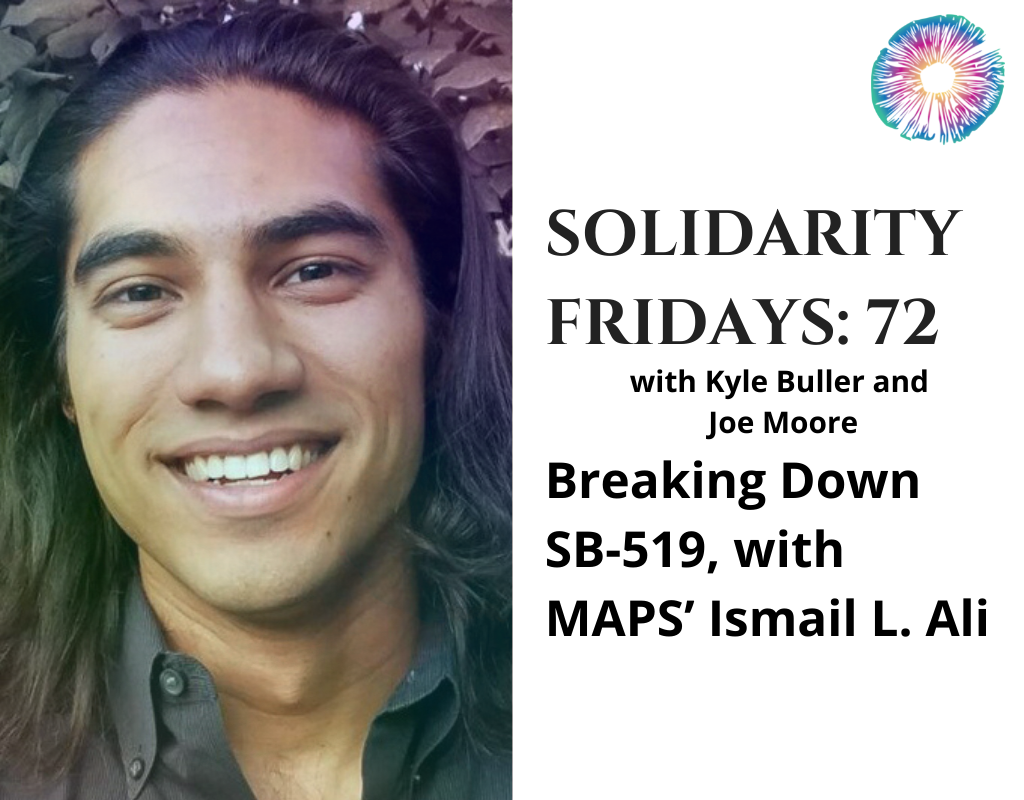


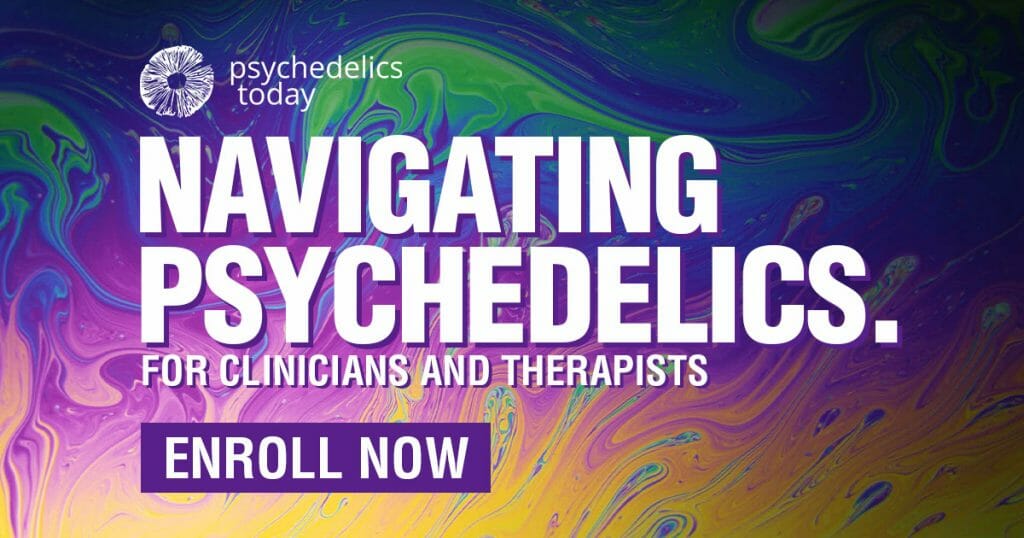
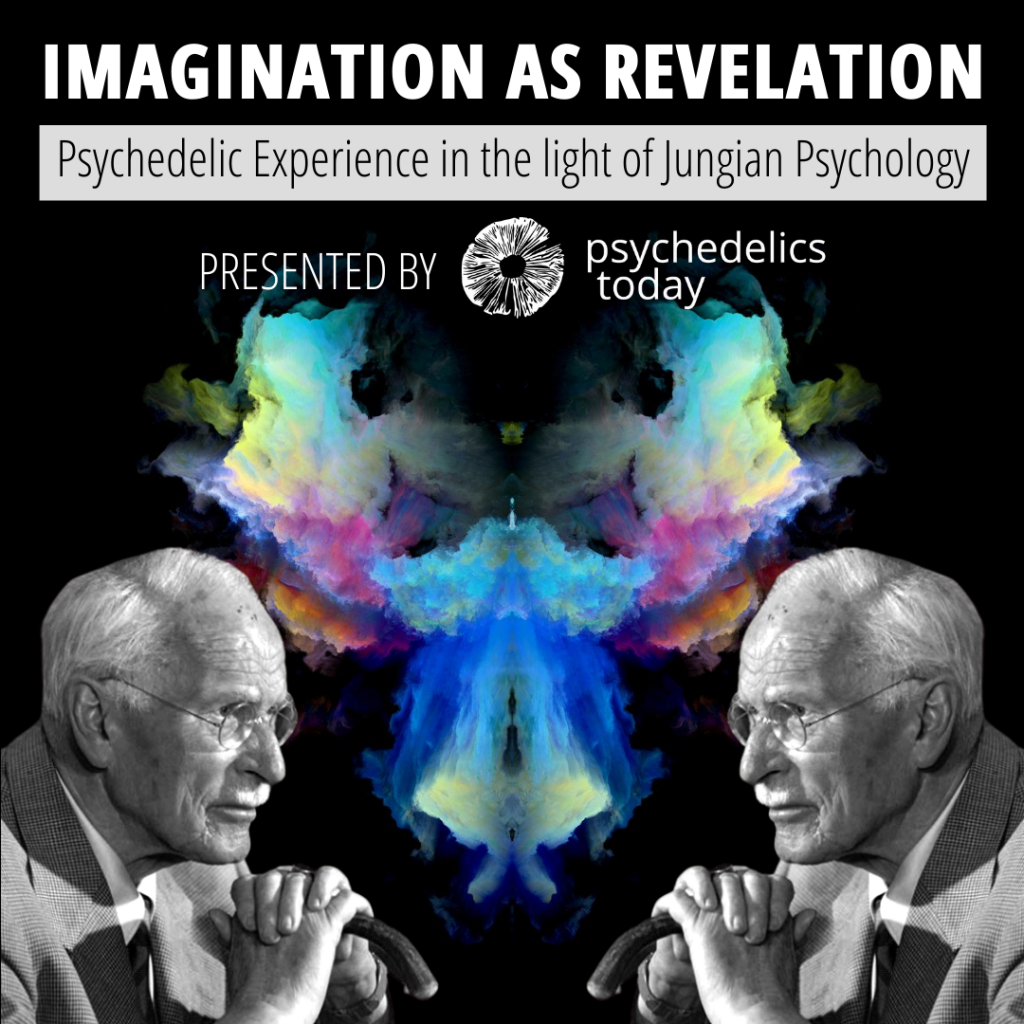

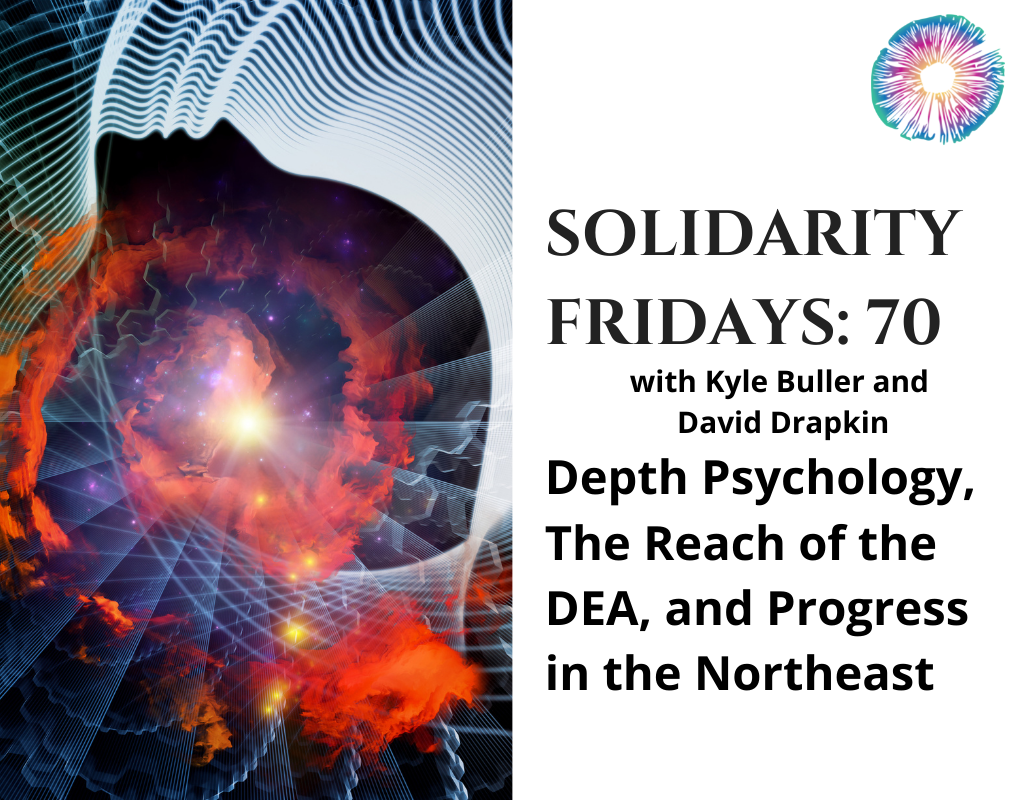

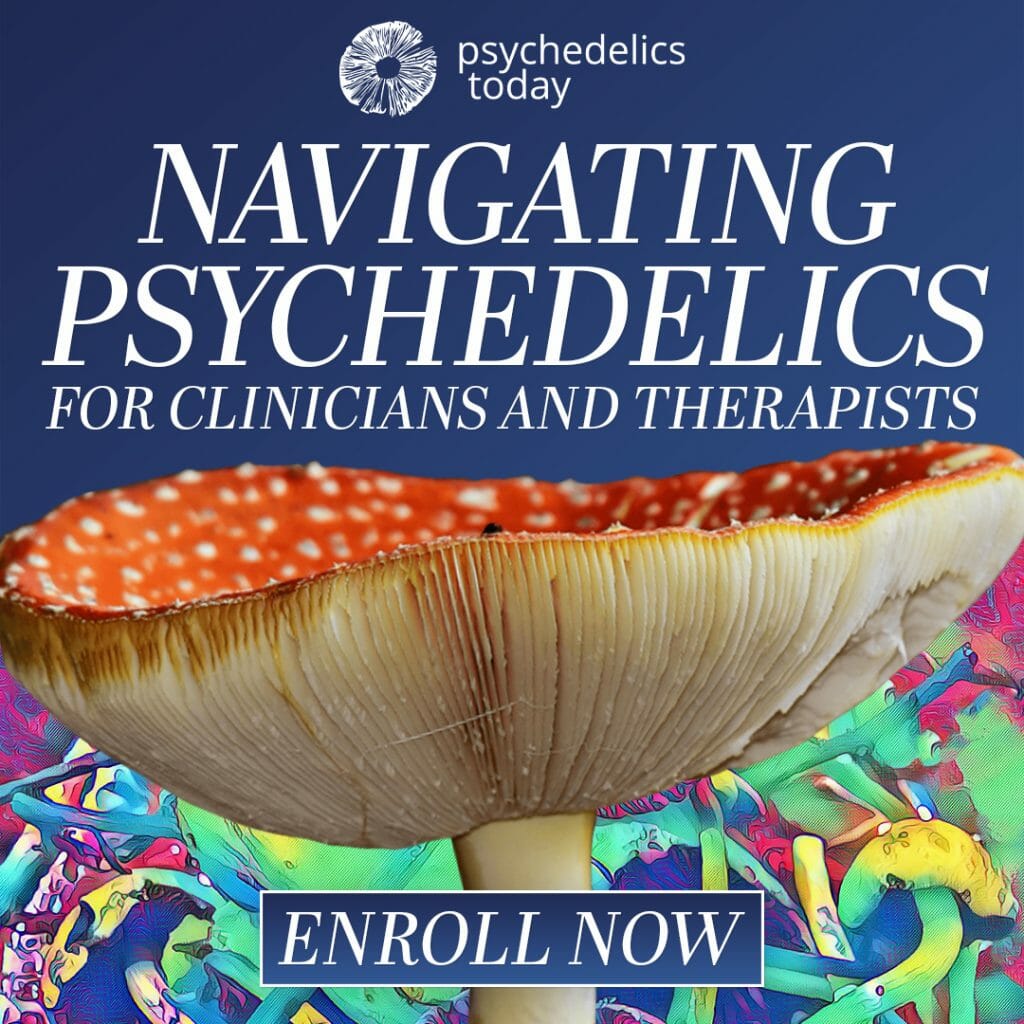
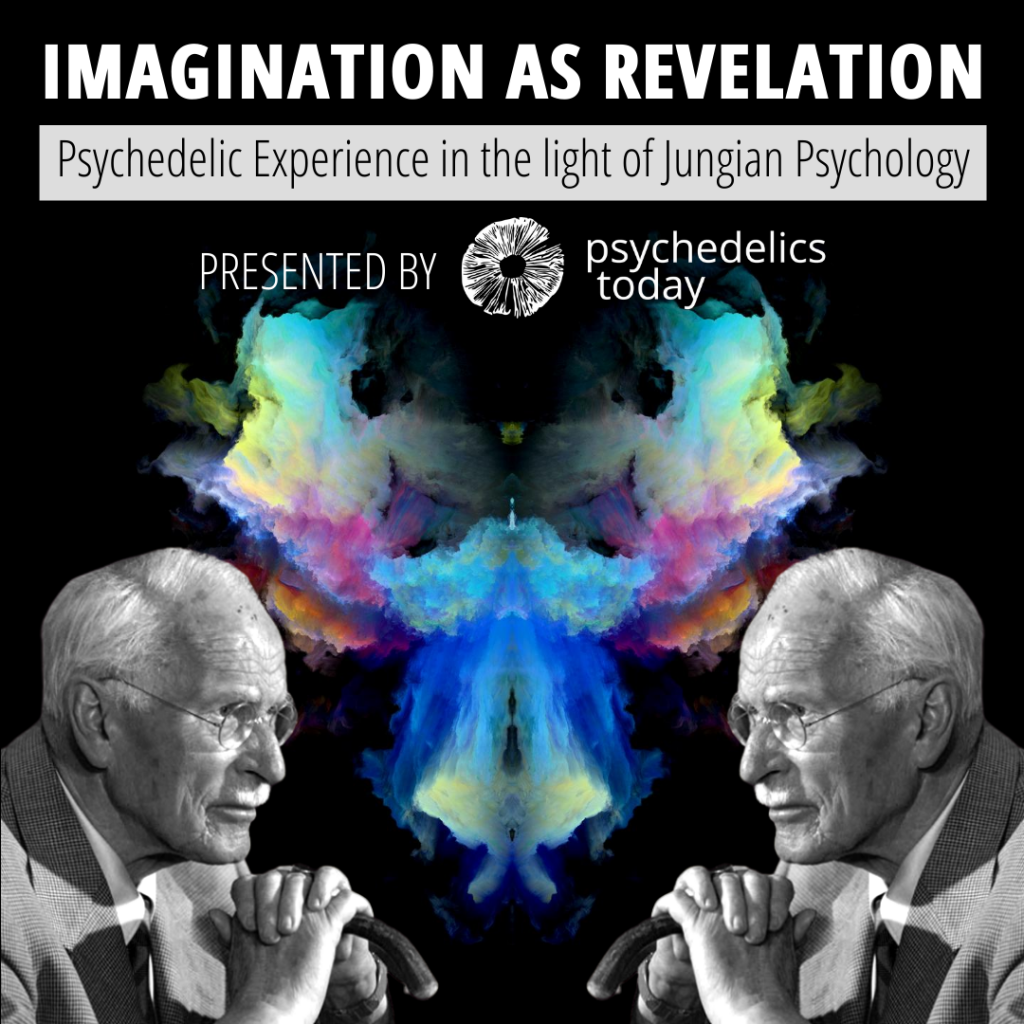
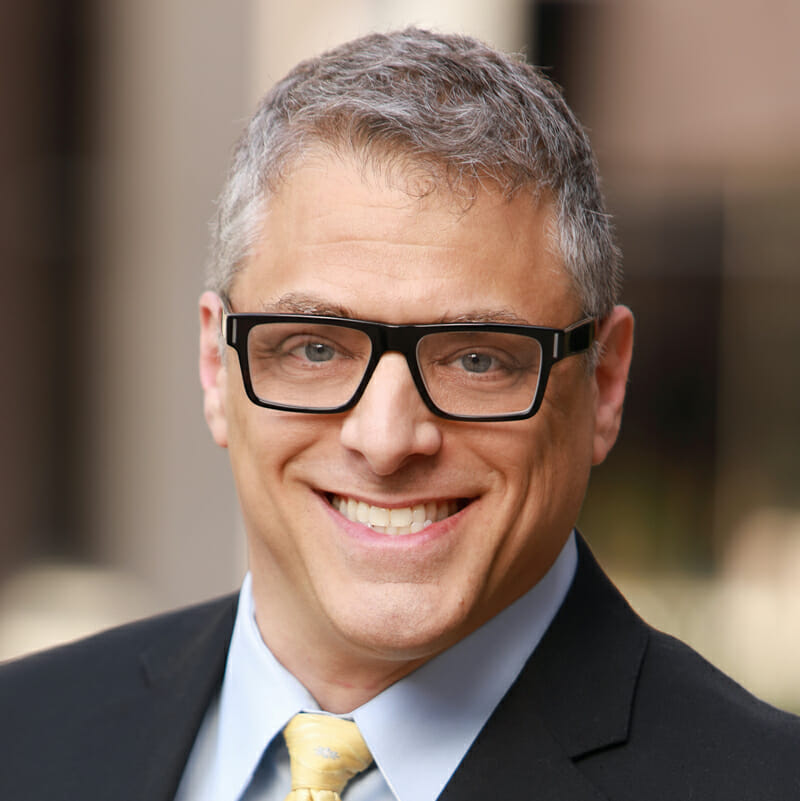

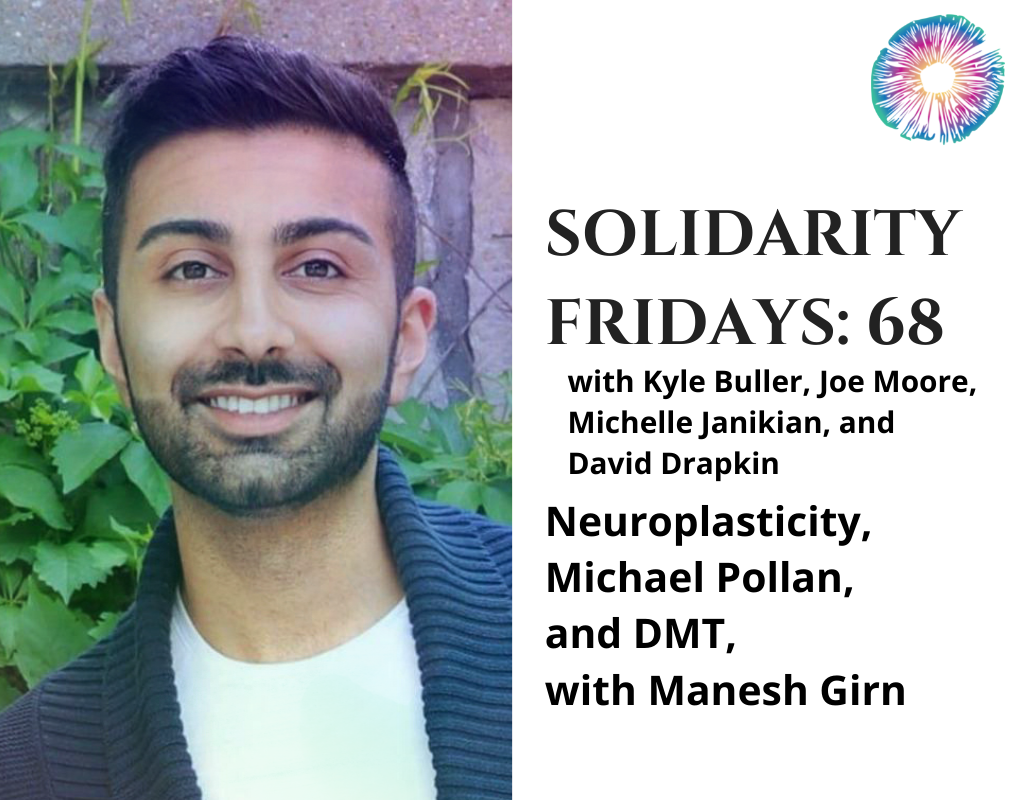
 Manesh is a Ph.D. candidate in Neuroscience at McGill University and has been lead or co-author on over a dozen scientific publications and book chapters on topics including psychedelics, meditation, mind-wandering, and the default-mode network. His PhD dissertation focuses on the default-mode network and he is also conducting research on the brain mechanisms underlying LSD, psilocybin, and DMT in collaboration with Dr. Robin Carhart-Harris and others from the Imperial College London Center for Psychedelic Research. In his free time, he also runs a YouTube channel,
Manesh is a Ph.D. candidate in Neuroscience at McGill University and has been lead or co-author on over a dozen scientific publications and book chapters on topics including psychedelics, meditation, mind-wandering, and the default-mode network. His PhD dissertation focuses on the default-mode network and he is also conducting research on the brain mechanisms underlying LSD, psilocybin, and DMT in collaboration with Dr. Robin Carhart-Harris and others from the Imperial College London Center for Psychedelic Research. In his free time, he also runs a YouTube channel, 